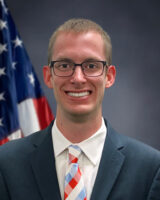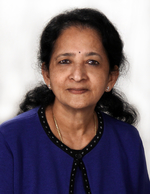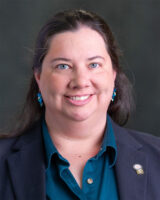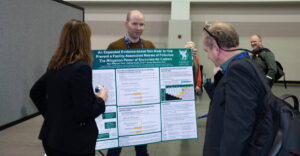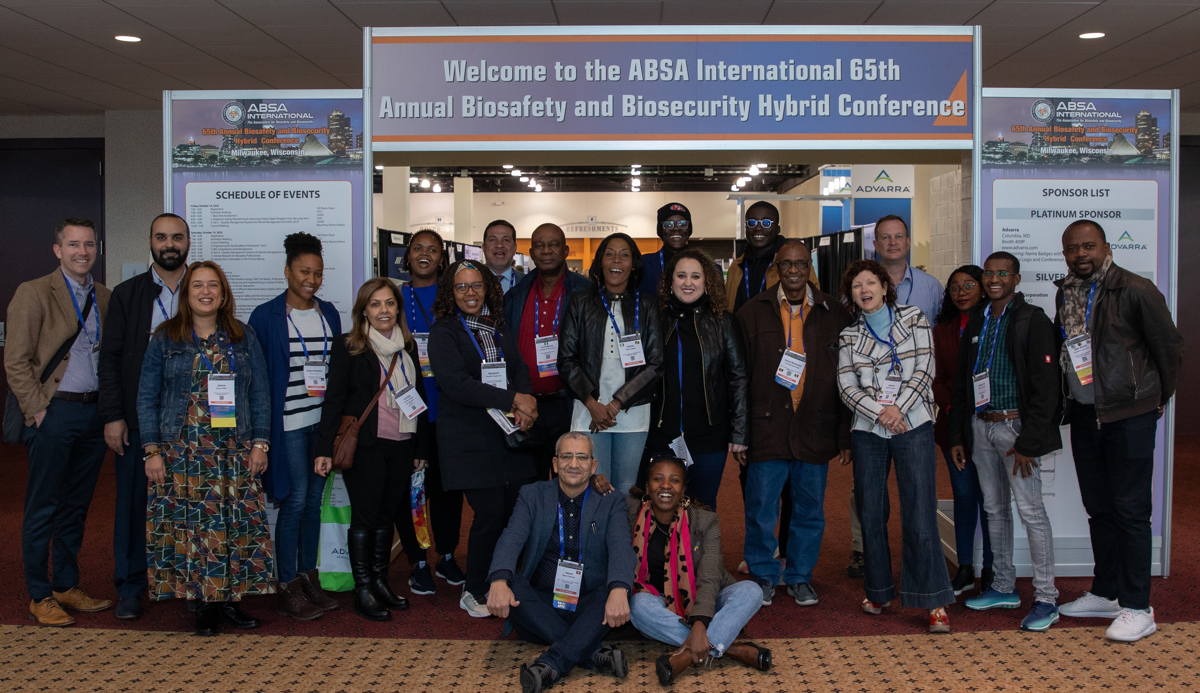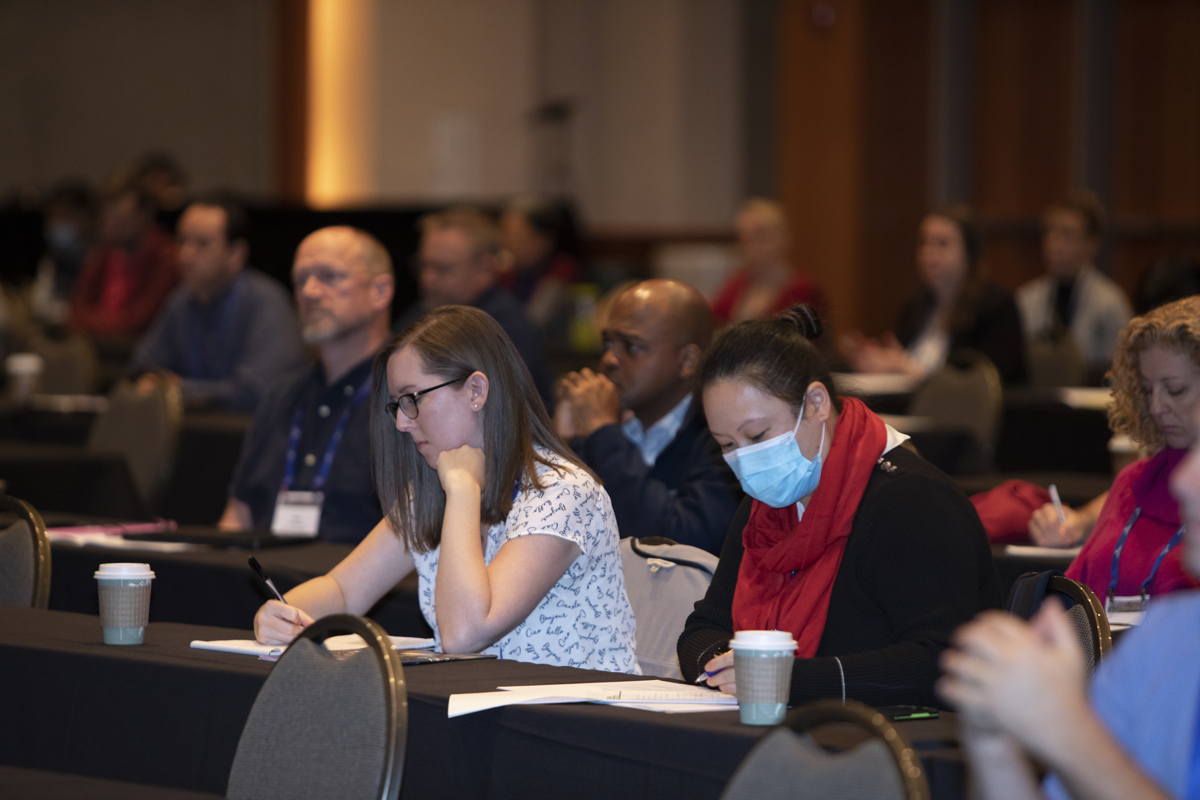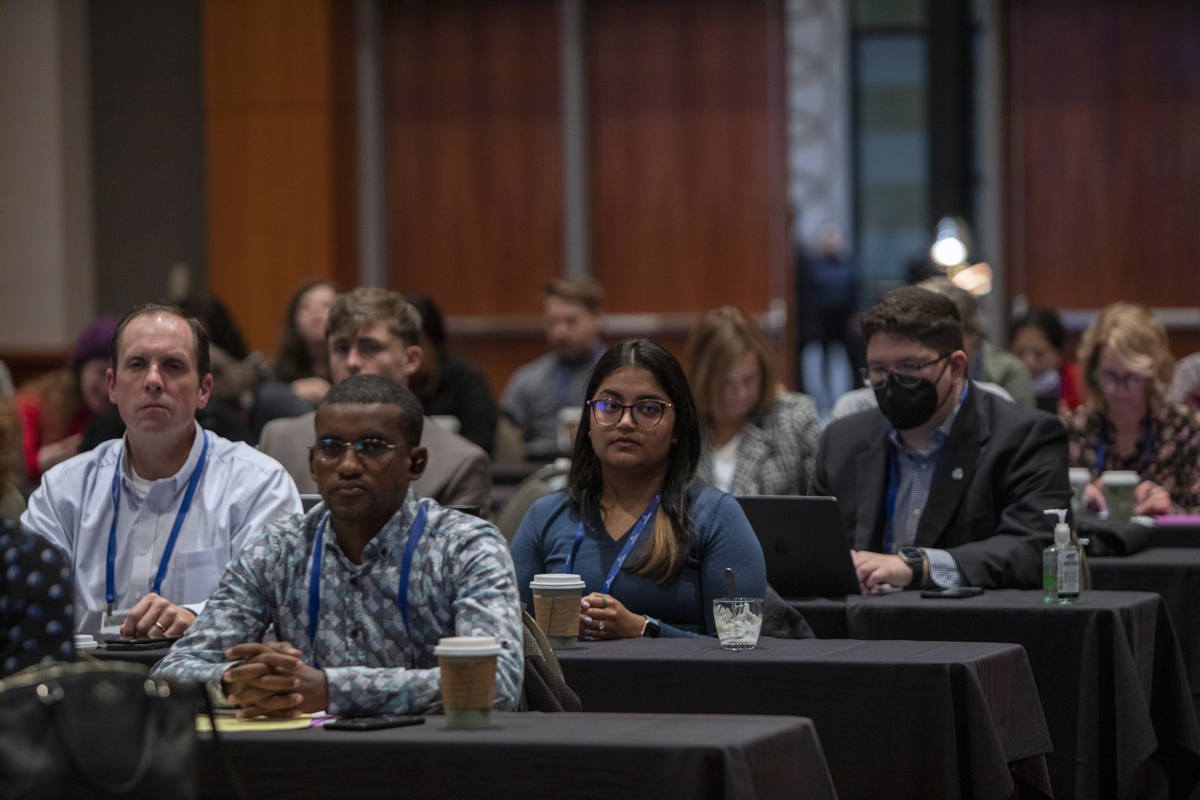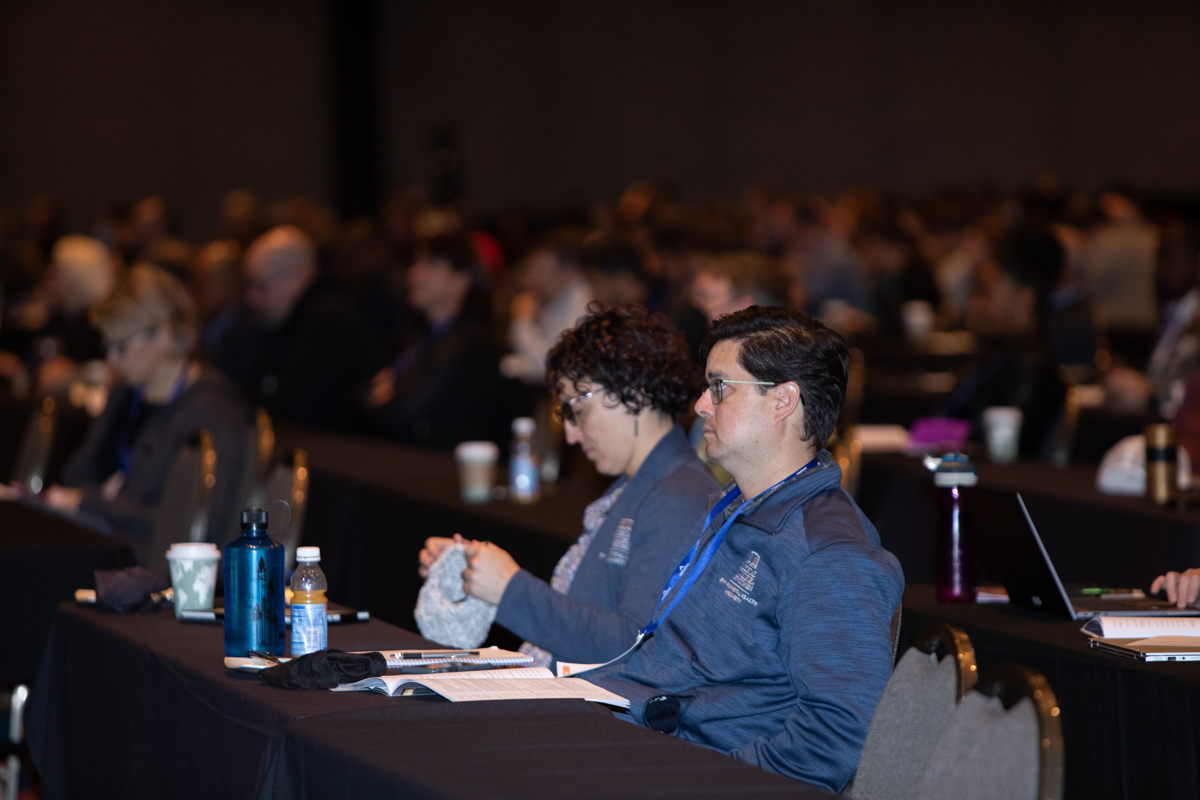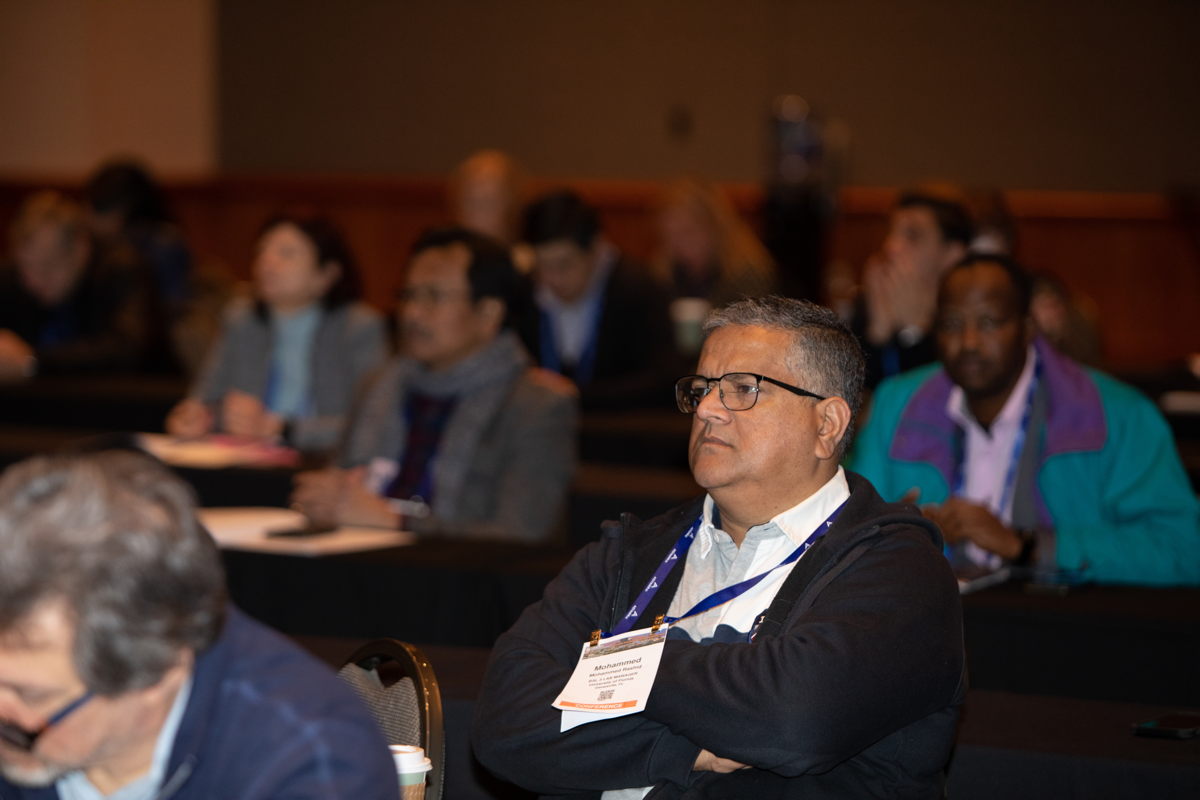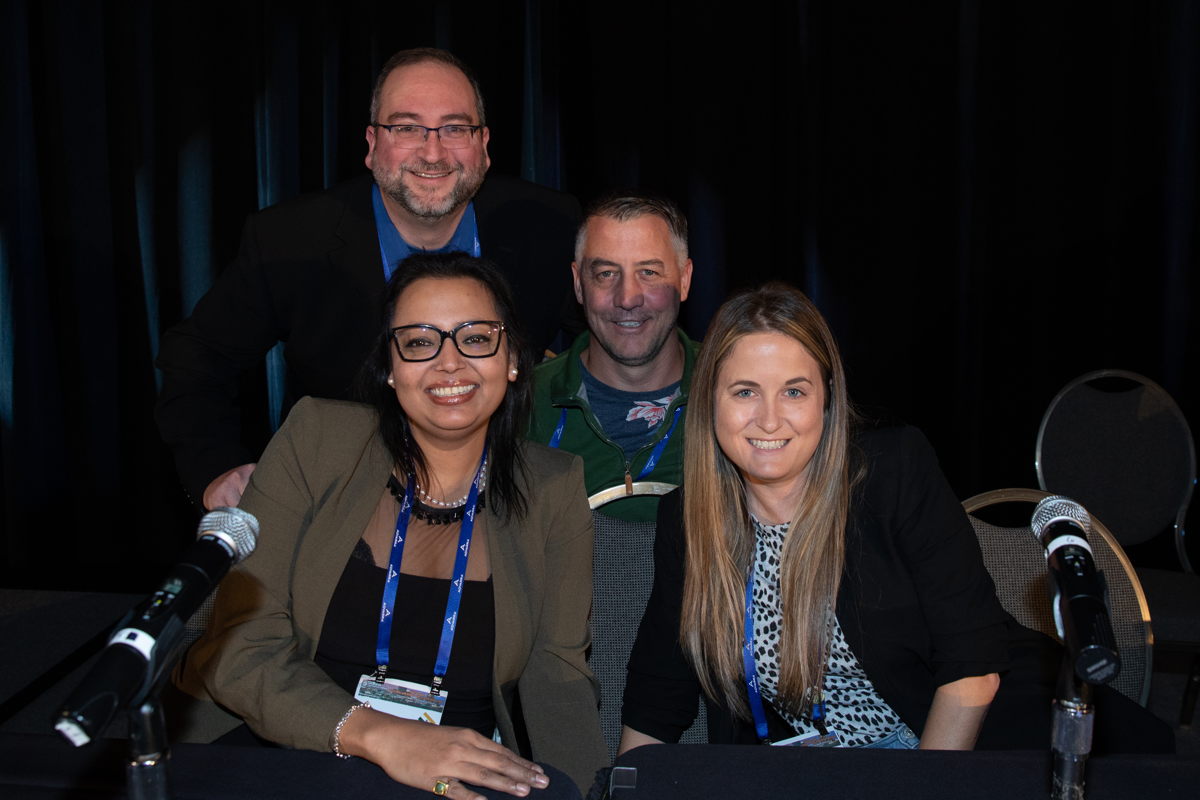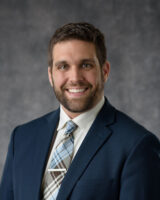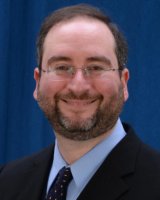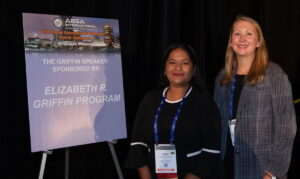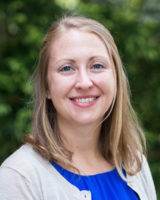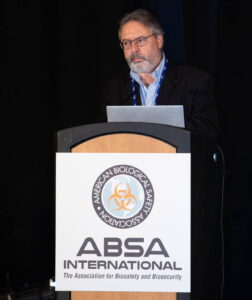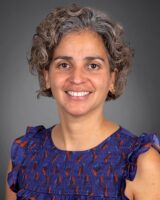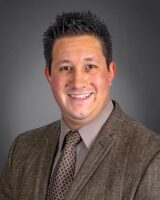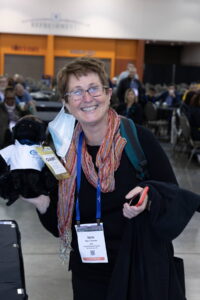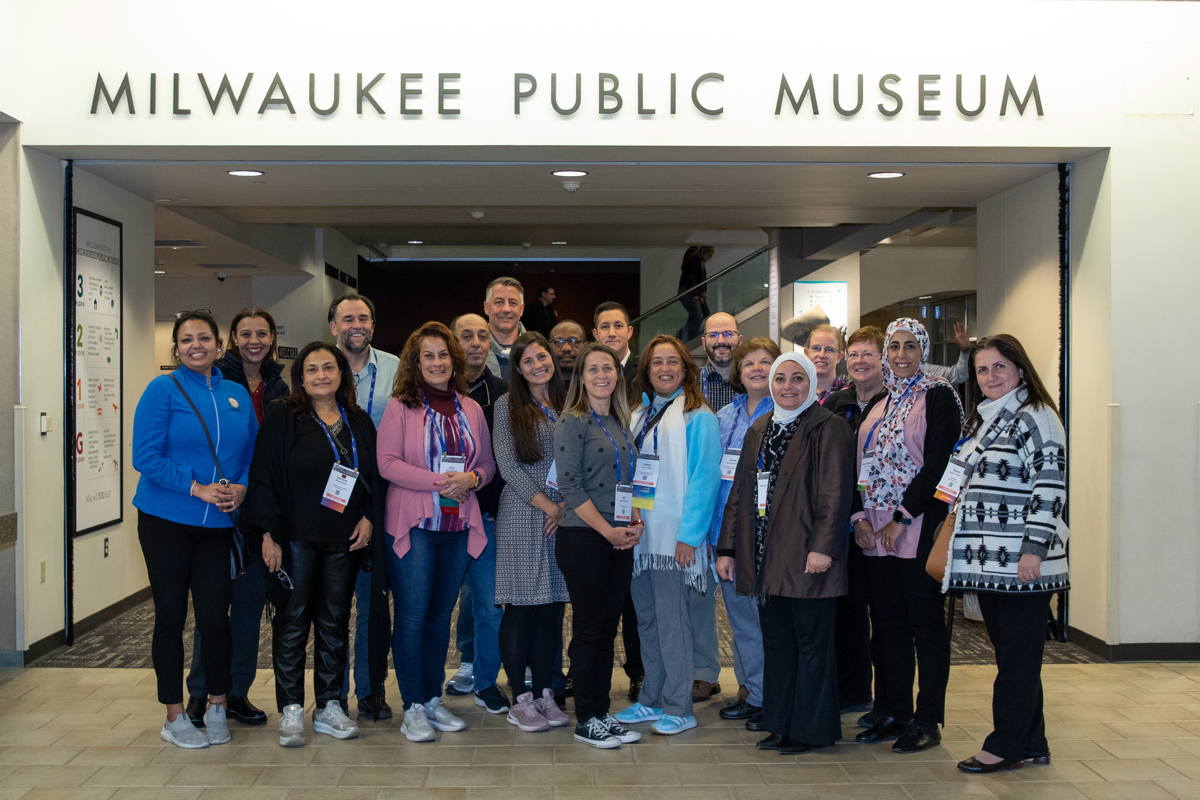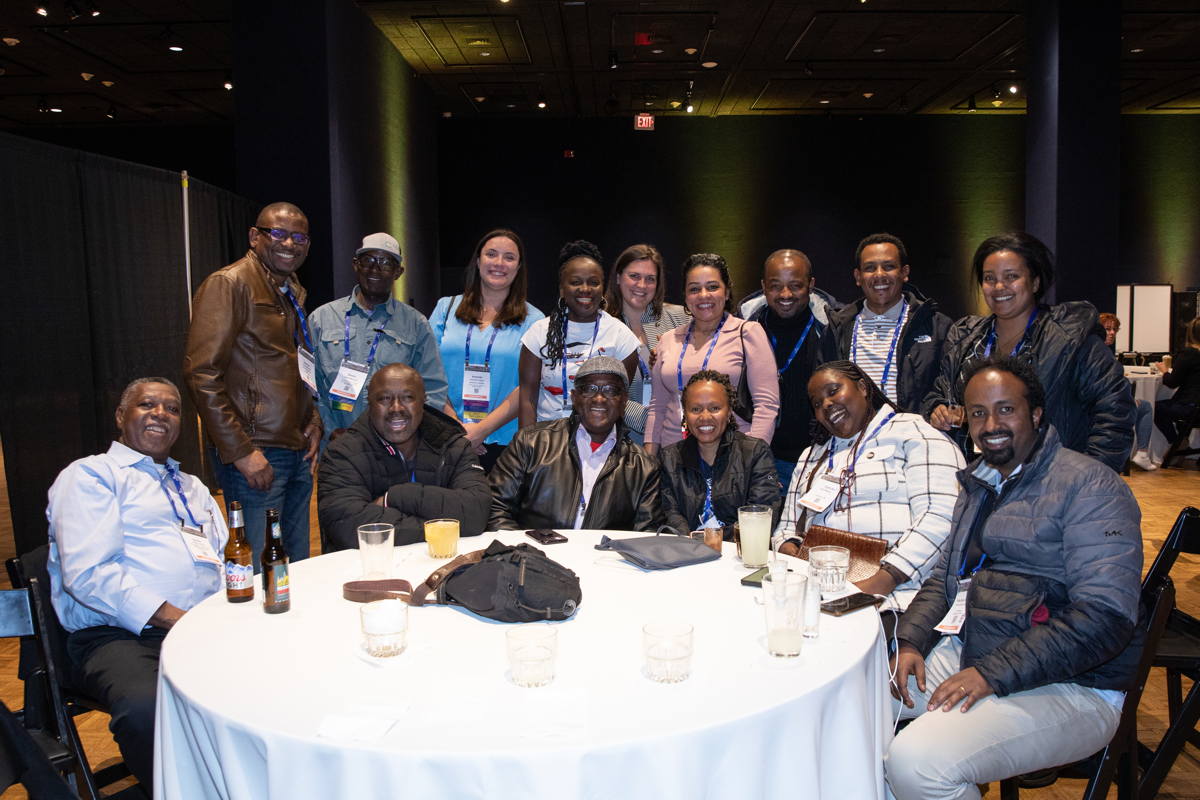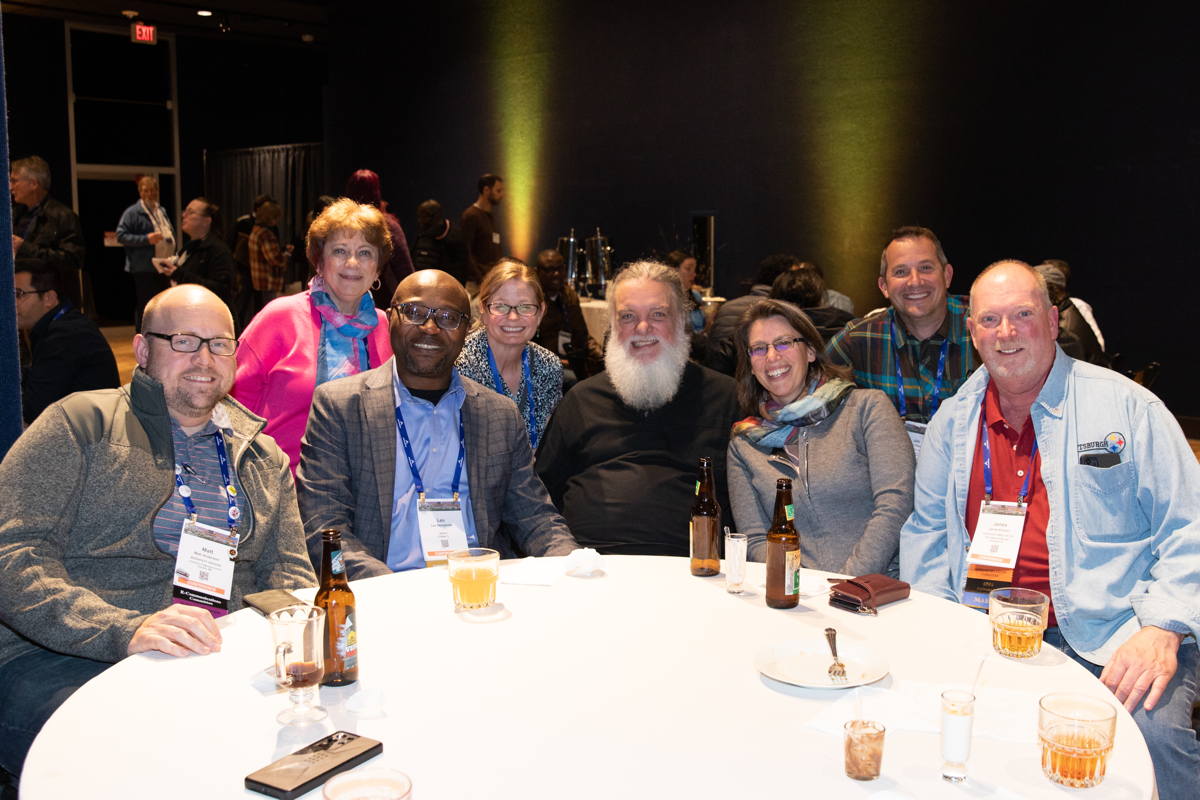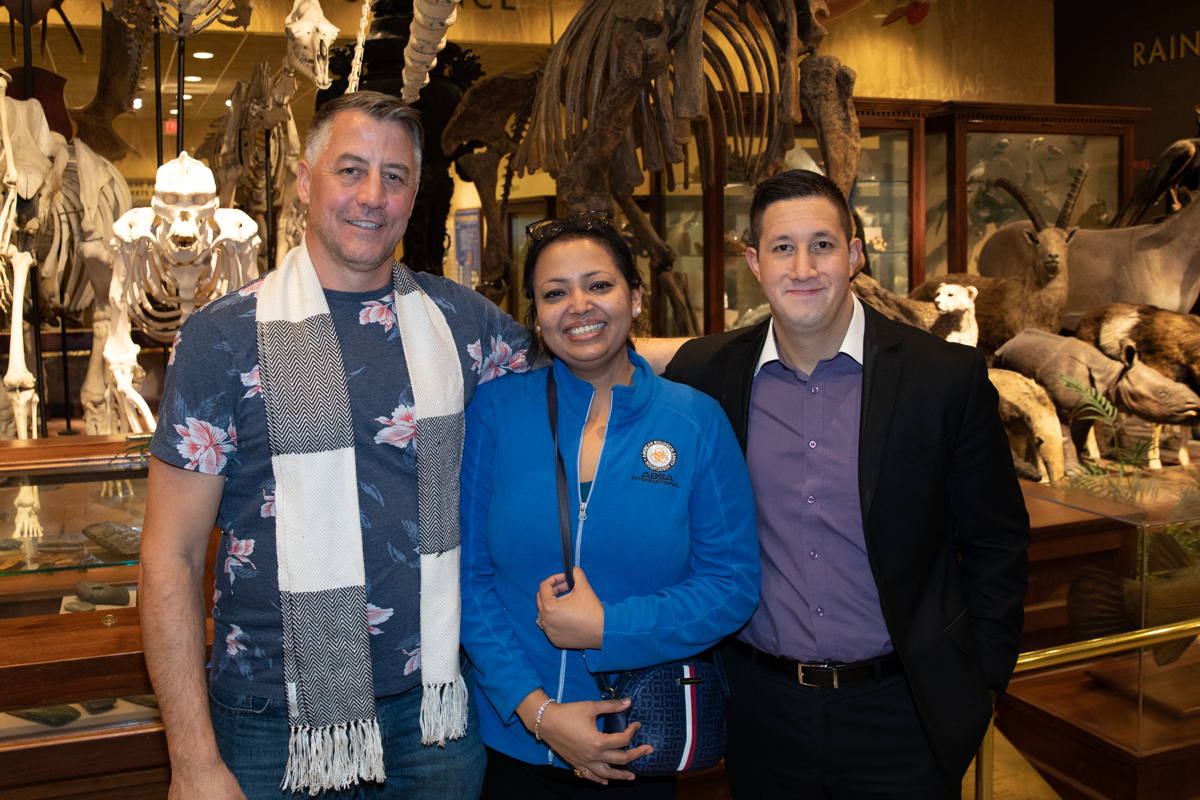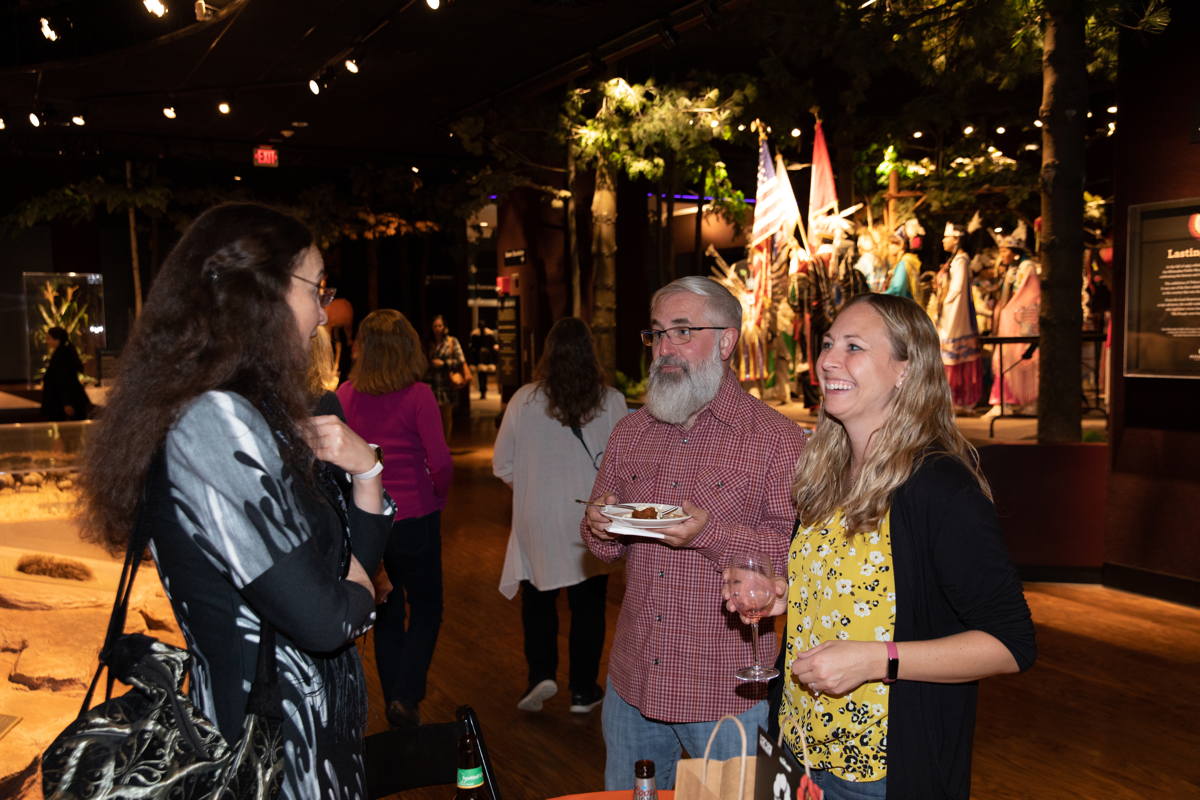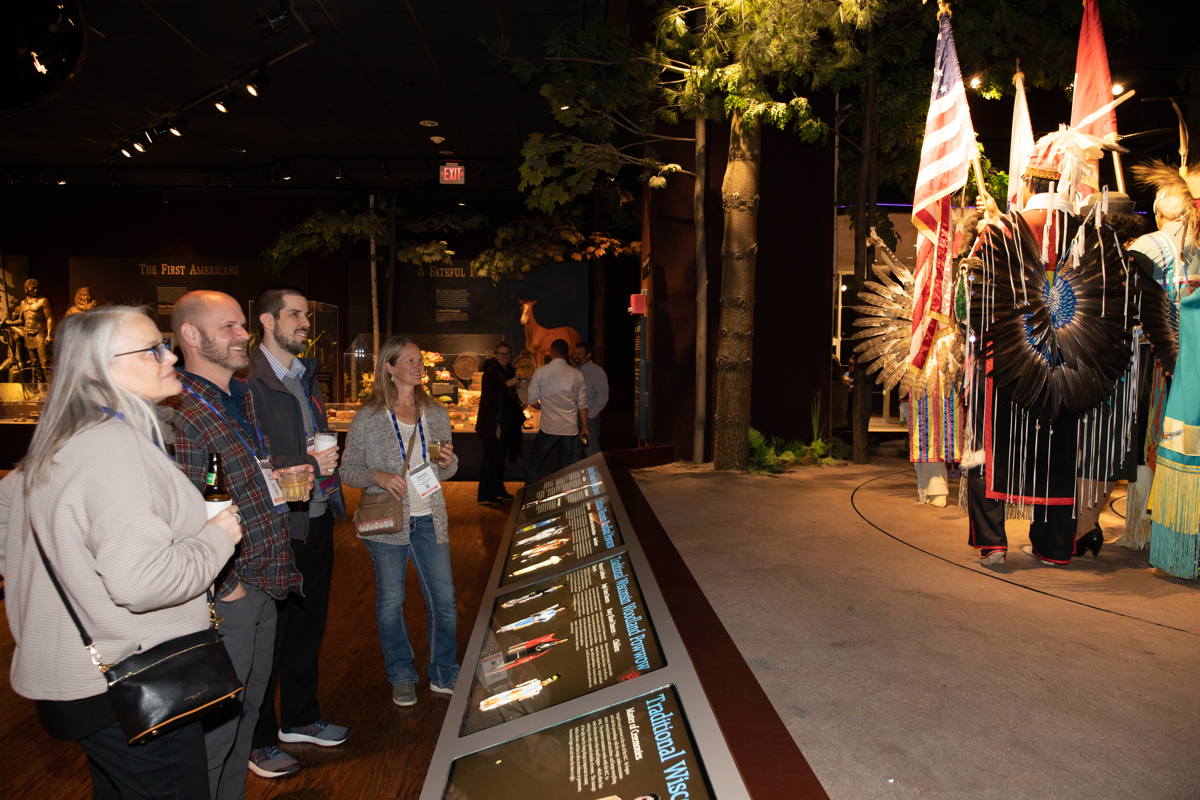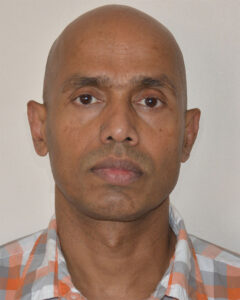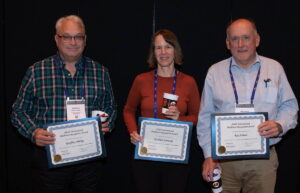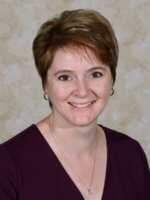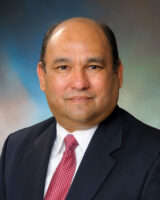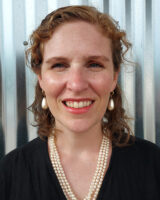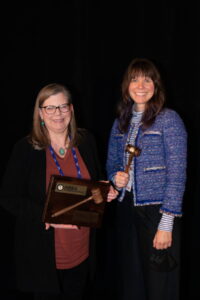65th Annual Biosafety and Biosecurity Hybrid Conference
Scientific Program
October 17–19, 2022
Sunday, October 16, 2022
6:30 – 8:30 pm Opening Reception in the Exhibit Hall
Opening Reception
New Member Reception
7:00 – 5:00 pm Registration
9:00 – 4:00 pm Vendor Exhibits
8:00 – 8:15 am Welcome and ABSA International President’s Address
Master of Ceremonies
LouAnn Burnett, MS, CBSP(ABSA), Sandia National Laboratories, Albuquerque, NM
8:15 – 8:20 am Local Arrangements Committee Welcome
Danielle Rintala, MS, RBP(ABSA), University of Minnesota, Minneapolis, MN
8:20 – 8:25 am Scientific Program Committee Welcome
AJ Troiano, PhD, RBP(ABSA), FUJIFILM Diosynth Biotechnologies, Boston, MA
Session I Arnold G. Wedum Memorial Lecture Award
Introduction: AJ Troiano, PhD, RBP(ABSA), FUJIFILM Diosynth Biotechnologies, Boston, MA
Moderator: Francine Rogers, MS, RBP(ABSA), CBSP(ABSA), SM(NRCM), Tufts University, Boston, MA
8:25 – 9:10 am Prion Disease: Risk Management Strategies to Enable Our Quest for a Cure
Sonia Vallabh, PhD and Eric Minikel, PhD, Broad Institute, Cambridge, MA
9:10 – 9:40 am Q&A Session
9:40 – 10:10 am Exhibits, Posters and Coffee Break
Session II High-Containment
Moderators: Darlene Ward, RBP(ABSA), Advarra, Boca Raton, FL and Rachel Gamble, DrPH, RBP(ABSA), CBSP(ABSA), Merrick & Company, Houston, TX
10:10 – 10:25 am Globalbiolabs.org: Tracking BSL-4 Labs Around the World
Ryan Houser, MS, MPH, Kings College, London, United Kingdom
10:25 – 10:40 am Evaluation of Insect Control and Monitoring Methods Implemented During High-Containment Insect Infection Studies
Adrian K. Zagrajek, PhD, The Pirbright Institute, Pirbright, Woking, United Kingdom
10:40 – 10:55 am Managing Select Agent Security While Hosting a Media Presence
Kathryn F. Board, MS, RBP(ABSA), University of Pittsburgh, Pittsburgh, PA
10:55 – 11:10 am Q&A Session
SCIENTIFIC PROGRAM LEARNING OBJECTIVES
- Summarize Globalbiolabs.org and how to use the mapping tool
- Analyze the efficacy of freezing at -20°C, -80°C, or on dry ice as methods for killing insects in a laboratory
- Identify postings and printed material in a work space that can compromise the privacy of lab workers
Session III Emerging Regulations
Moderators: Kalpana Rengarajan, PhD, MPH, RBP(ABSA), Emory University, Atlanta, GA and Michele Howard, MS, MPH, RBP(ABSA), Food and Drug Administration, Washington, DC
11:10 – 11:30 am Defanging ISO 35001 for the Wary Scientist
Sharon Altmann, MS, RBP(ABSA) and Jane S. Alam, MRIGlobal, Gaithersburg, MD
11:30 – 11:50 am IBBIS: An Independent Entity for Global Biosecurity Governance
Aparupa Sengupta, PhD, RBP(ABSA), Nuclear Threat Initiative (NTI), Washington, DC
11:50 – 12:10 pm Q&A Session
SCIENTIFIC PROGRAM LEARNING OBJECTIVES
- Demonstrate how ISO 35001 aligns with and strengthens the existing implementation of established biorisk
management guidelines and regulatory requirements - Explain how quality management and biorisk management function as complementary processes
- Discuss the vision, mission, and scope of IBBIS (International Biosecurity and Biosafety Initiative for Science) as an
independent global entity to strengthen biosecurity norms and develop innovative tools and incentive structures
to uphold them
12:10 – 1:40 pm Exhibits, Posters, and Lunch
Session IV Poster Session
12:40 – 1:40 pm Presenters must be available during the session.
Session V Invited Speaker
Introduction: Colleen Kovacsics, PhD, RBP(ABSA), Sparks Therapeutics, Philadelphia, PA
Moderator: James Baugh, PhD, RBP(ABSA), CBSP(ABSA), University of California, Davis, CA
1:40 – 2:25 pm Biosafety Considerations in Advanced Cell Therapies for Cancer
Christian Capitini, MD, University of Wisconsin School of Medicine and Public Health, Madison, WI
2:25 – 2:40 pm Q&A Session
2:40 – 3:10 pm Exhibits, Posters, and Coffee Break
Session VI International Biosafety Roundtable
3:10 – 4:10 pm Moderators: AJ Troiano, PhD, RBP(ABSA), FUJIFILM Diosynth Biotechnologies, Boston, MA and Noman Siddiqi, PhD, RBP(ABSA), Harvard School of Public Health, Boston, MA
Panelists: TBD
Session VII IBC Management and Beyond
Moderators: Sunny Hoffman, RBP(ABSA), Clinical Biosafety Services, Columbia, MO and Matthew Anderson, PhD, RBP(ABSA), CBSP(ABSA), University of Nebraska, Lincoln, NE
4:10 – 4:25 pm IBC Oversight Practices in Human Gene Transfer in a Post-COVID Vaccine World
Chris Jenkins, PhD, RBP(ABSA), Clinical Biosafety Services, Chesterfield, MO
4:25 – 4:40 pm Perspective Regarding Programmatic Demands for Biosafety Programs Five Years Since Kymriah Approval
Andrew B. Maksymowych, PhD, RBP(ABSA), University of Pennsylvania, Philadelphia, PA
4:40 – 4:55 pm Overview of Recent FDA Guidance Documents Pertinent to IBC Review of Clinical Trials Involving Recombinant or Synthetic Nucleic Acid Molecules
Daniel Eisenman, PhD, RBP(ABSA), CBSP(ABSA), Advarra, Research Triangle Park, NC
4:55 – 5:20 pm Q&A Session
SCIENTIFIC PROGRAM LEARNING OBJECTIVES
- Recall the current nature of clinical research with genetically modified biologics into human subjects
- Restate the specific events from 2017 through 2022 and how these events may impact future programs
- Paraphrase the overview of emerging technologies in clinical trials involving recombinant or synthetic nucleic acid
molecules
5:20 – Close Members’ Business Meeting
Door prizes will be awarded—must be present to win.
Tuesday, October 18, 2022
7:00 – 5:00 pm Registration
9:00 – 4:00 pm Vendor Exhibits
8:00 – 8:05 am Welcome
Rebecca Moritz, MS, RBP(ABSA), Colorado State University, Fort Collins, CO
Session VIII Griffin Lecture Award
Introduction: Erin Sorrell, PhD, Elizabeth R. Griffin Program, Georgetown University,
Washington, DC
Moderator: Jessica McCormick-Ell, PhD, RBP(ABSA), CBSP(ABSA), National Institutes of Health, Bethesda, MD
8:05 – 9:05 am Advancing Biosafety-Understanding the Local Context for Sustainability
Sacha Wallace-Sankarsingh, MSc., MPH, Caribbean Public Health Agency (CARPHA), Port-of-Spain, Trinidad and Tobago
9:05 – 9:20 am Q&A Session
Session IX Biorisk Program Management
Moderators: Julianne Baron, PhD, RBP(ABSA), Science and Safety Consulting, Venetia, PA and Maya Nair, PhD, RBP(ABSA), University of North Texas Science Center, Fort Worth, TX
9:20 – 9:35 am Biosafety and Biosecurity Month: Returning to Our Roots in Promoting Ethical Research, Transparency, Training, Engagement, and Stewardship of Biosafety and Biosecurity
Robin Tobias, MPH, University of Minnesota, Minneapolis, MN
9:35 – 9:50 am Strengthening Facility Management Through Biosafety and Operations & Maintenance Personnel Collaboration and Training
Rachel Gamble, MPH, RBP(ABSA), CBSP(ABSA), Merrick & Company, Arlington, VA
9:50 – 10:05 am TBD
10:05 – 10:20 am Q&A Session
SCIENTIFIC PROGRAM LEARNING OBJECTIVES
- Restate the BSC function and air cleanliness requirements
- Describe what has been done at various institutions to promote biosafety and biosecurity month
- Discuss the benefits of integrating biosafety into training for O&M personnel
10:20 – 10:55 am Exhibits, Posters, and Coffee Break
Session X Eagleson Lecture Award
Introduction: Mary Ann Sondrini, Eagleson Institute, Sanford, ME
Moderator: Shane Gillooly, MS, RBP(ABSA), University of Miami/Advarra, Miami, FL
10:55 – 11:55 am The Growing Threat of Lyme Disease: Where Do We Stand?
Richard Marconi, PhD, Virginia Commonwealth University Medical Center, Richmond, VA
11:55 – 1:30 pm Exhibits, Posters, and Lunch
Session XI Poster Session
12:30 – 1:30 pm Presenters must be available during the session.
Session XII Public Health
Moderators: Meghan Seltzer, PhD, RBP(ABSA), The MITRE Corporation, Leesburg, VA
Betsy Matos, PhD, CBSP(ABSA), Iowa State University, Ames, IA
1:30 – 1:45 pm The 2021 Global Health Security Index–Measuring Biosafety and Biosecurity Capacities
Gabrielle Essix, MS, Nuclear Threat Initiative, Washington, DC
1:45 – 2:00 pm Public Biosafety: The Intersections of Personal Scientific Responsibility and Public Health
Dana Krauss, Noblis ESI, Lorton, VA
2:00 – 2:15 pm Building Biosafety Across Non-Traditional Testing Sites During COVID-19 and Beyond
Michael Marsico, MS, APHL, Silver Spring, MD
2:15 – 2:30 pm Empirical Studies in Biosafety
Rocco Casagrande, PhD, Gryphon Scientific, Washington, DC
2:30 – 3:00 pm Q&A Session
SCIENTIFIC PROGRAM LEARNING OBJECTIVES
- Summarize the findings of the 2021 GHS Index, specifically focusing on biosafety, biosecurity, and dual-use
research oversight - Qualify and quantify the value of a “public biosafety” approach exemplified by a segmented exploration of the
public biosafety definition - Identify biosafety and biosecurity resources to distribute to non-traditional testing sites
- Restate empirical methods for generating needed data informing biorisk management
3:00 – 3:30 pm Coffee Break, Posters, and Exhibits
Exhibitor Raffle Prize Drawing—Must be present to win.
Session XIII Evolving Biosafety Roundtable
3:30 – 5:00 pm Moderator: Daniel Eisenman, PhD, RBP(ABSA), CBSP(ABSA), Advarra, Research
Triangle Park, NC
Panelists: Colleen Kovacsics, PhD, RBP(ABSA), Sparks Therapeutics, Elkins Park, PA, Jessica
Avizinis, MS, RBP(ABSA), Pfizer Santford, Sanford, NC, Aparupa Sengupta, PhD, RBP(ABSA),
NTI Bio, Washington, DC
6:00 – 10:00 pm Banquet at the Milwaukee Public Museum
Wednesday, October 19, 2022
7:00 – 5:00 pm Registration
8:00 – 8:05 am Welcome
Master of Ceremonies
President-Elect: TBA
Session XIV Field and Applied Biosafety
Moderators: Shelley Jones, RBP(ABSA), Northern Arizona University, Flagstaff, AZ and Gary Coulson, PhD, RBP(ABSA), Clinical Biosafety Services, Chesterfield, MO
8:05 – 8:25 am Field Safety Considerations During Work with Bats
Gregory L. Powell, PhD, Arizona State University, Tempe, AZ
8:25 – 8:45 am Finding Prions… When You Don’t Work with Prions
Shane Gillooly, MS, RBP(ABSA), University of Miami/Advarra, Miami, FL
8:45 – 9:05 am Biosafety Challenges for Animal Imaging Facility
Peili Zhu, PhD, RBP(ABSA), University of California-San Francisco, CA
9:05 – 9:35 am Q&A Session
SCIENTIFIC PROGRAM LEARNING OBJECTIVES
- Identify potential risks that can affect or interfere with field research activities when working with bats
- Identify the risk assessment process required for prion work
- Integrate efforts between the Biosafety team, labs, IACUC, LARC, and OHS personnel to ensure an optimal safe
working environment for animal care staff and laboratory personnel at all times
9:35 – 9:45 am Coffee Break
Session XV Cell and Gene Therapy
Moderators: Michael McCarthy, RBP(ABSA), Vertex Pharmaceuticals, Cambridge, MA and Larry Mendoza, RBP(ABSA), Virginia Commonwealth University, Richmond, VA
9:45 – 10:05 am Real-World Scenario Risk Assessment for Tech Transfer of MCB From Development to Commercial-Scale Cell & Gene Therapy Manufacturing
Kimberly DiGiandomenico, MS, RBP(ABSA), AstraZeneca, Gaithersburg, MD
10:05 – 10:25 am Novel Biotherapeutics: Control Strategy Challenges in the Absence of Mature Industrial Hygiene Methodology and Toxicological Data
Jessica Avizinis, MS, RBP(ABSA), Pfizer, Sanford, NC
10:25 – 10:45 am Occupational Exposure Risks When Working with Protein Therapeutics and the Development of a Biologics Banding System
Elise Franklin, MS, RBP(ABSA), Bristol Myers Squibb, Asbury, NJ
10:45 – 11:15 am Q&A Session
11:15 – 11:30 am Applied Biosafety: Journal of ABSA International Special Announcement
Barbara Johnson, PhD, RBP(ABSA), Biosafety Biosecurity International, Merritt Island, FL
SCIENTIFIC PROGRAM LEARNING OBJECTIVES
- Identify the complexity of the risk assessment process from development to GMP manufacturing
- Paraphrase the benefits and challenges to operating by the precautionary principle
- Explain the review of IH retrospective data to demonstrate low exposure potential of Protein Therapeutic (PTs)
during development and manufacturing processes
Session XVI Richard Knudsen Award
Moderator: Darlene Ward, RBP(ABSA), Advarra, Boca Raton, FL
11:30 – 12:00 pm Efficacy Testing of Personal Protective Filters on Biosafety Level 4 Positive Pressure Suits
Jay Krishnan, CBSP(ABSA), SM(NRCM), Public Health Agency of Canada, Winnipeg, Manitoba, Canada
12:00 – 1:30 pm Honor Awards and Special Recognition Luncheon
Presenter: LouAnn Burnett, MS, CBSP(ABSA), Sandia National Laboratories, Albuquerque, NM
Arnold G. Wedum Distinguished Achievement Award
Everett J. Hanel, Jr. Presidential Award
John H. Richardson Special Recognition Award
Diane Fleming Leadership Award
Scientific and Informational Poster Awards
Hashimoto Award for Service and Honor
Richard Rebar Recognition of Certified Biological Safety Professionals and Registered Biosafety Professionals
Session XVII Animal Biosafety Roundtable
1:30 – 3:00 pm Moderator: Susan Vleck, RBP(ABSA), CBSP(ABSA), Stanford University, Stanford, CA
Panelists: Kelly Flint, RBP(ABSA), CBSP(ABSA), SM(NRCM), National Institutes of Health and Frederick, MD and Peili Zhu, PhD, RBP(ABSA), University of California, San Francisco, CA
3:00 – 3:15 pm Coffee Break
Session XVIII Engineering Controls and Decontamination
Moderators: George Wudiri, DVM, PhD, Sandia National Laboratories, Albuquerque, NM and Kelly Flint, RBP(ABSA), CBSP(ABSA), SM(NRCM), National Institutes of Health, Frederick, MD
3:15 – 3:30 pm Quantitative Methodology for Validating Decontaminations with Hydrogen Peroxide–An Alternative for Biological Indicators
Miguel A. Grimaldo, MEng, University of Texas Medical Branch, Galveston, TX
3:30 – 3:45 pm What is Bugging my Biosafety Cabinet
Sarah Capasso, PhD, RBP(ABSA), University of Pennsylvania, Philadelphia, PA
3:45 – 4:00 pm BSC MythBusters: How Much Space Around a BSC is required to Maintain Proper Protection?
Kara Held, PhD, Baker, Sanford, ME
4:00 – 4:15 pm Navigating the Unknown: Extending the Longevity of a Ten-Year Old Effluent Decontamination System
Aleah Cutshall, BS, CURIS System, Oviedo, FL
4:15 – 4:45 pm Q&A Session
SCIENTIFIC PROGRAM LEARNING OBJECTIVES
- Review the results of the testing of the enzyme indicator (EI) technology as a replacement of biological indicators
(BI) for the validation of decontaminations using H2O2 - Restate the immediate actions needed to stop an insect infestation in laboratory equipment
- Outline the BSC function and protection requirements through smoke patterning, particle counter measurement,
and microbiological aerosol testing - Investigate the historical products and methods for decontamination of effluent chambers
4:45 pm Close of Conference
President-Elect: TBA



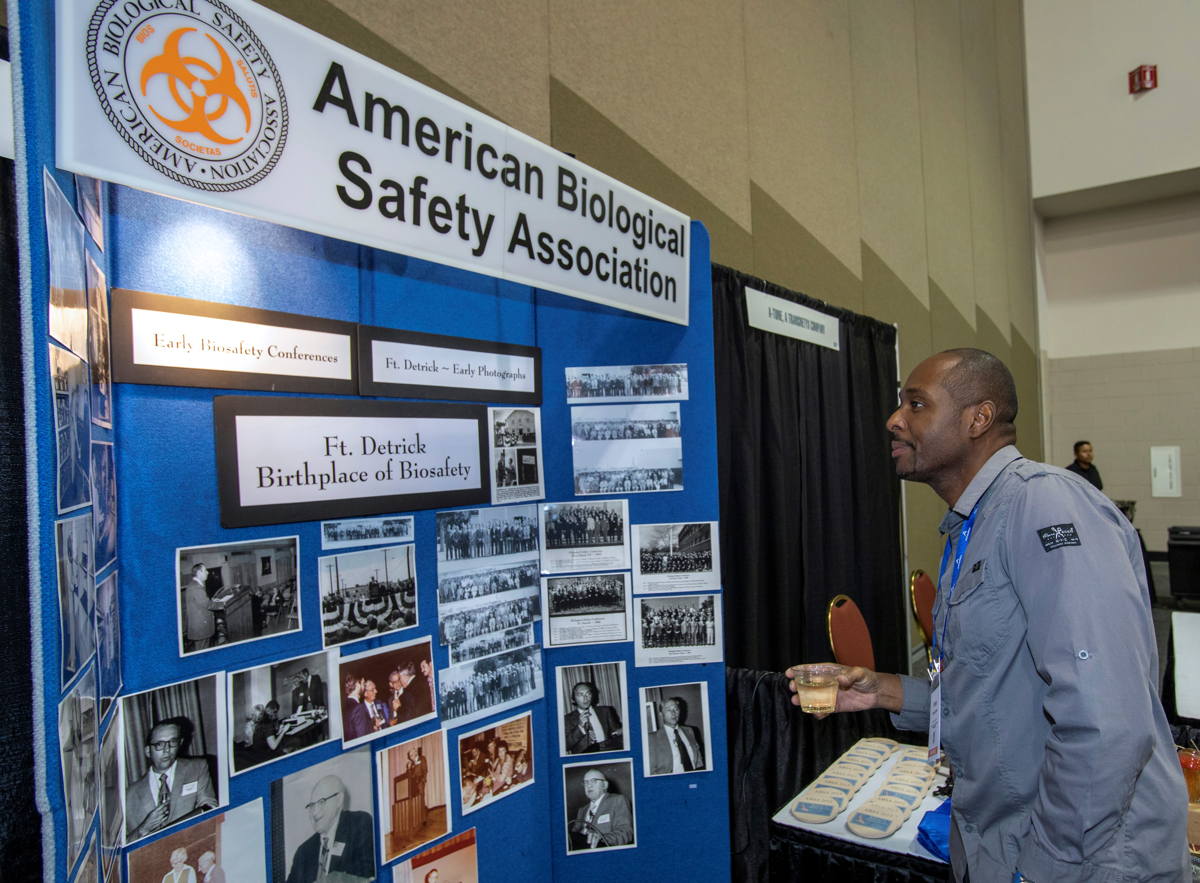
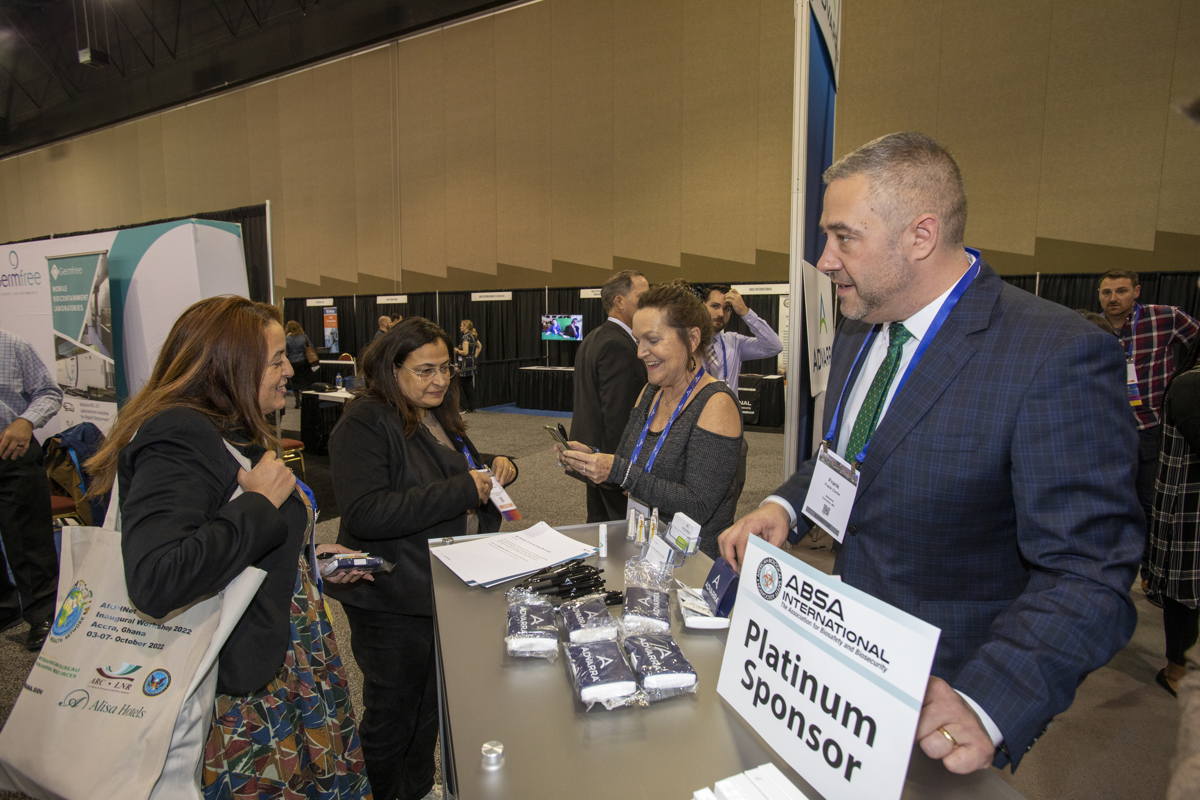
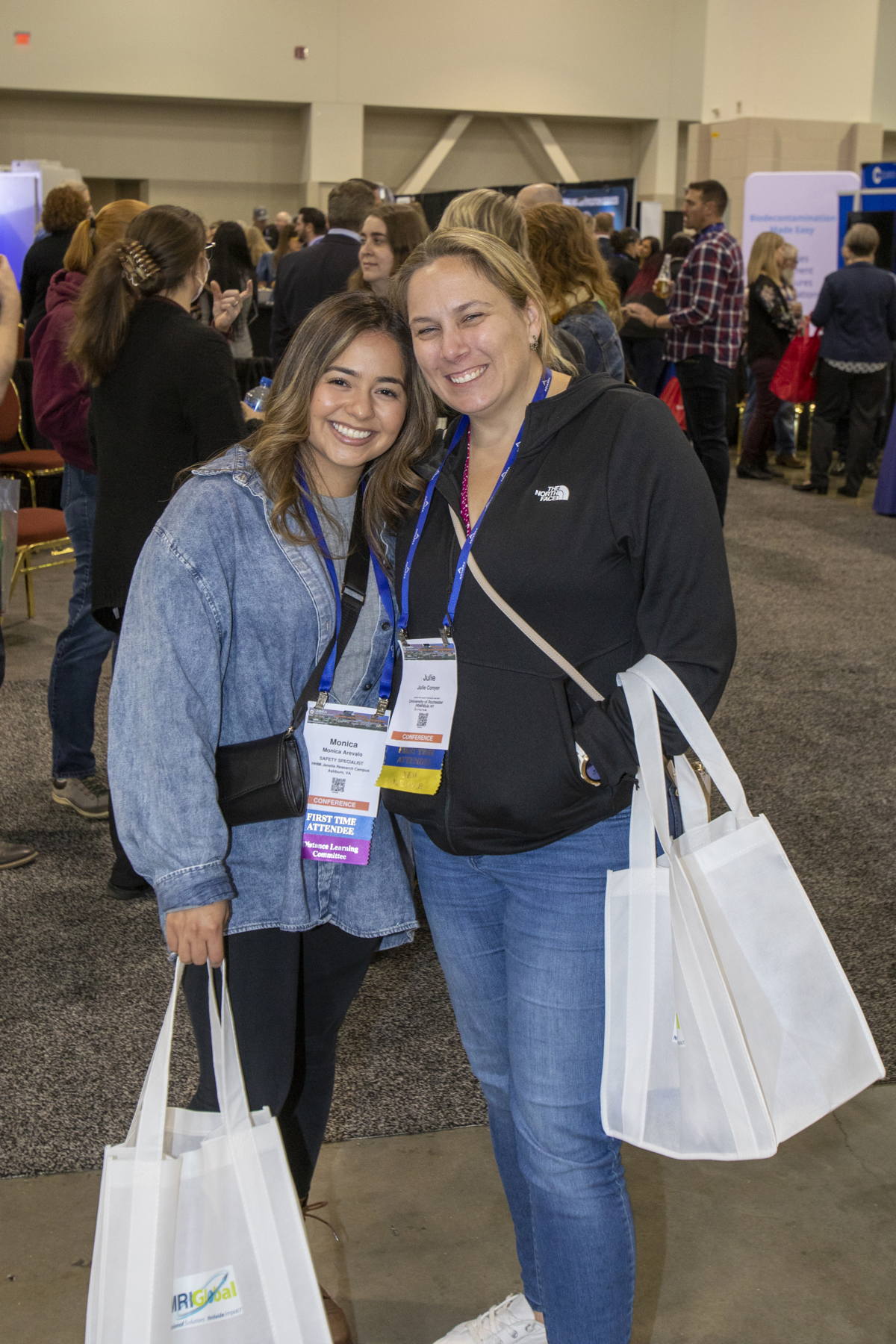
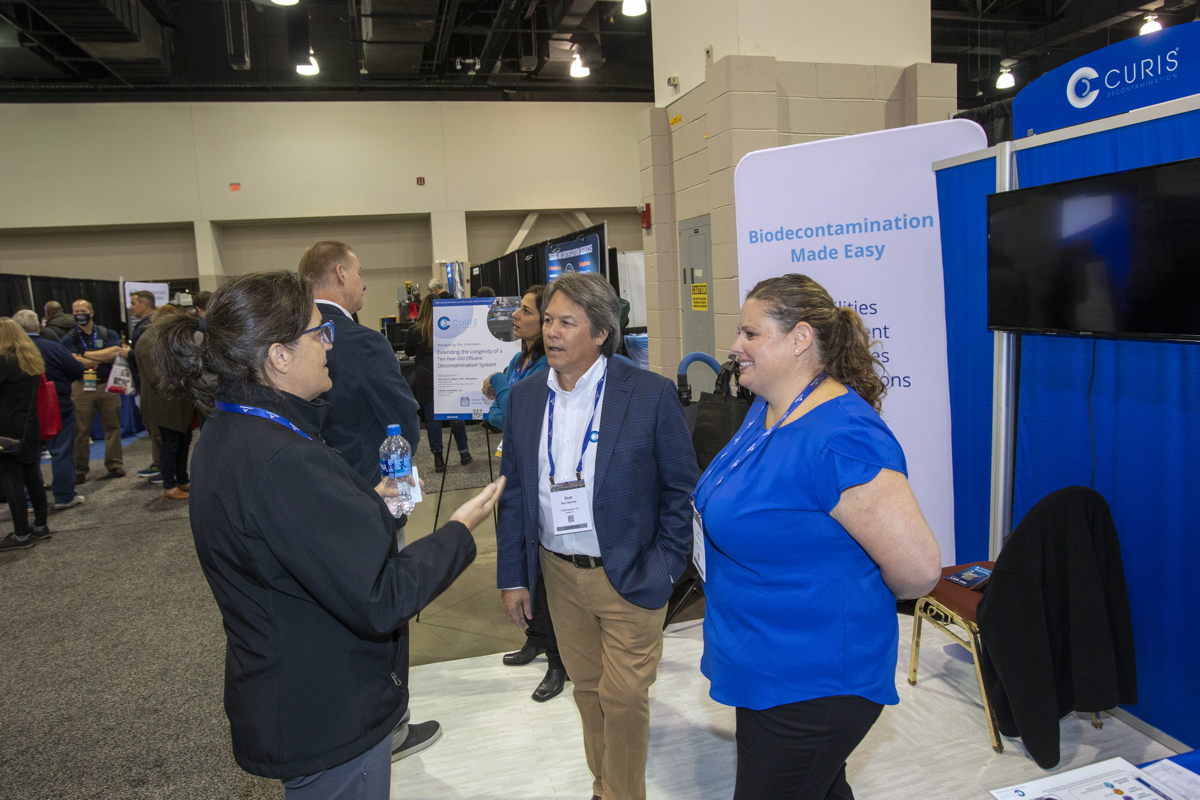
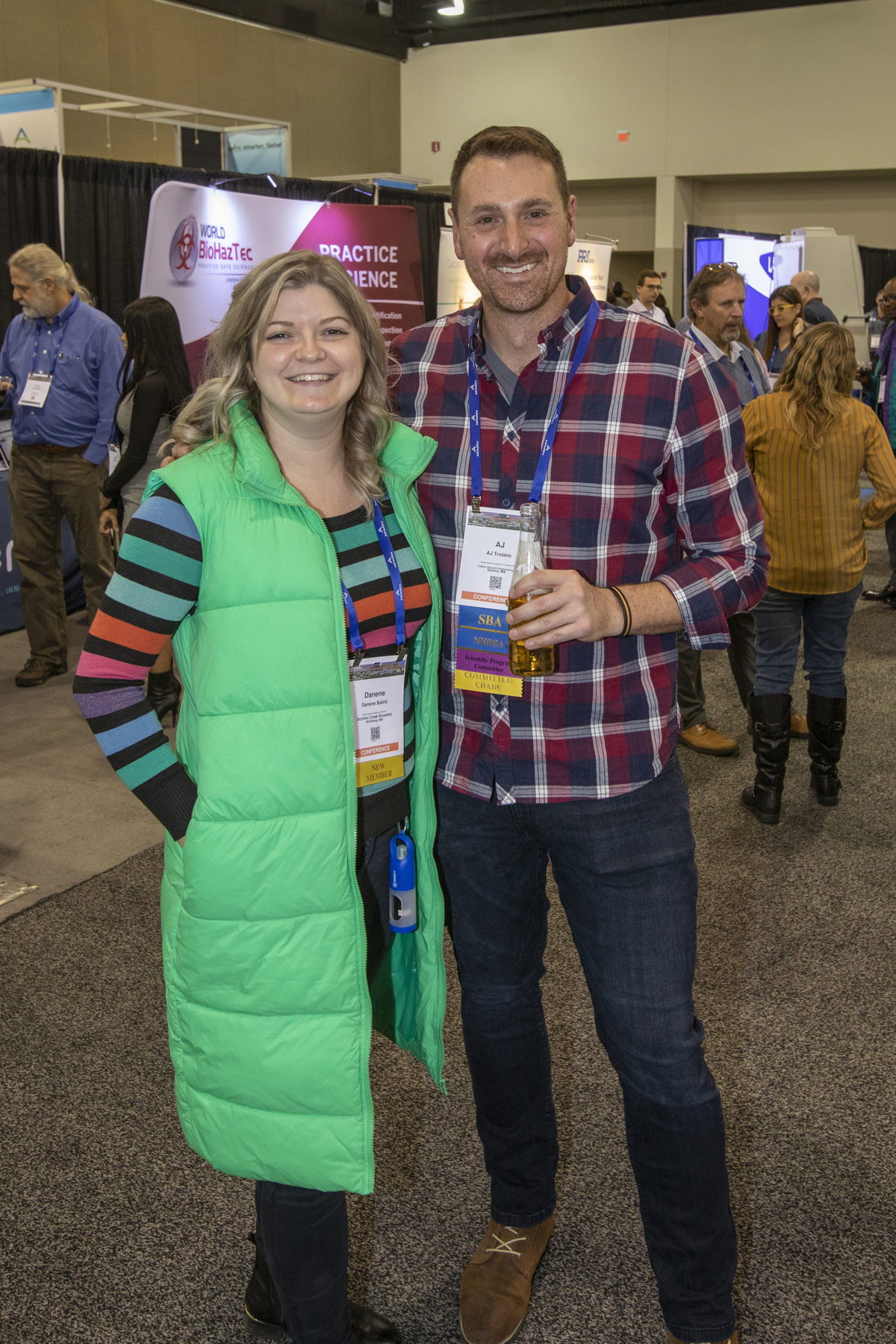
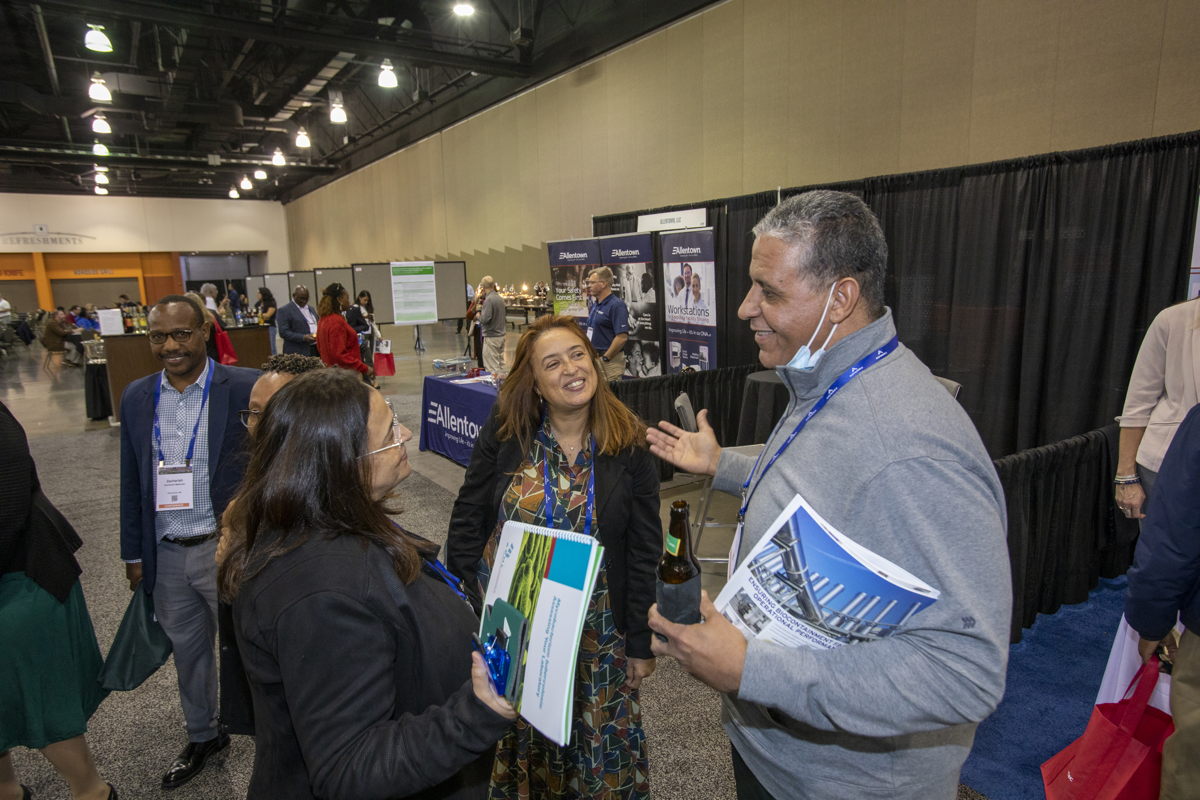
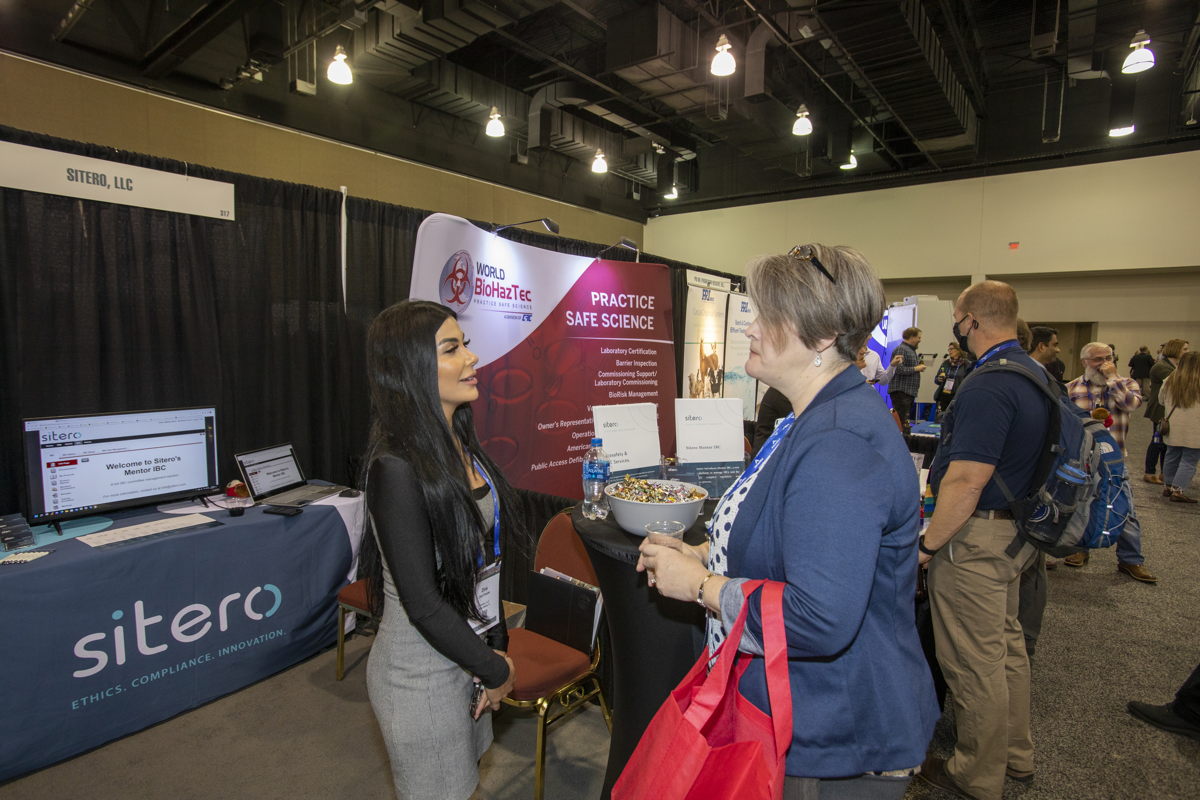
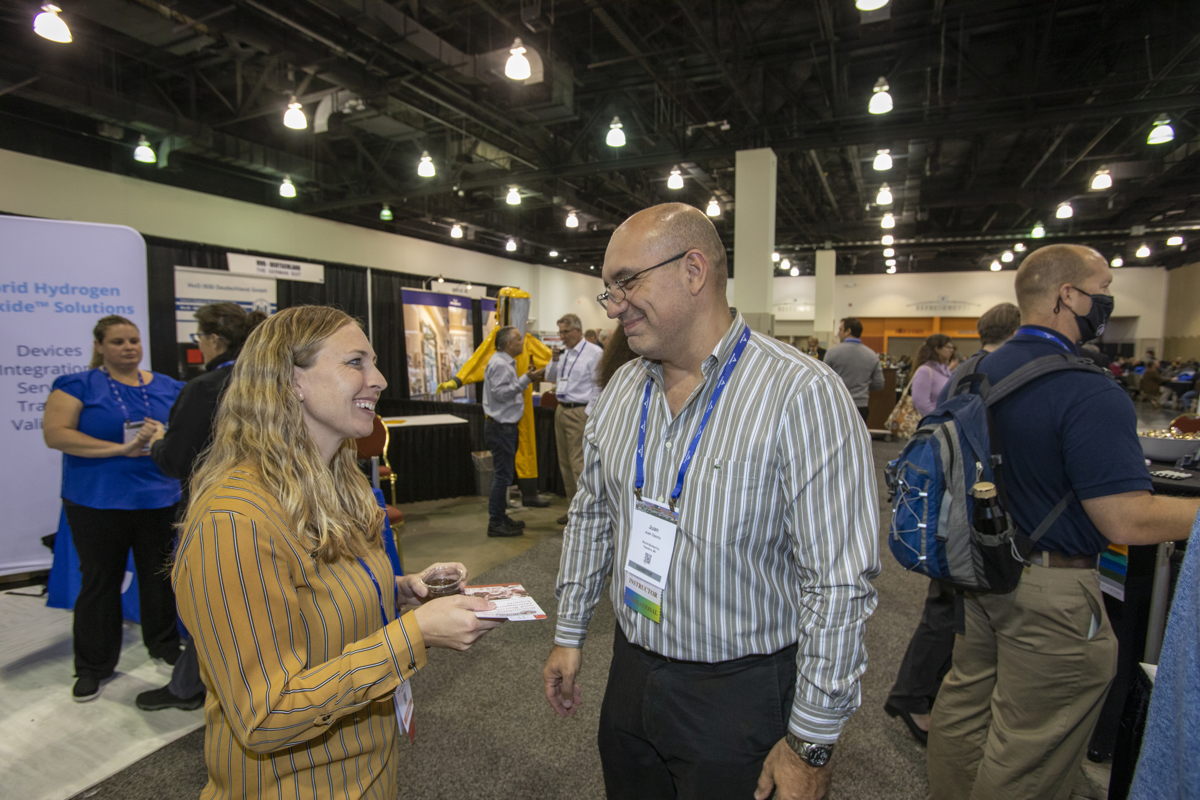
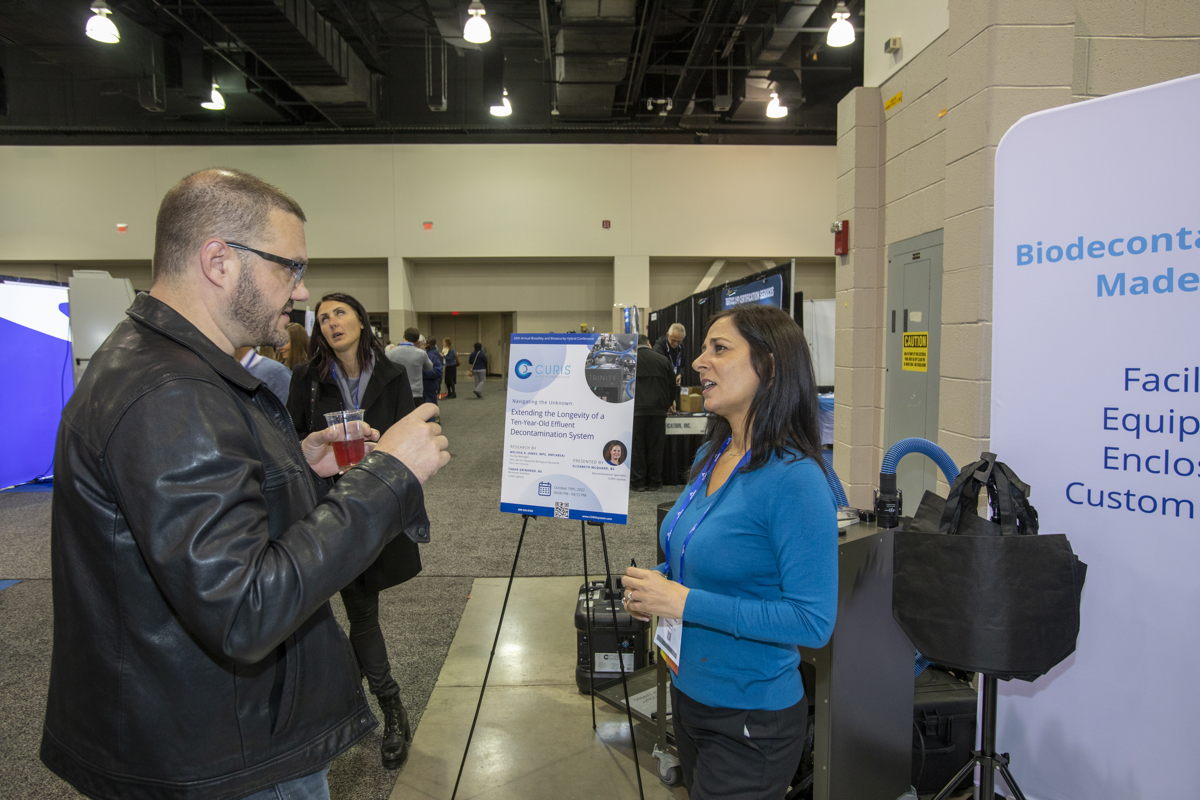
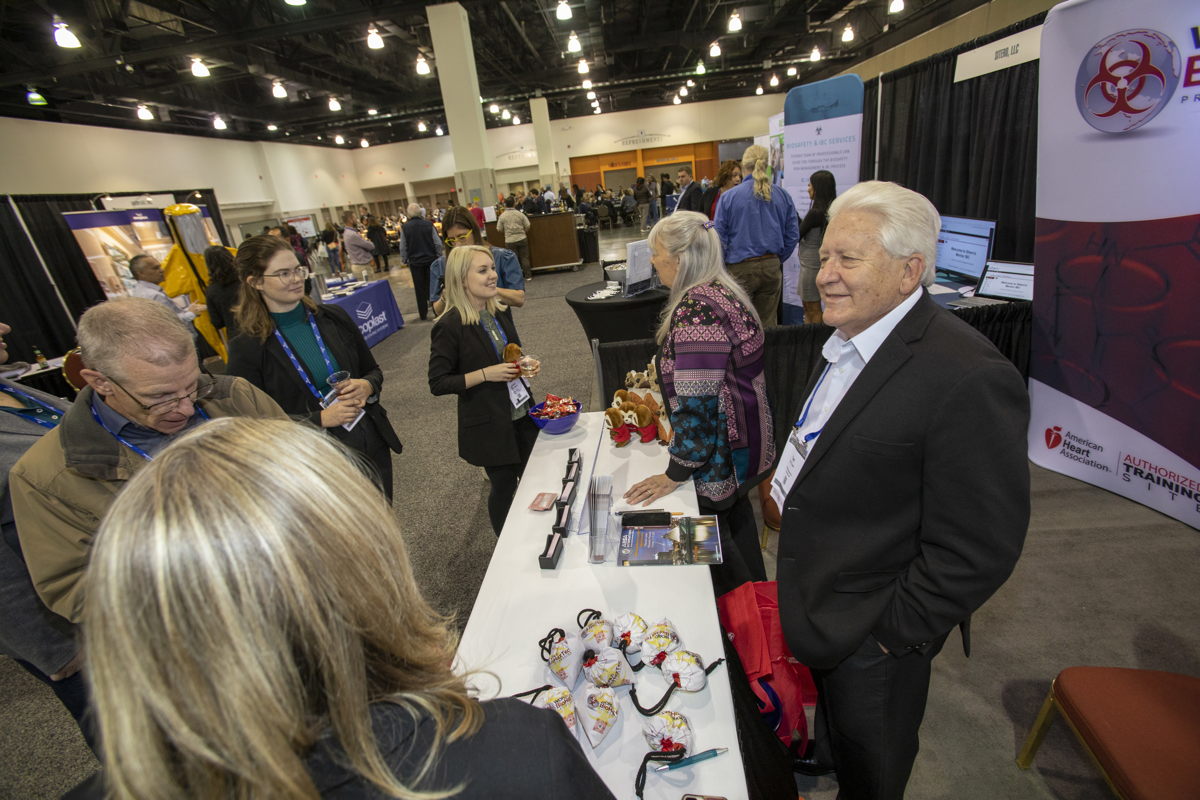
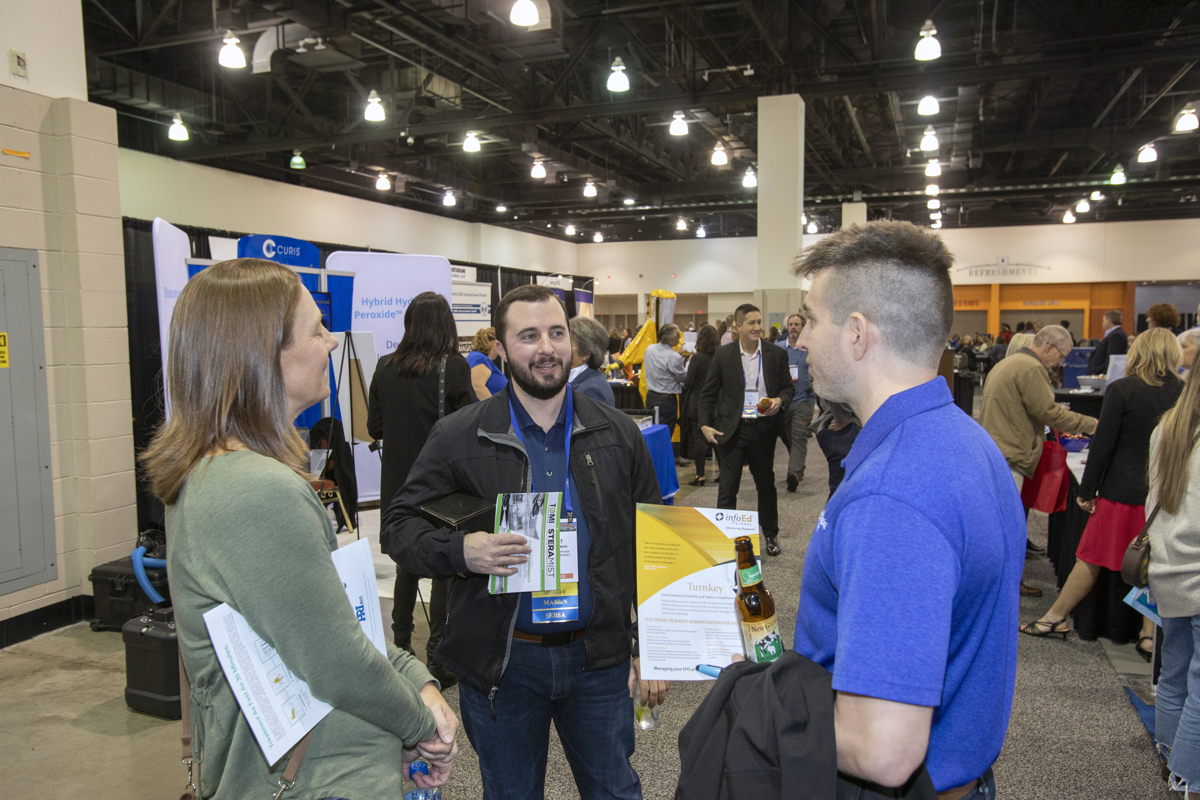
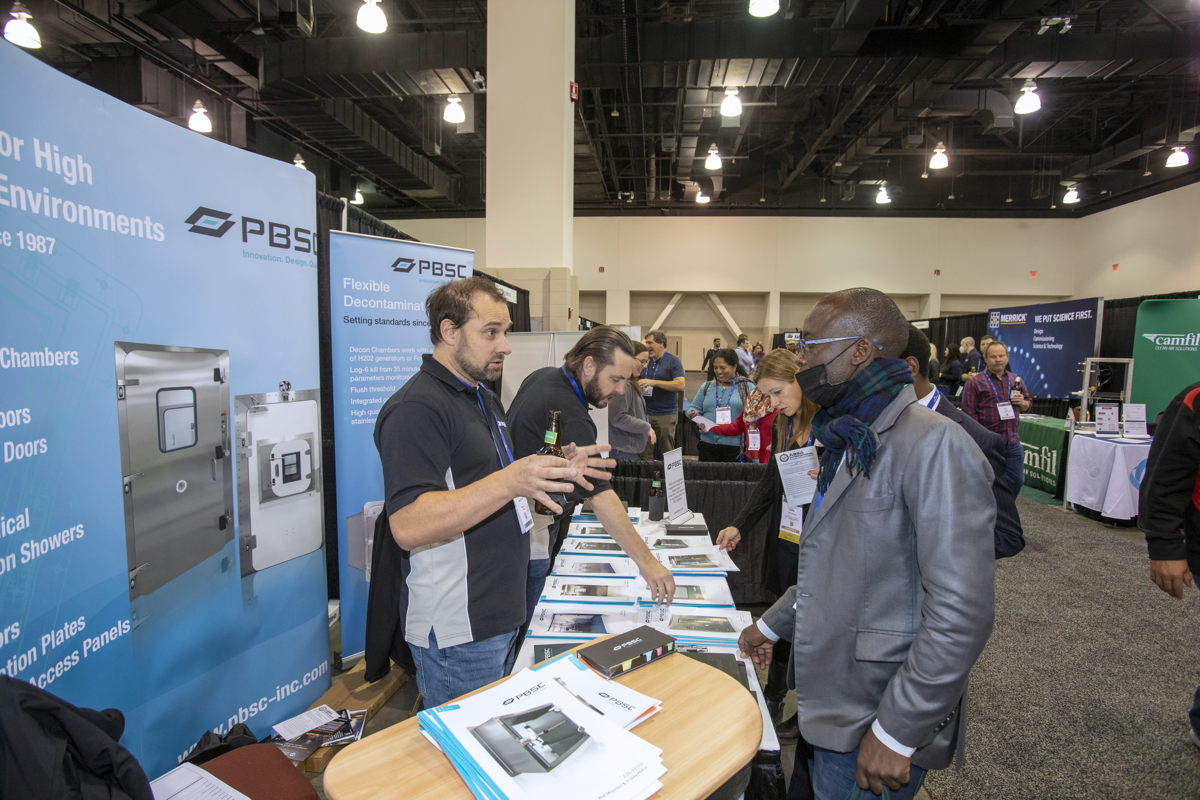
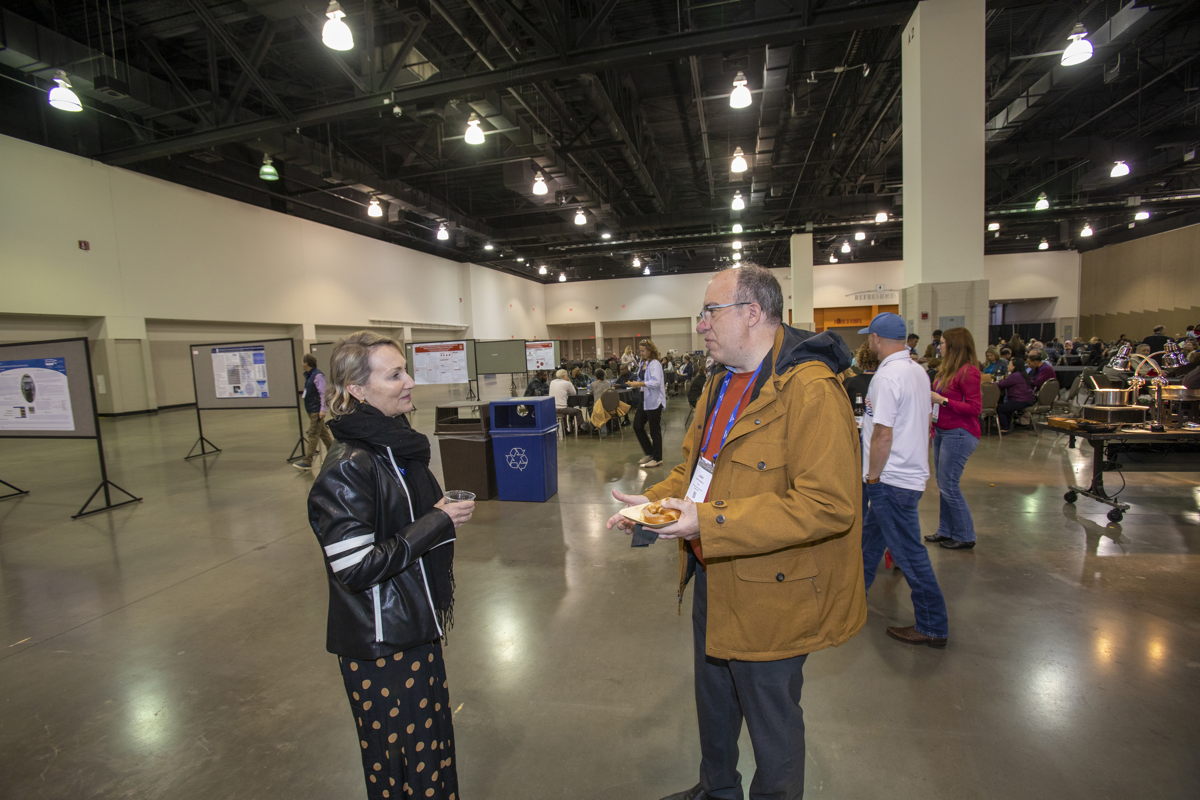
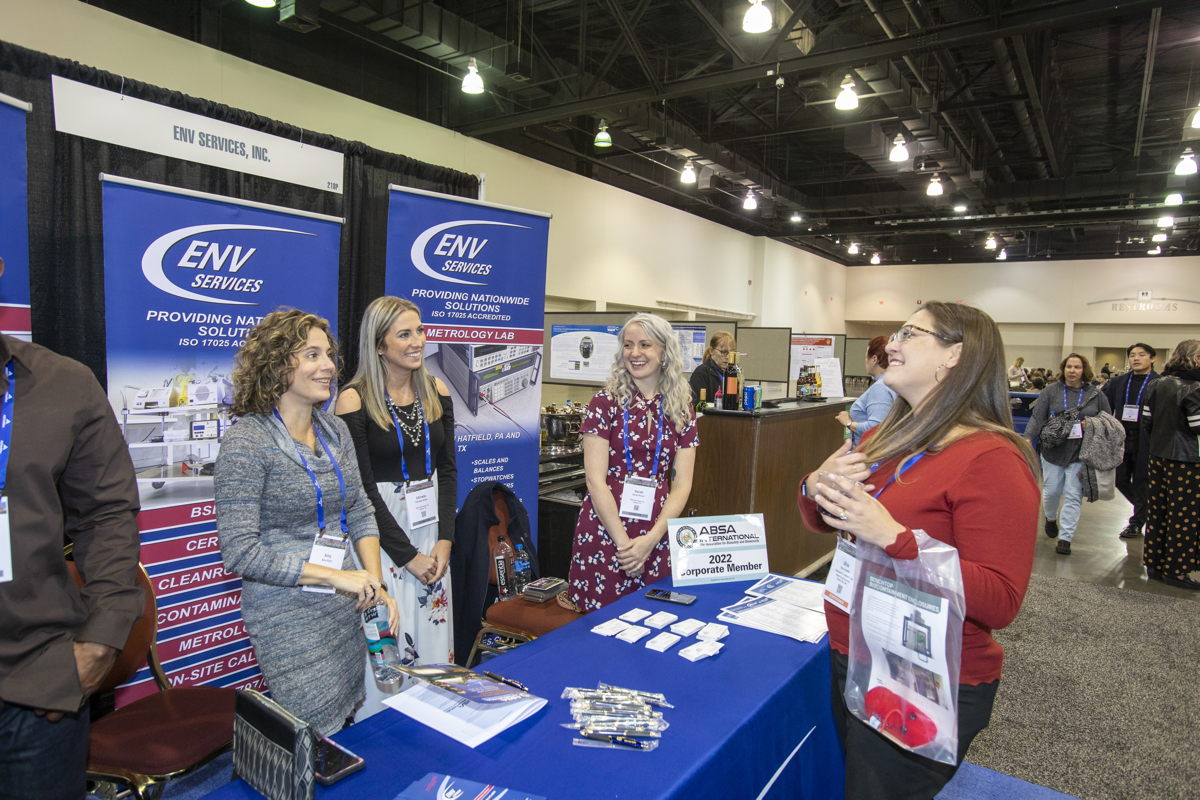
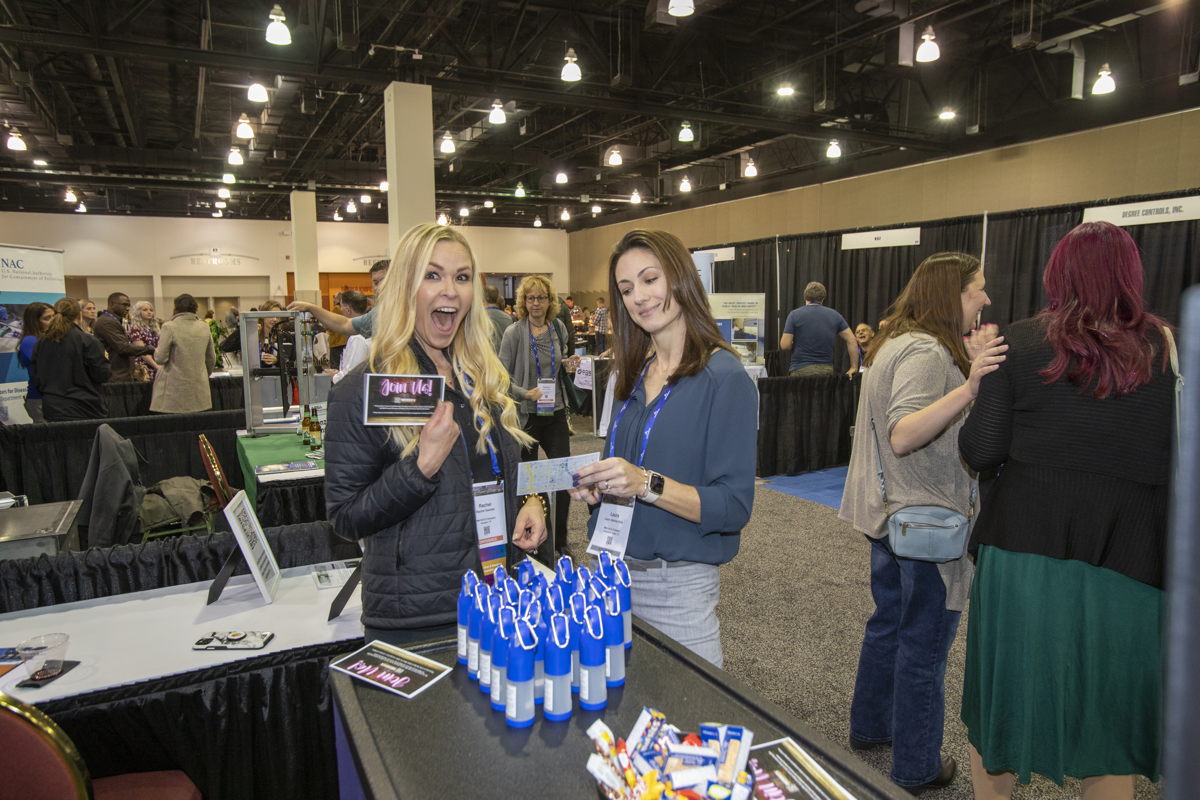
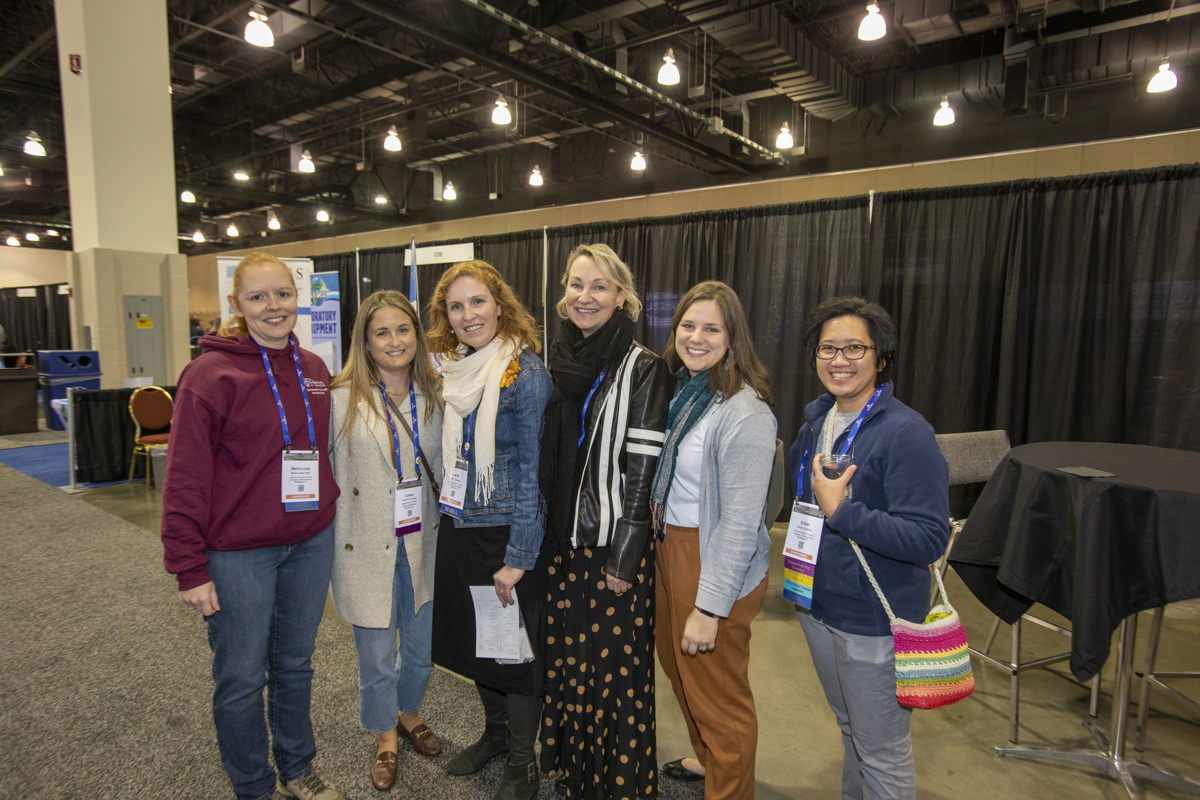
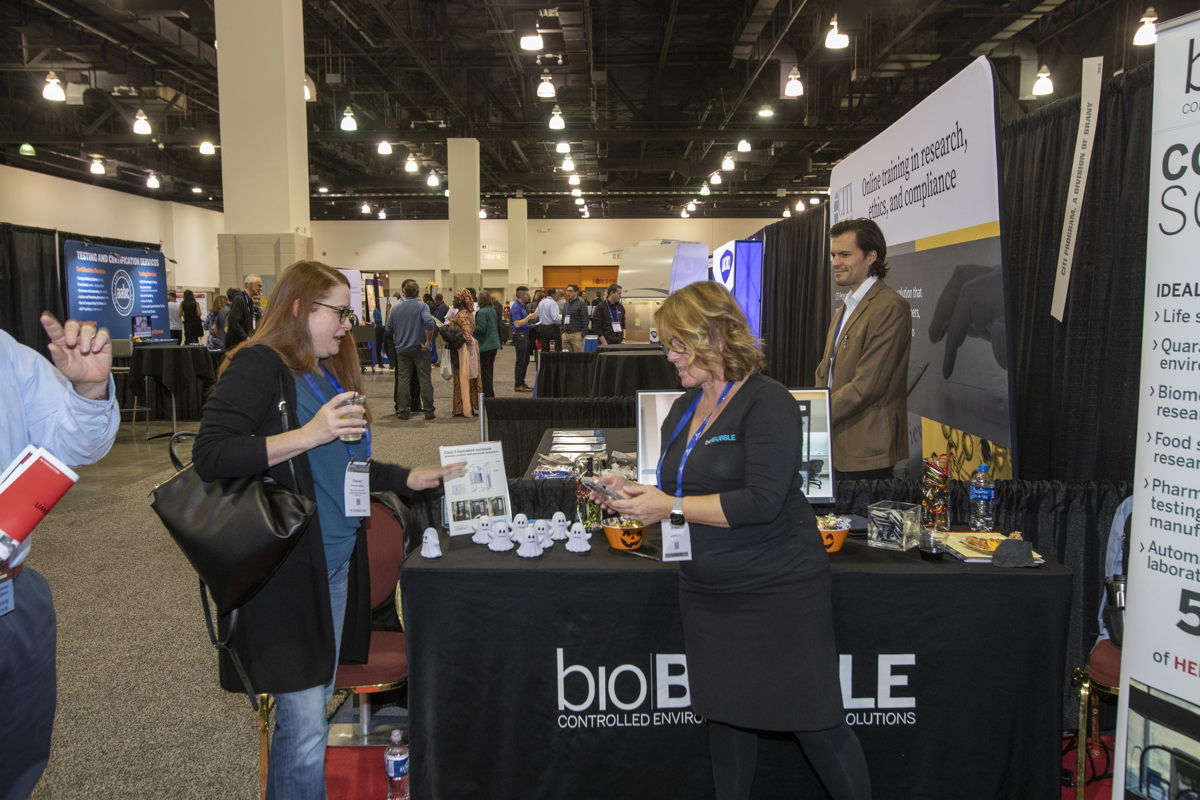
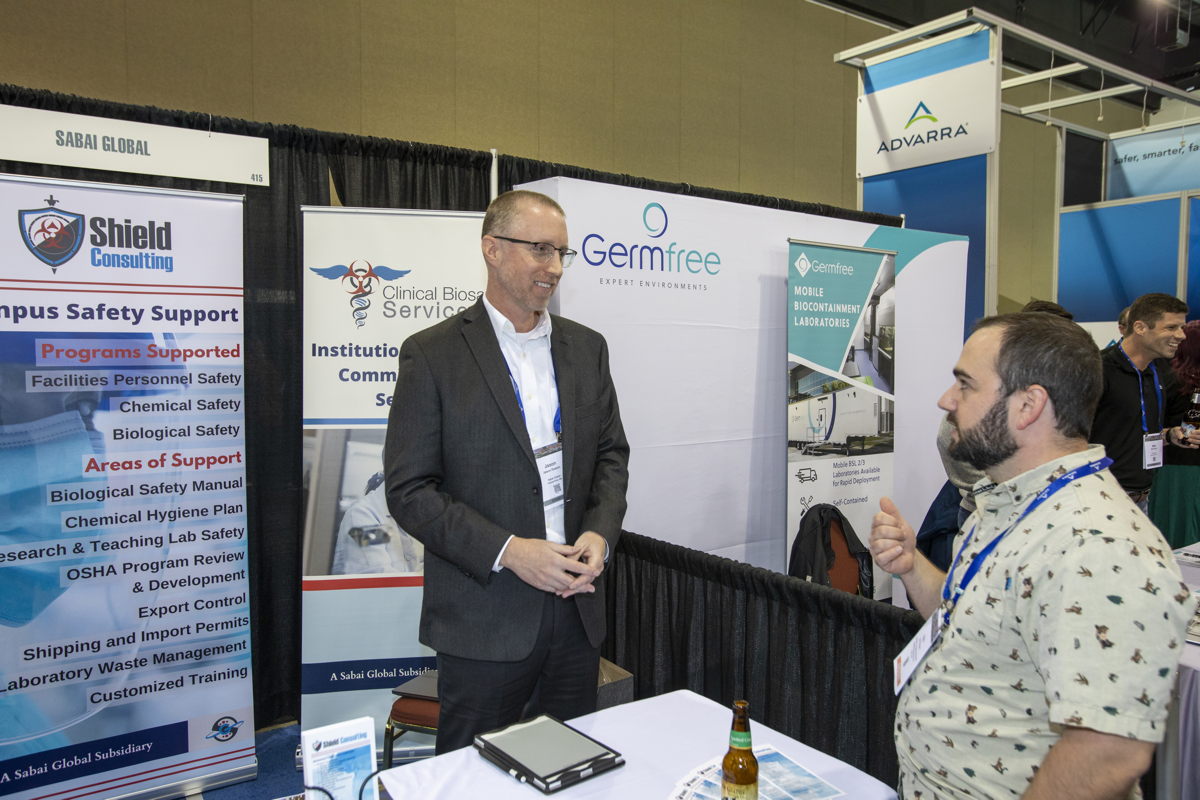
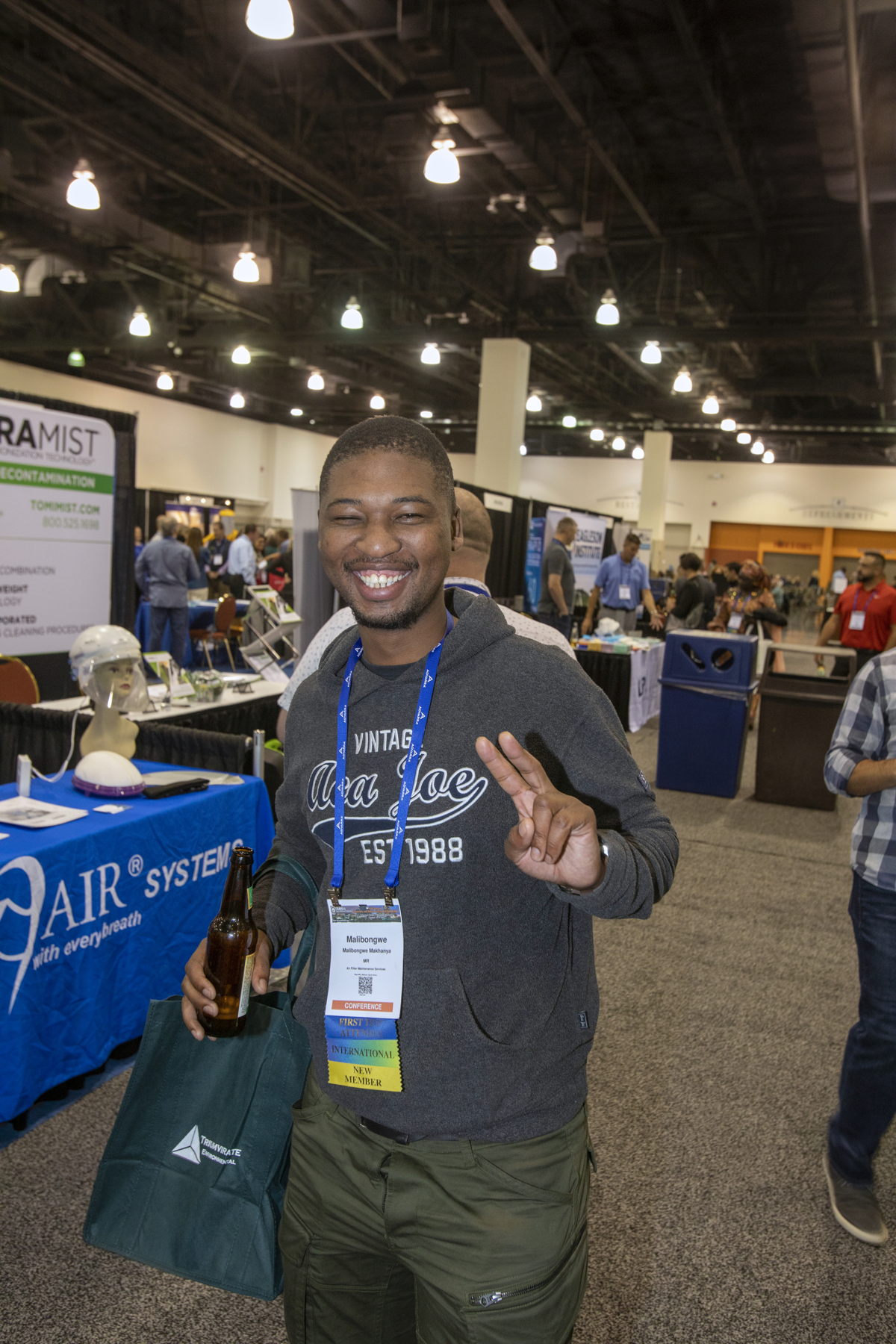
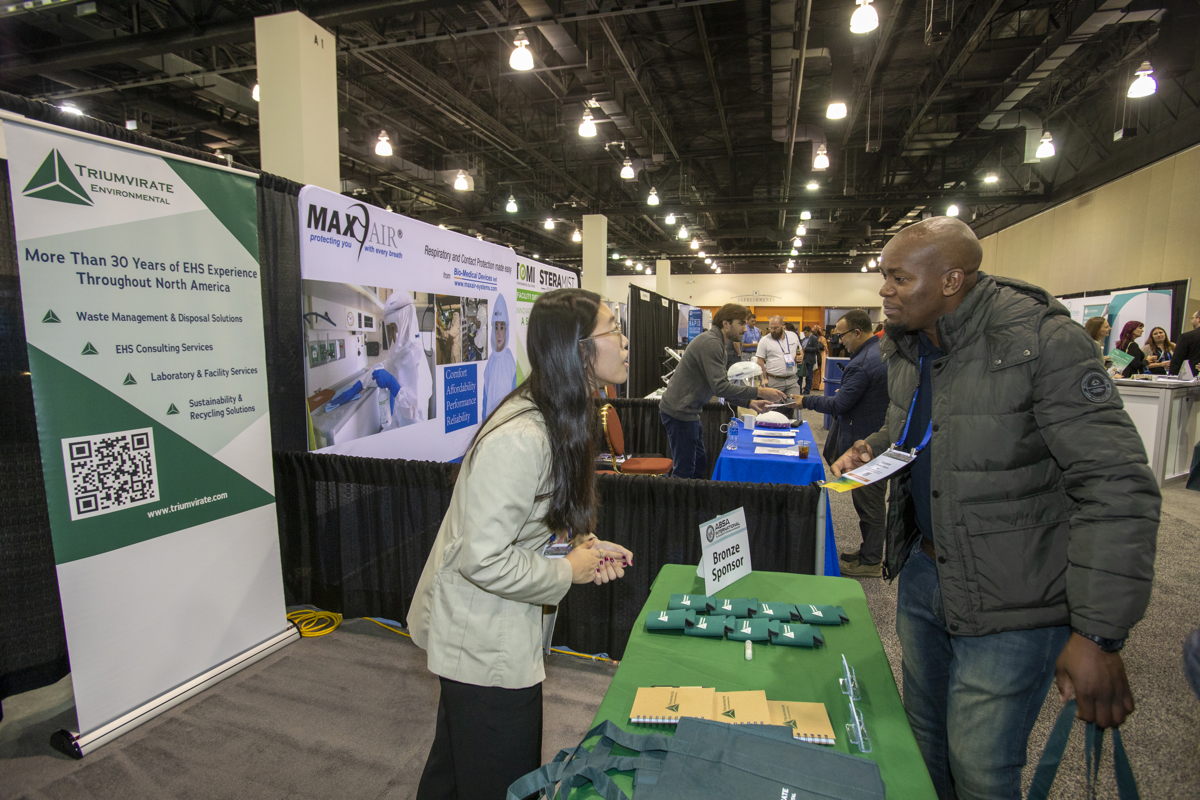
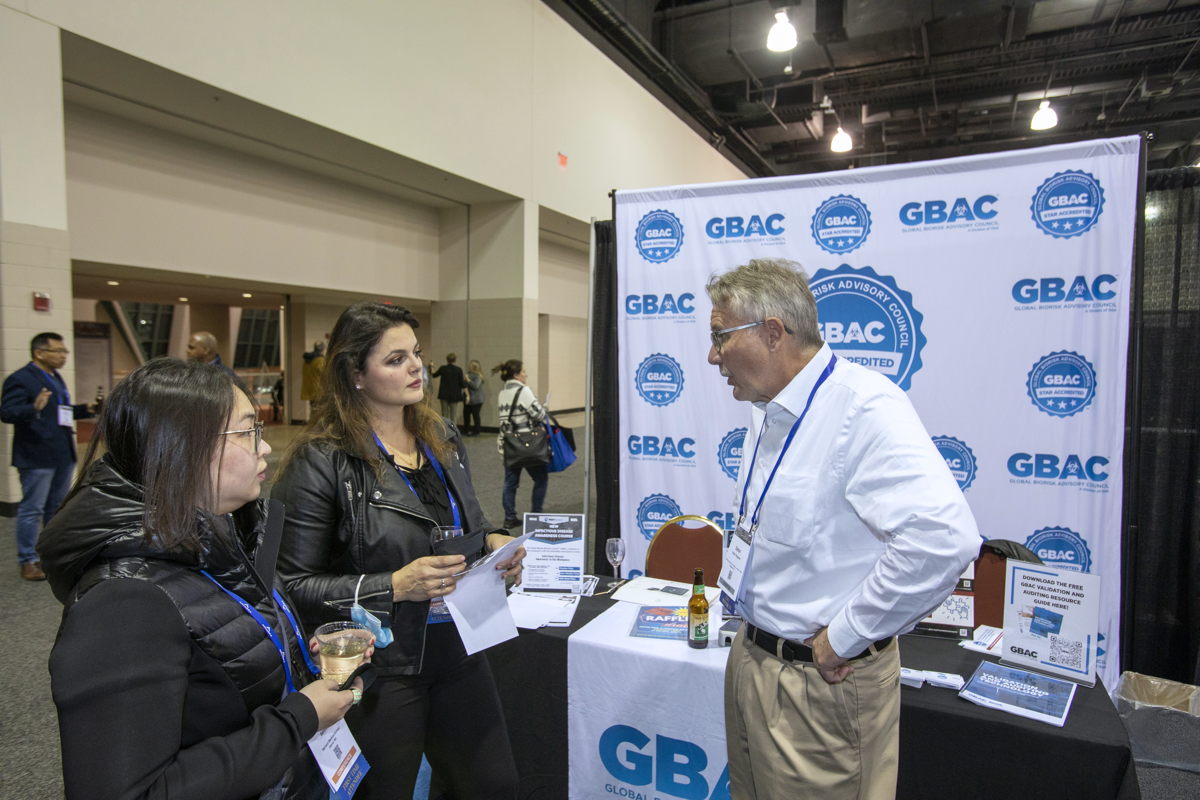
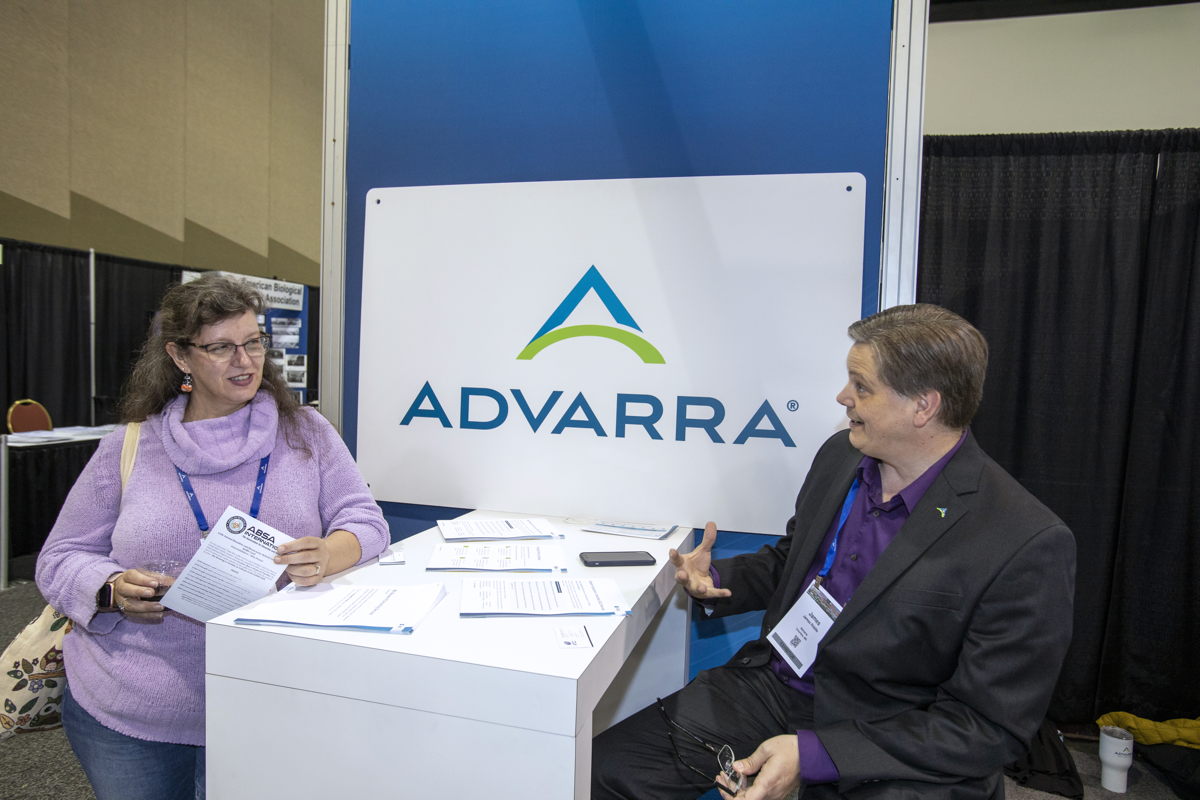
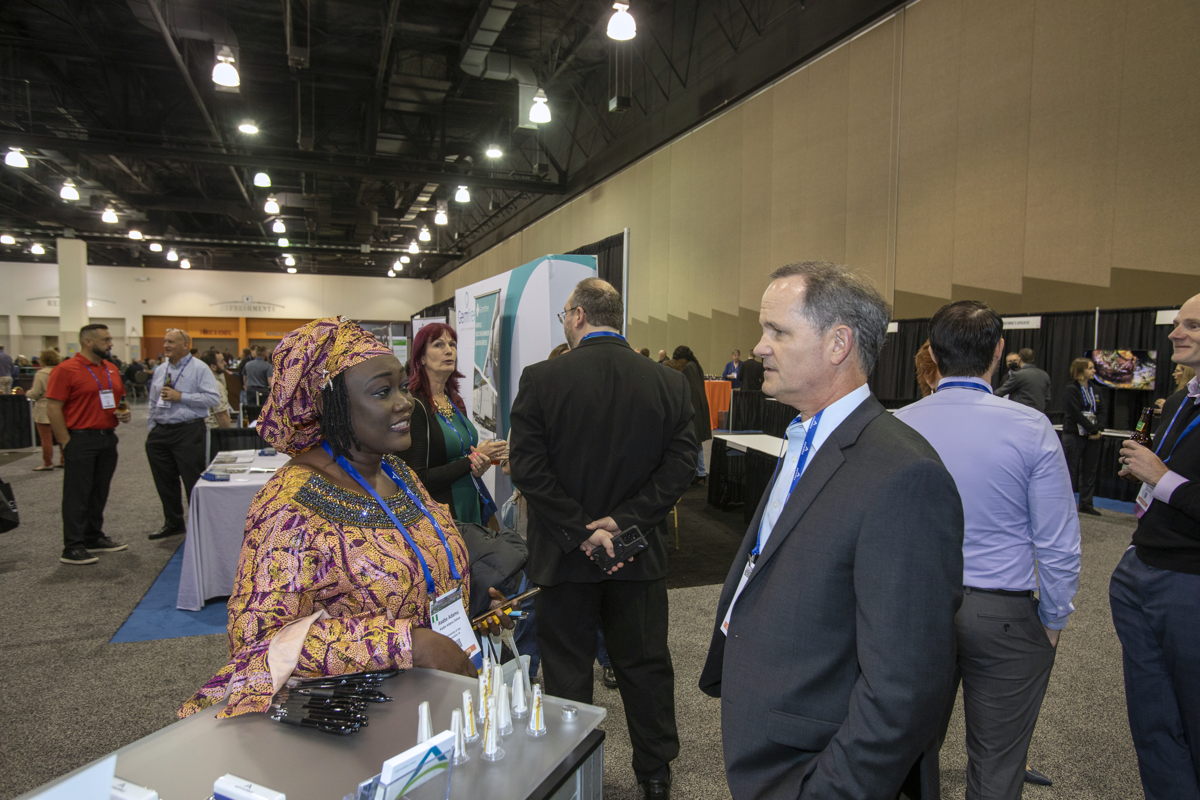
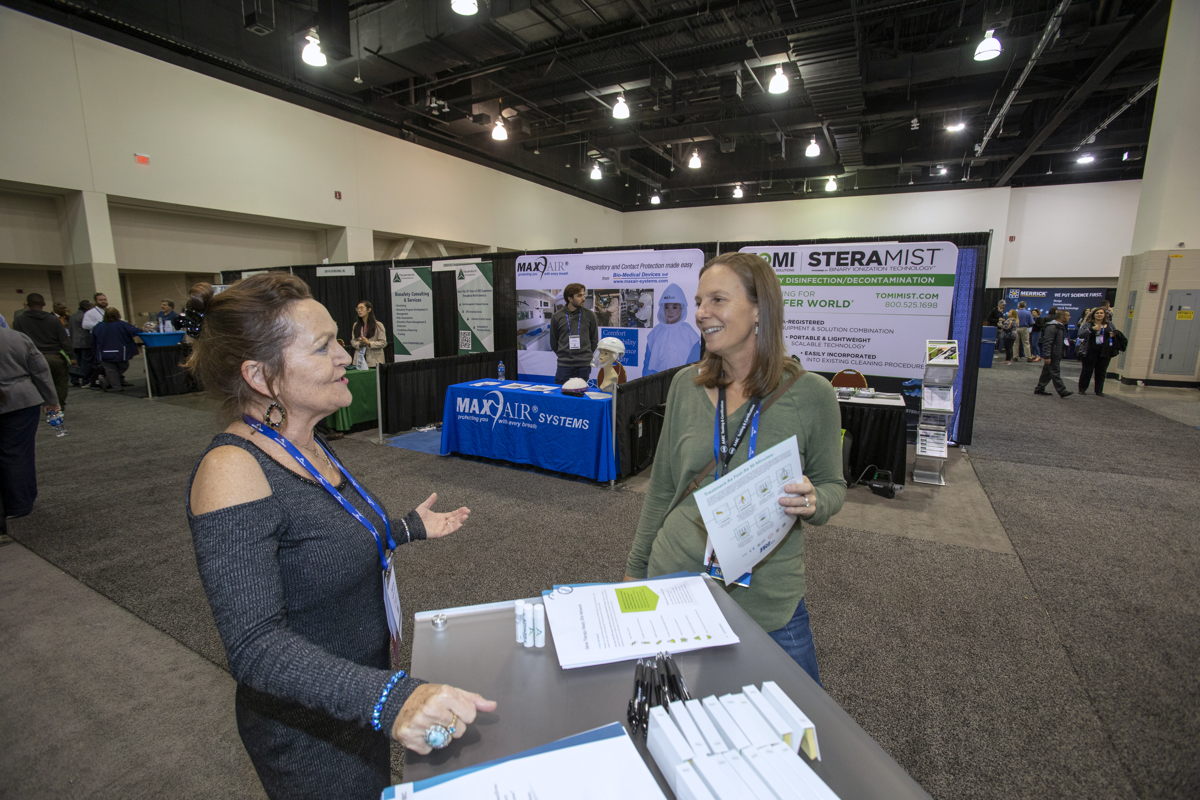
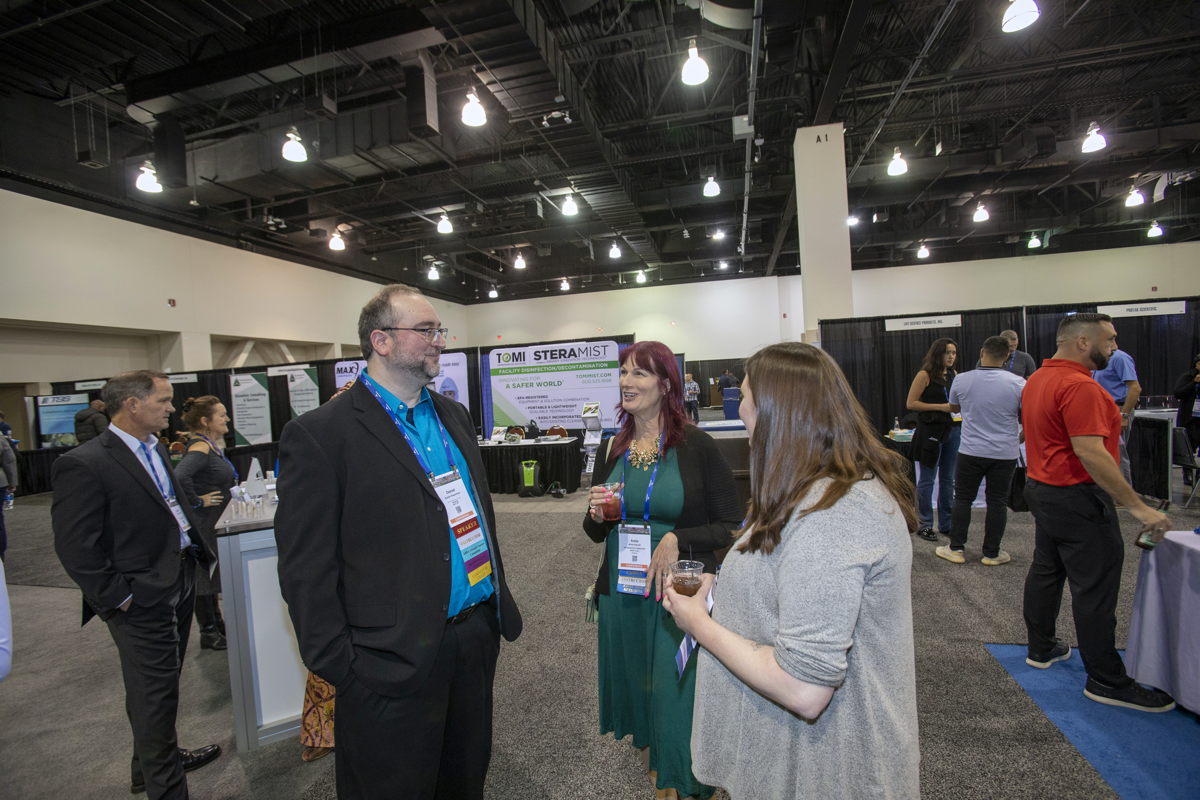
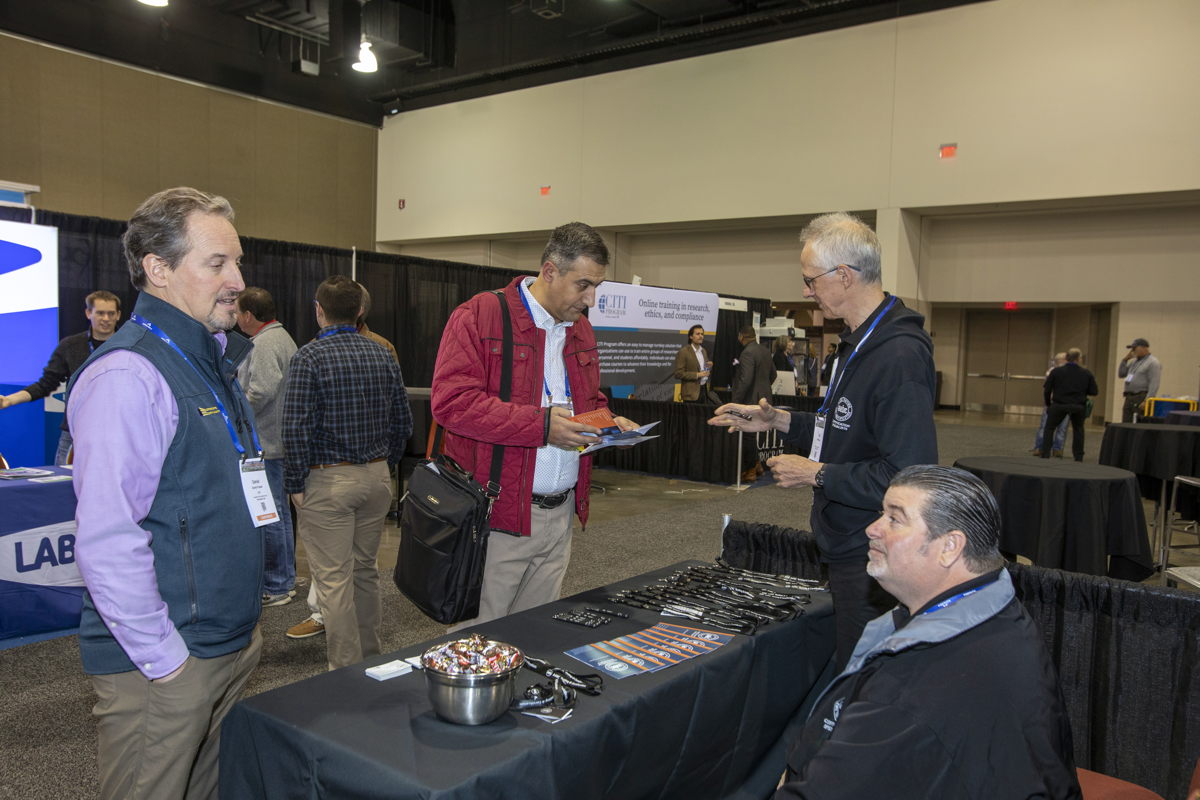
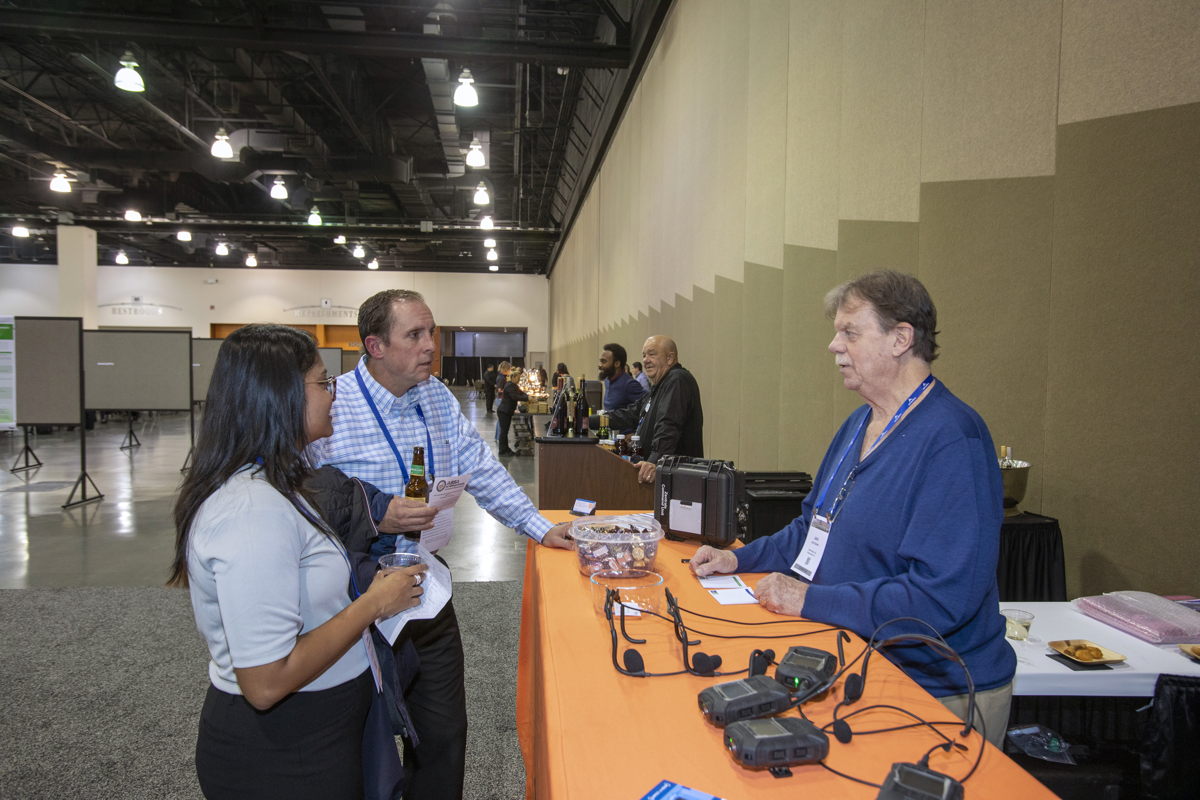
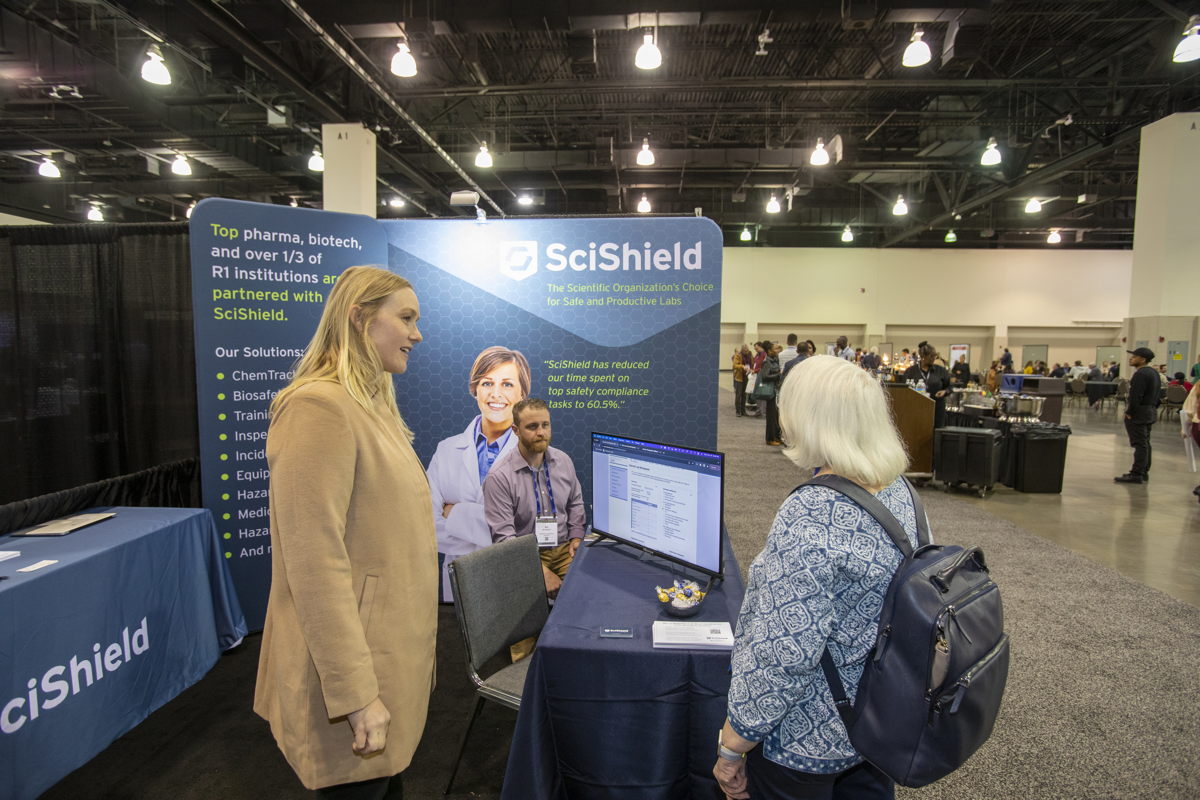
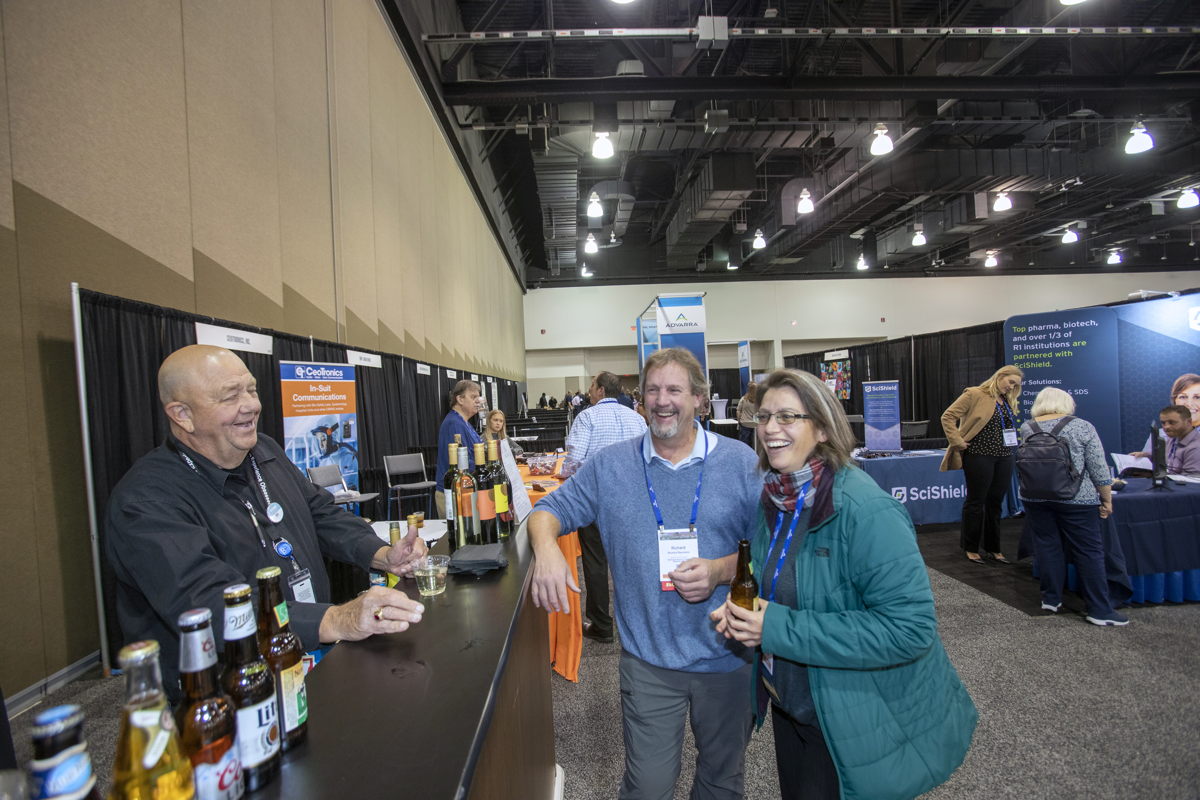
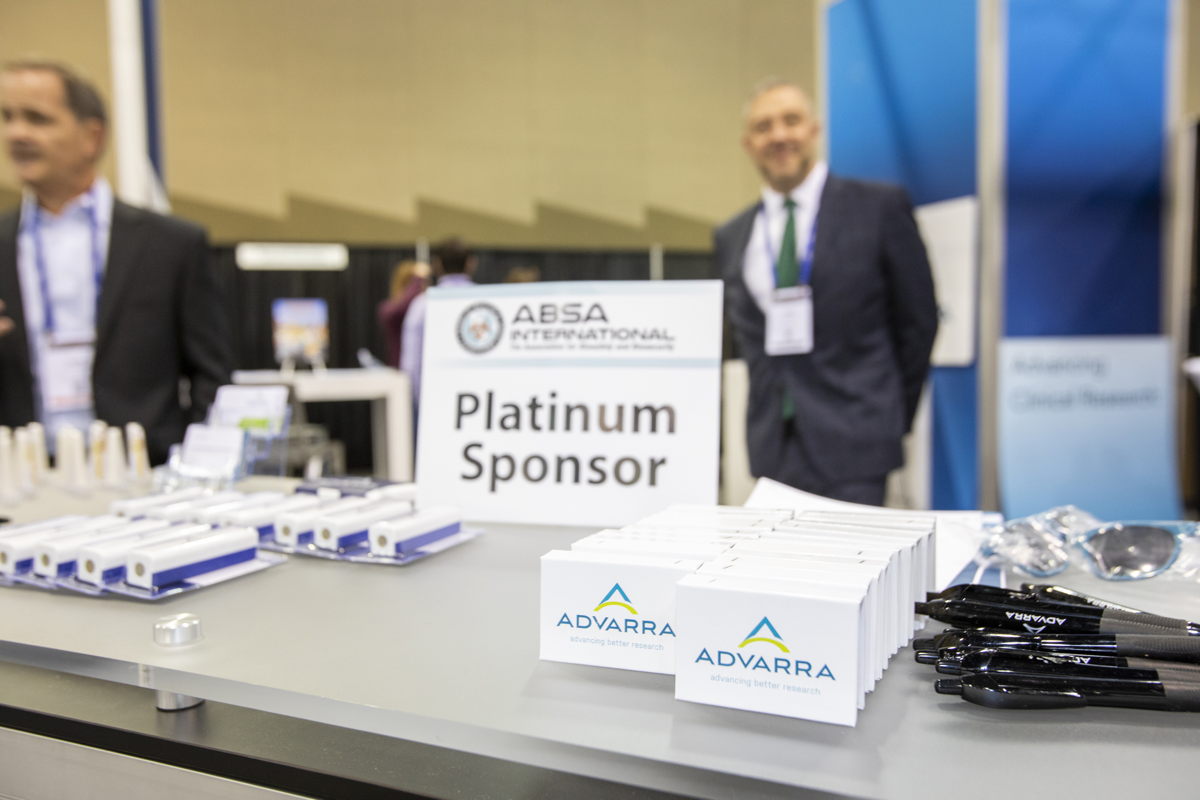
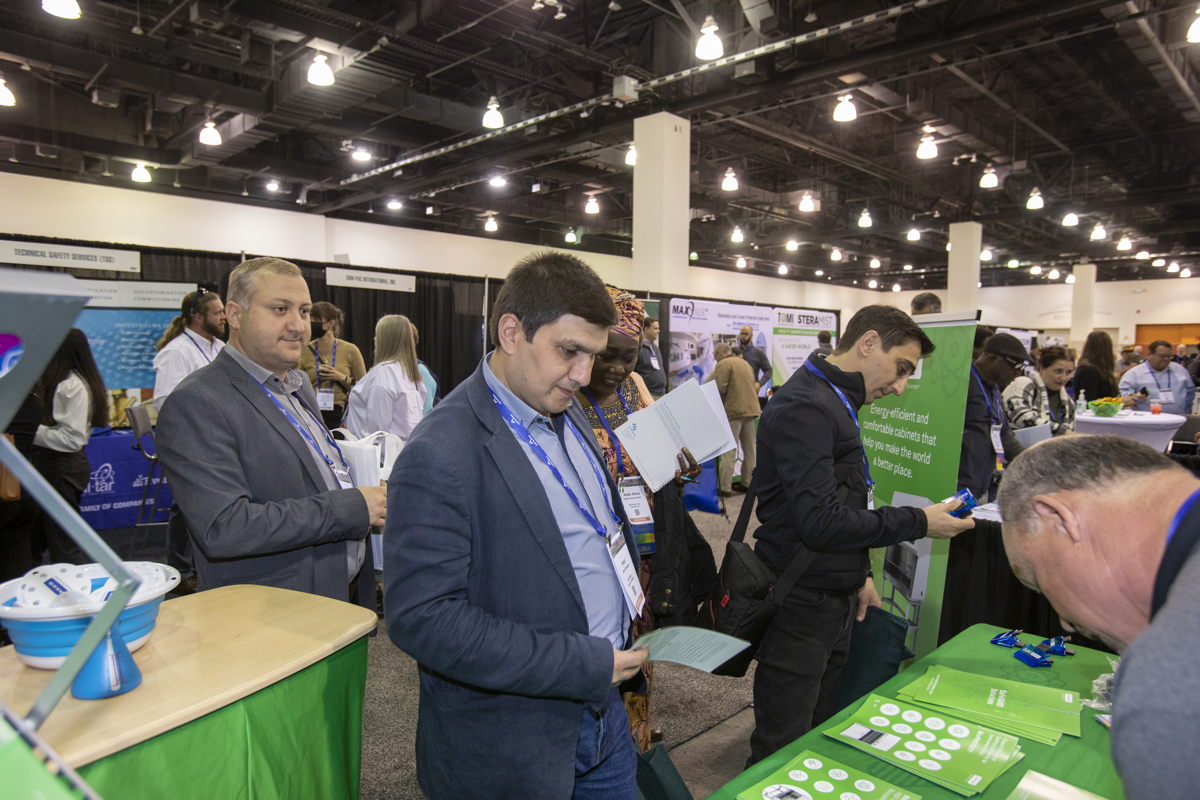
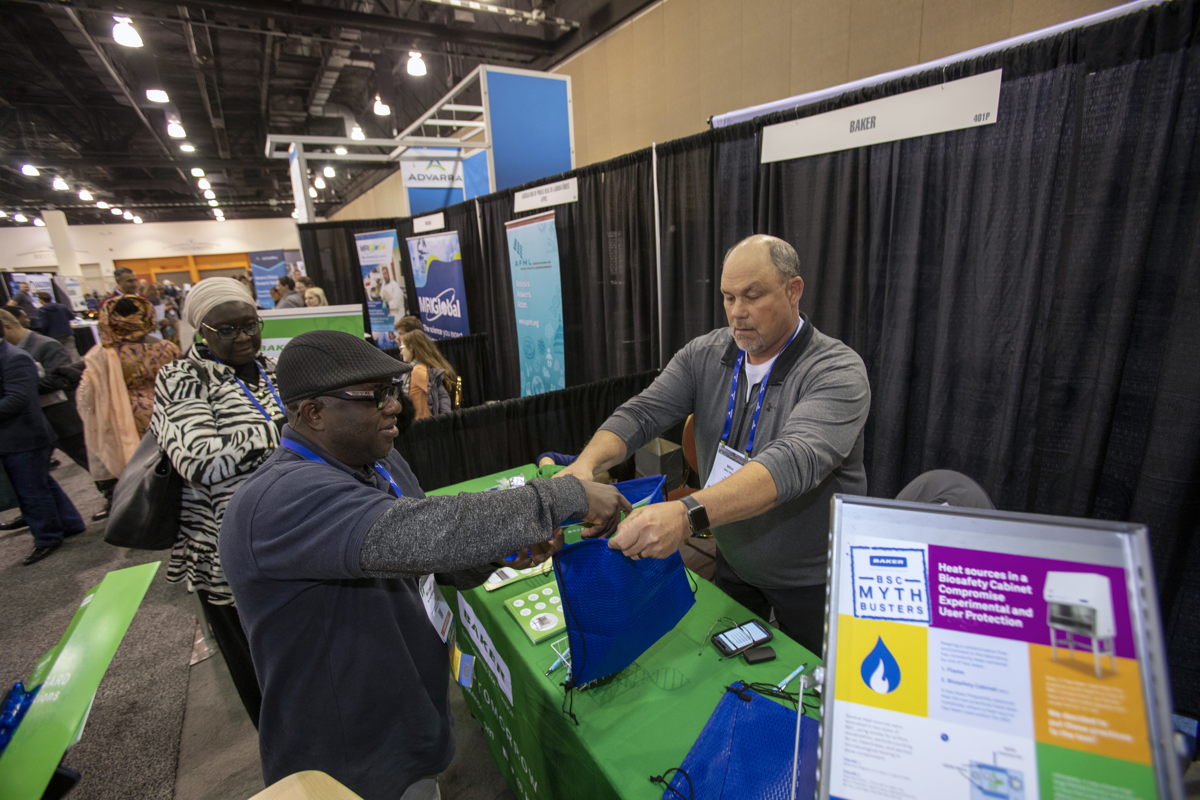
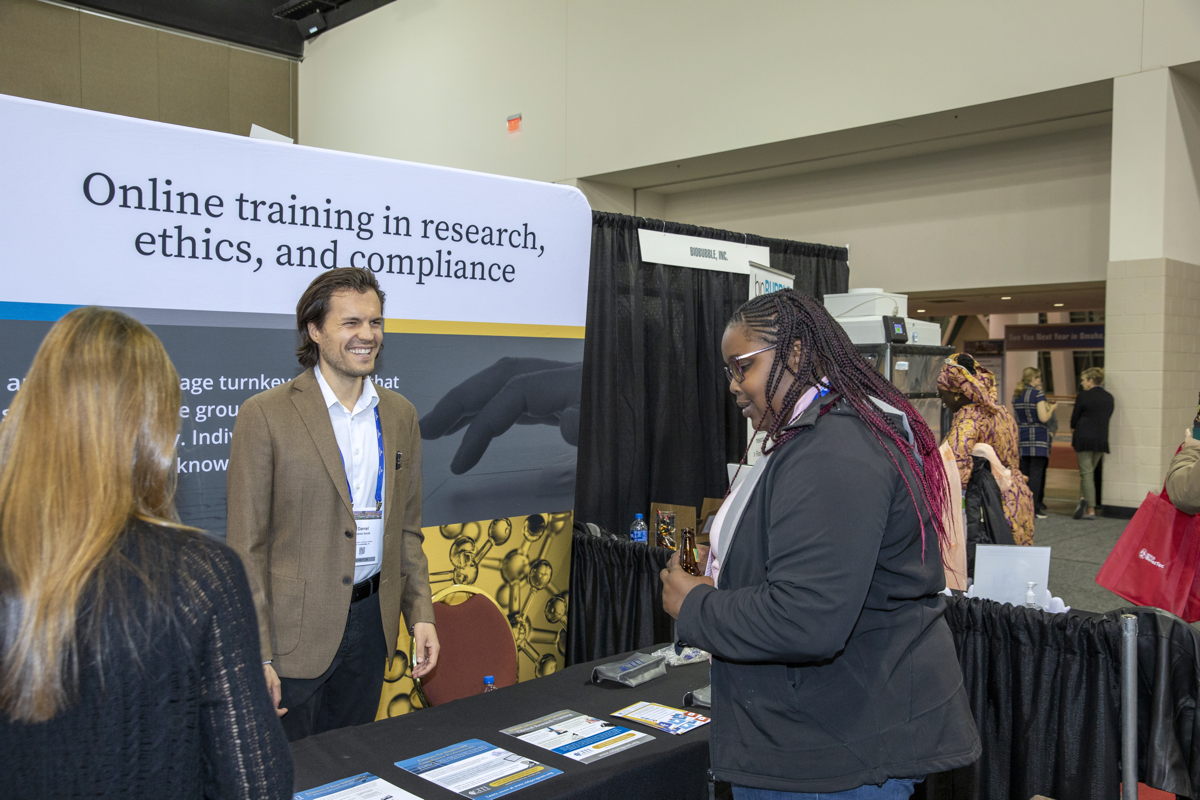
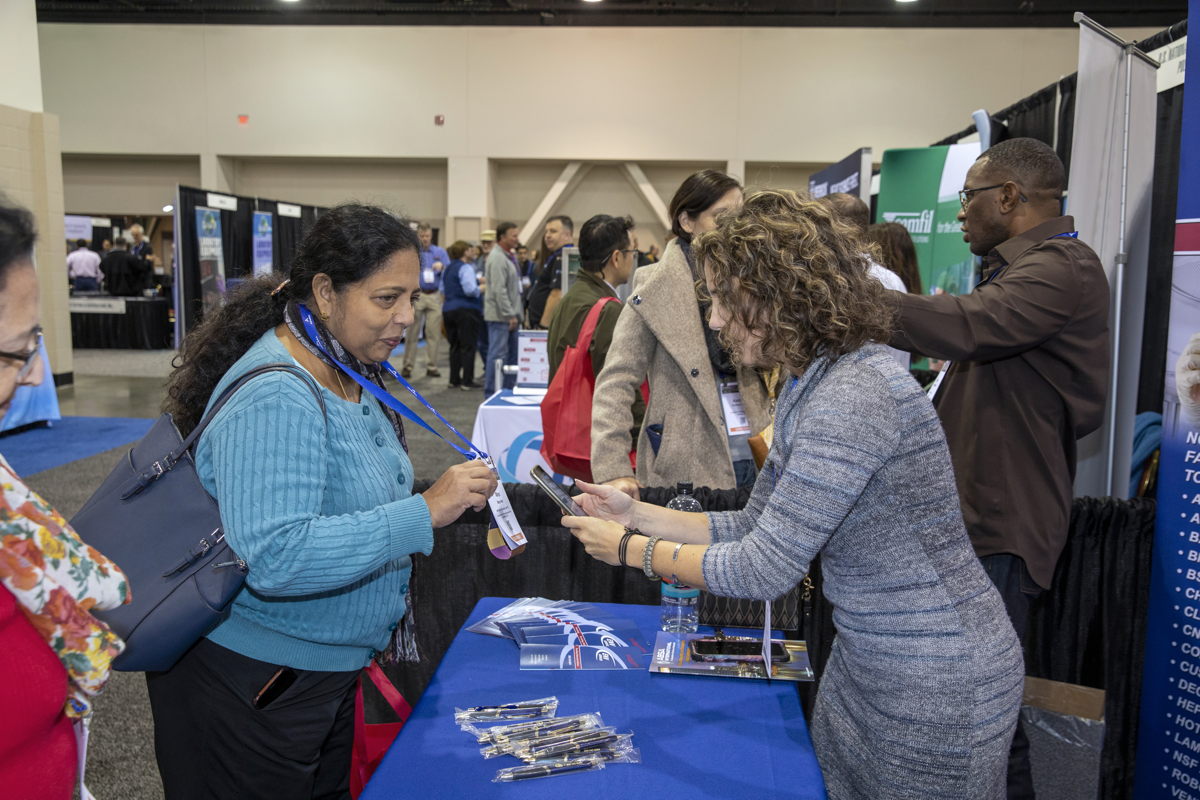
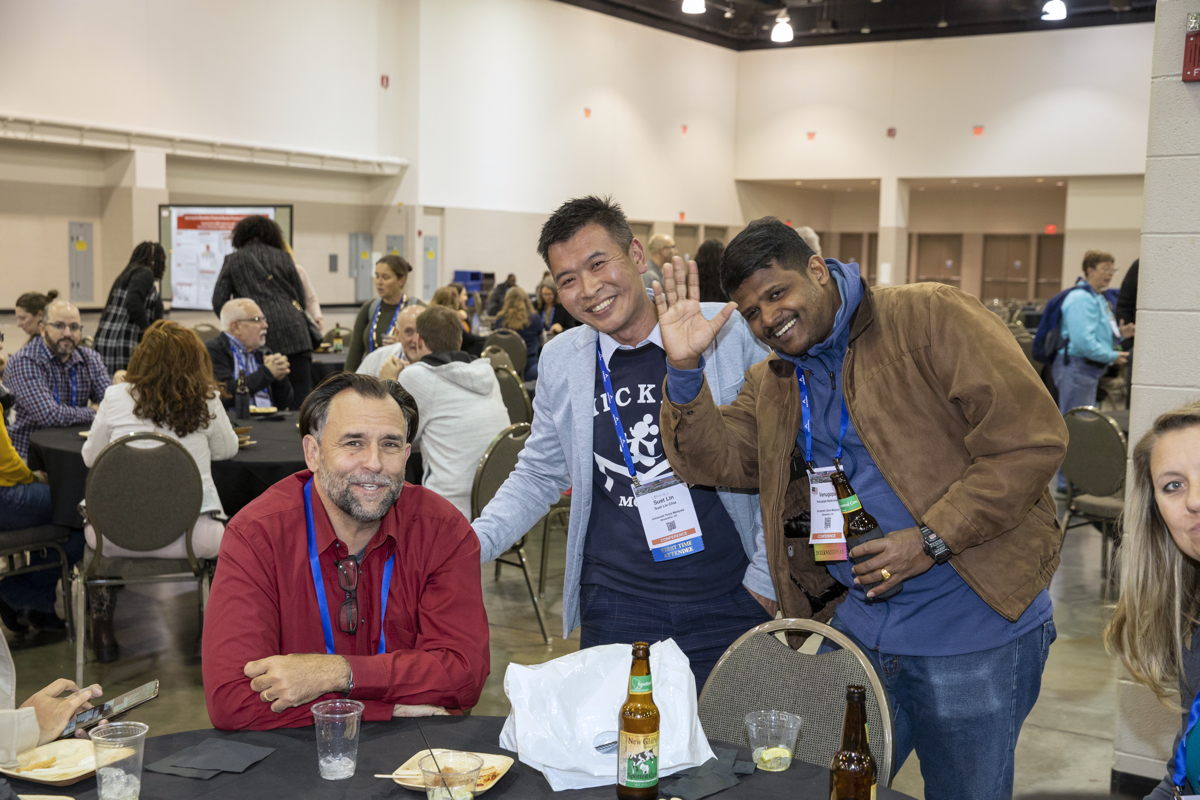
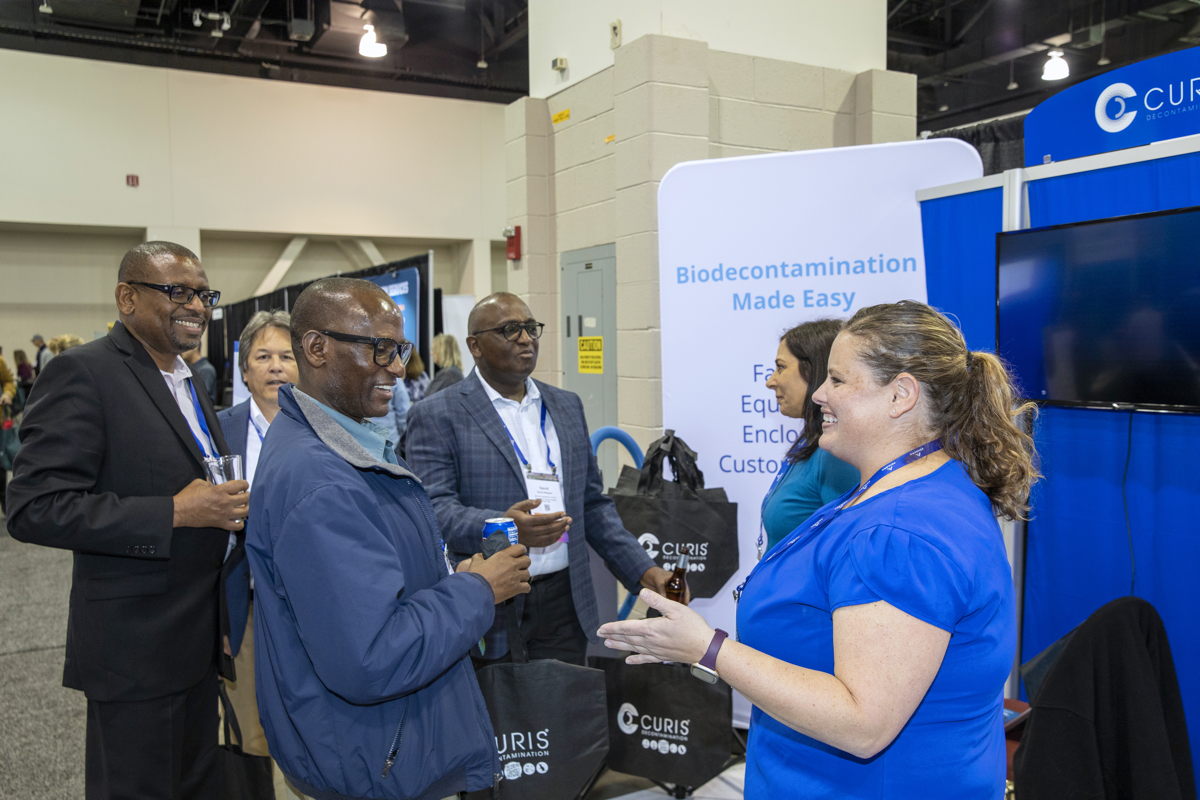
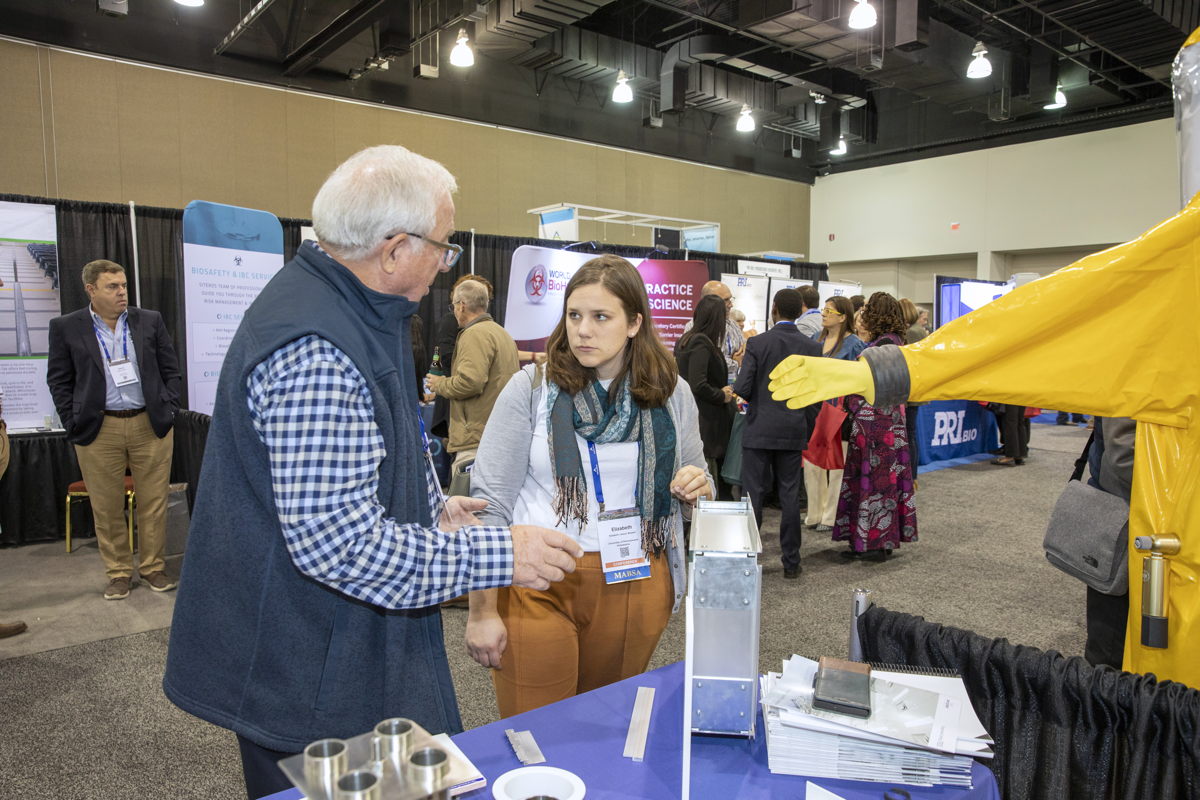
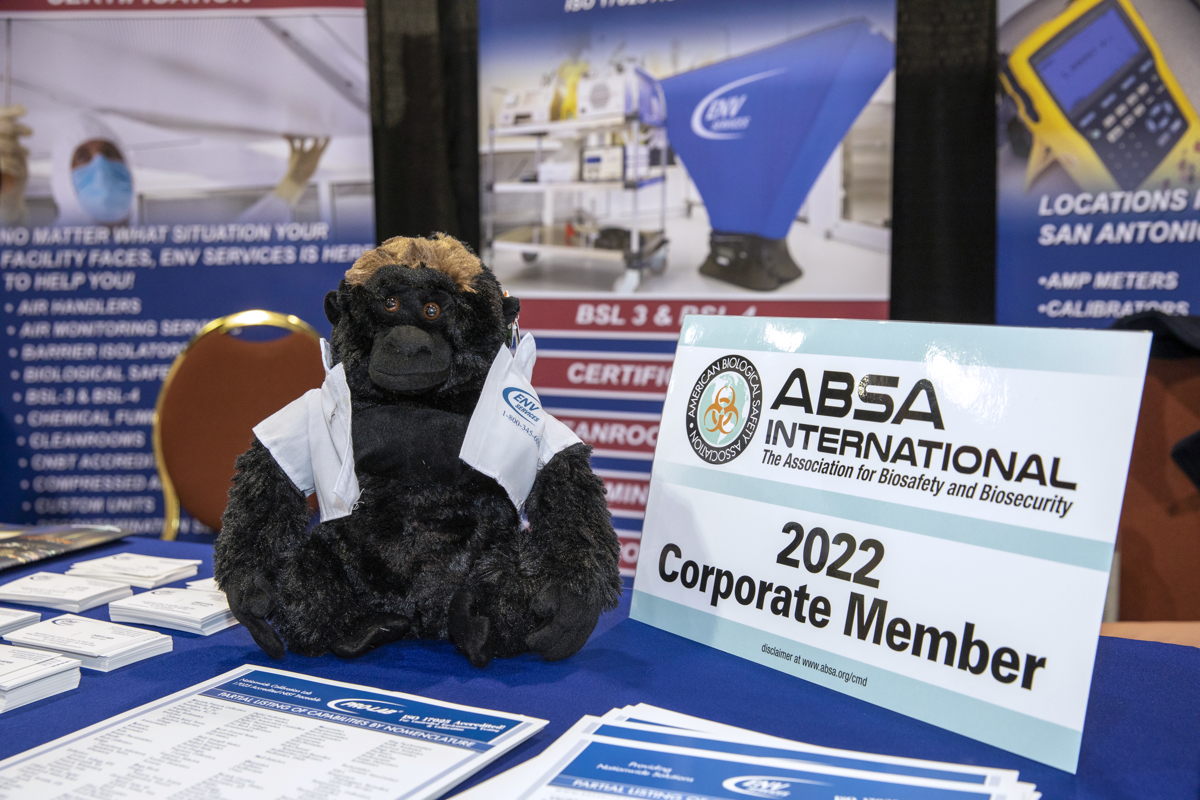
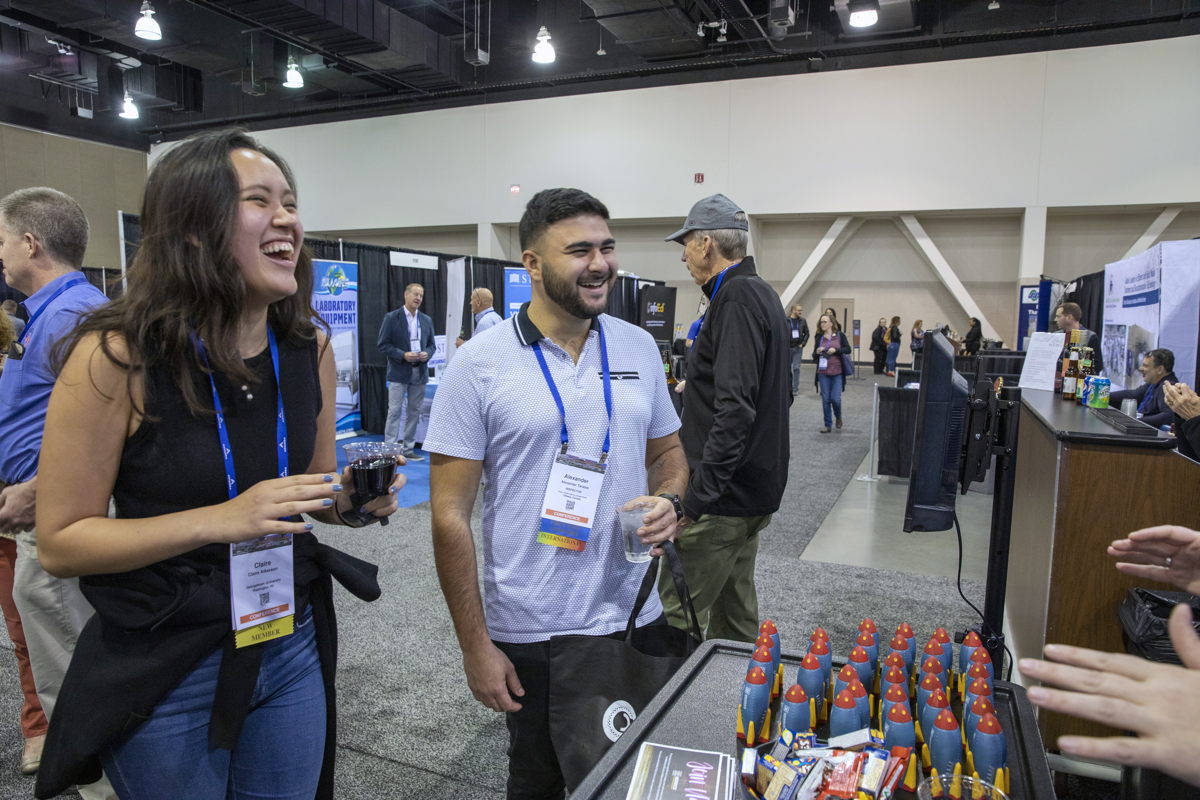
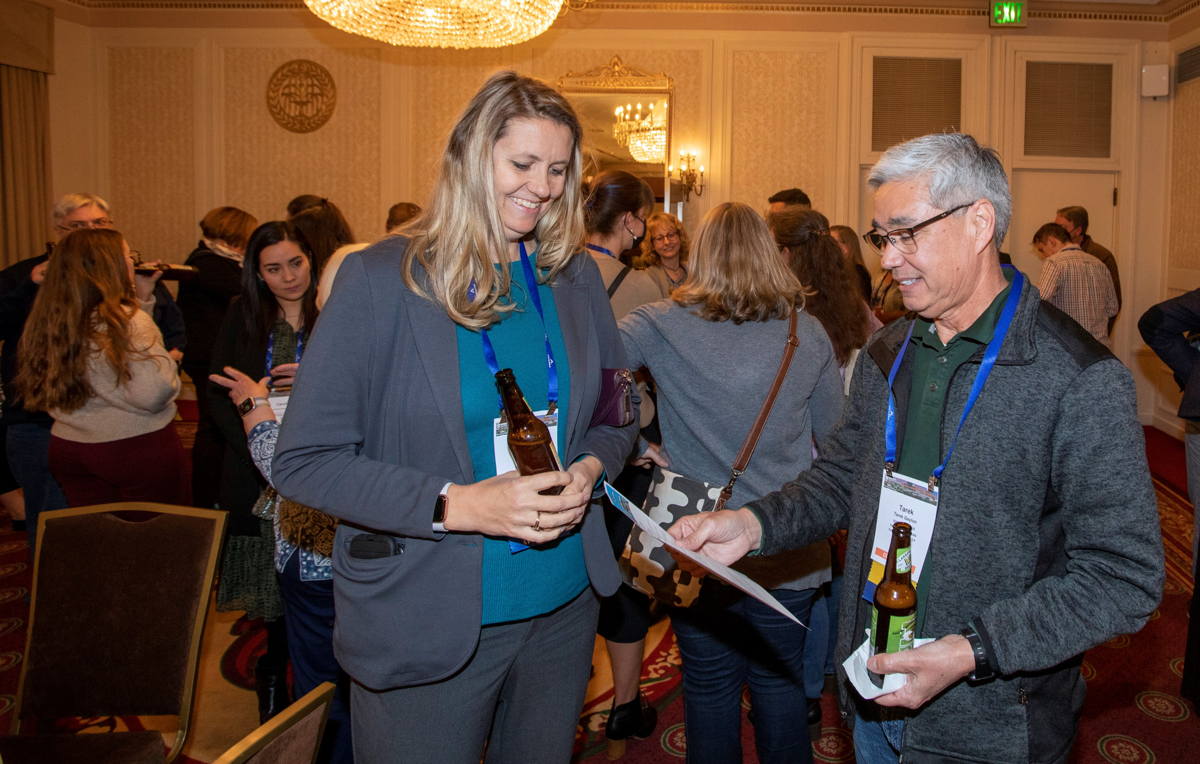
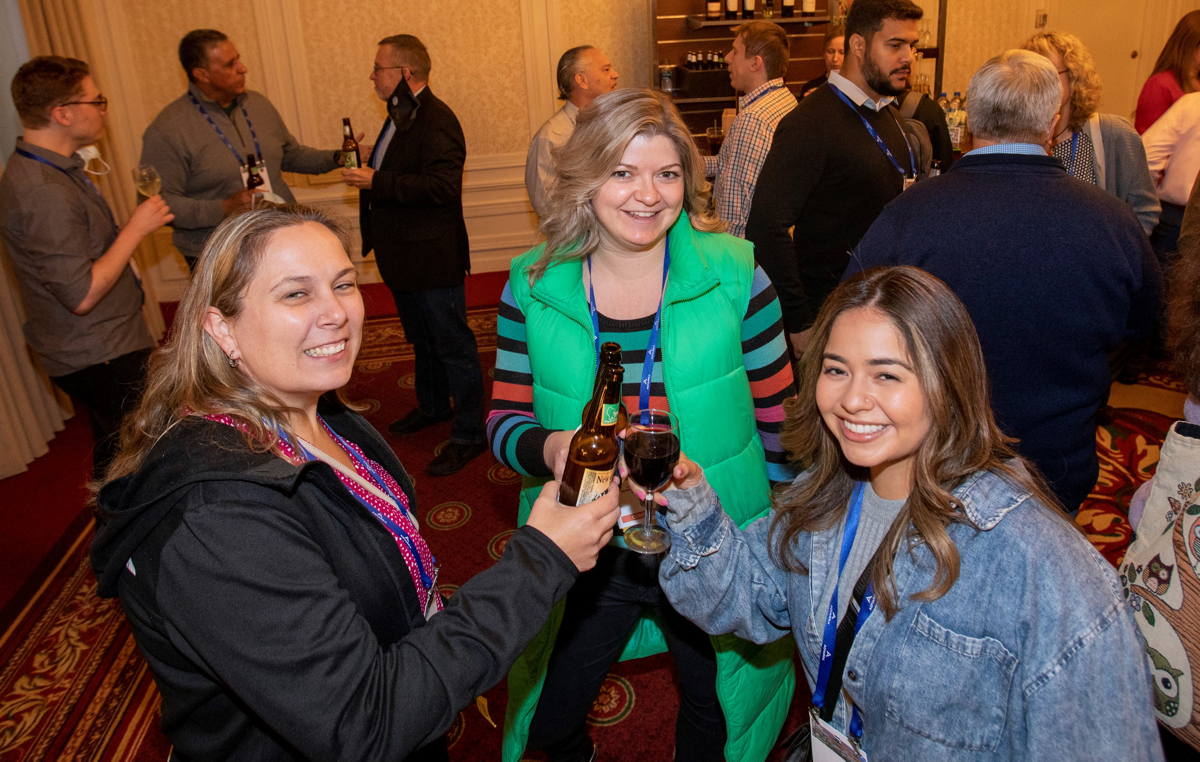
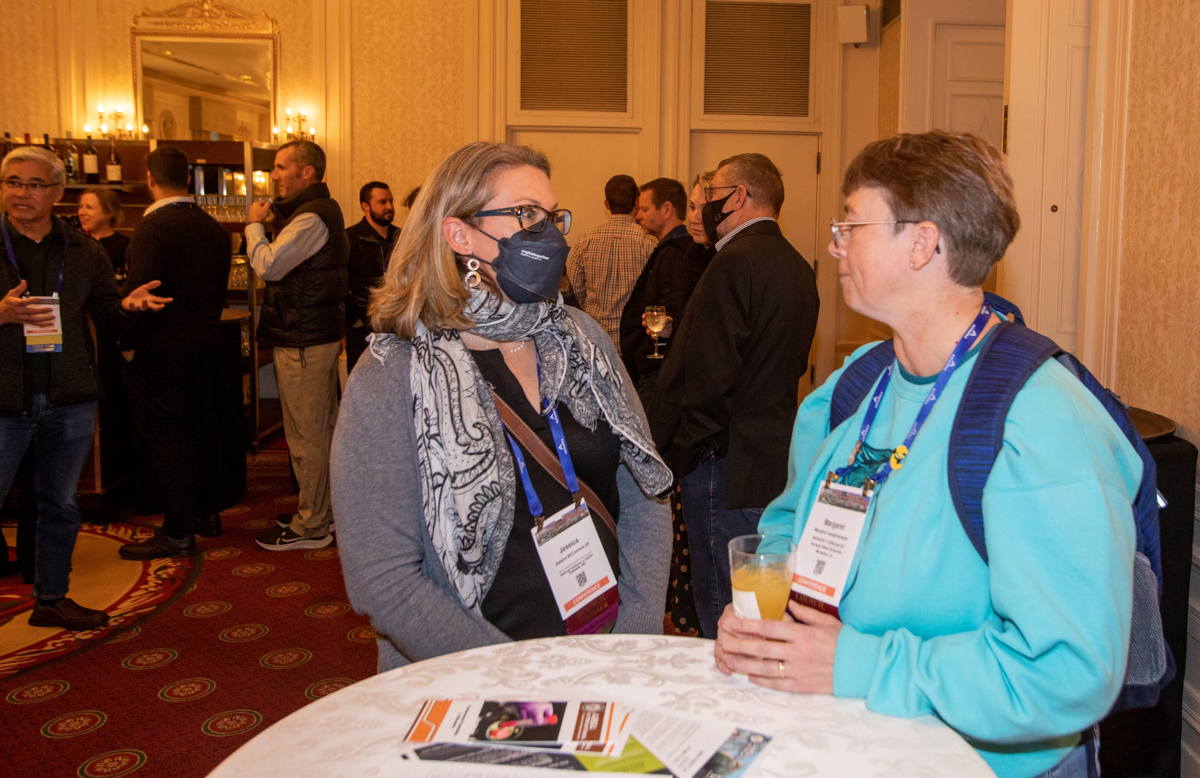
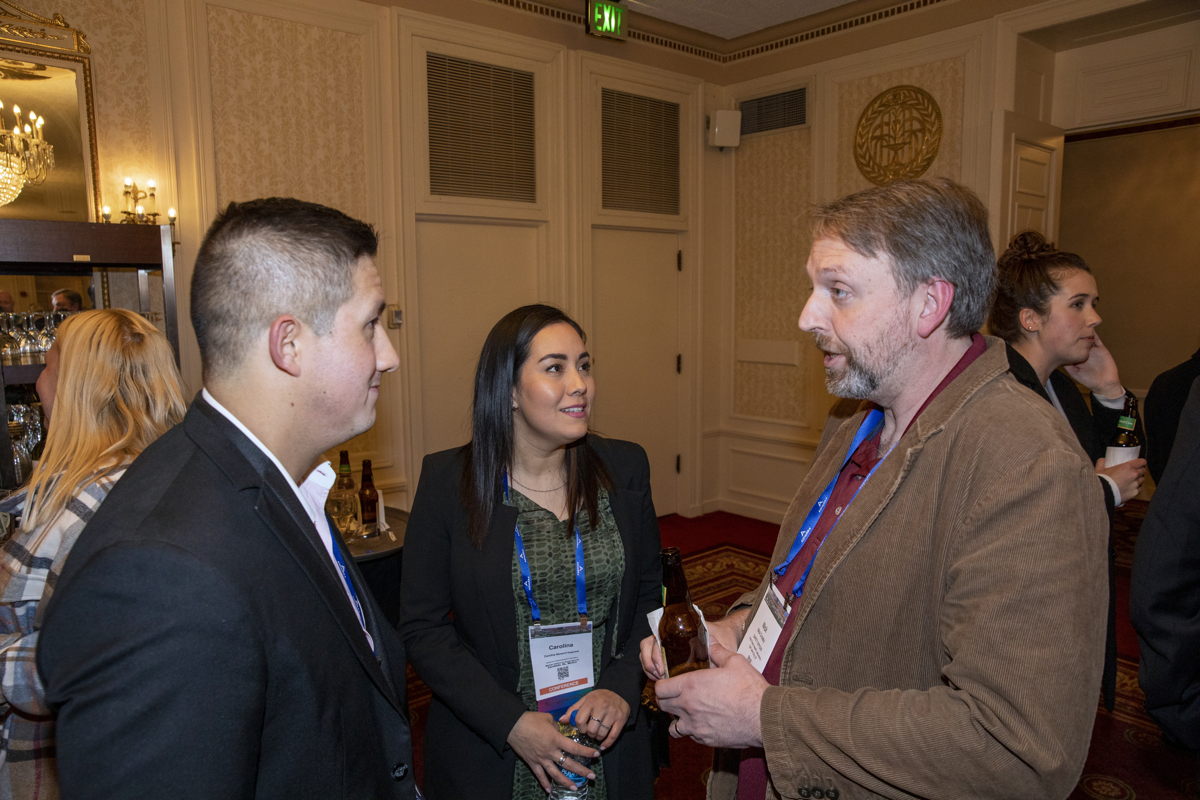
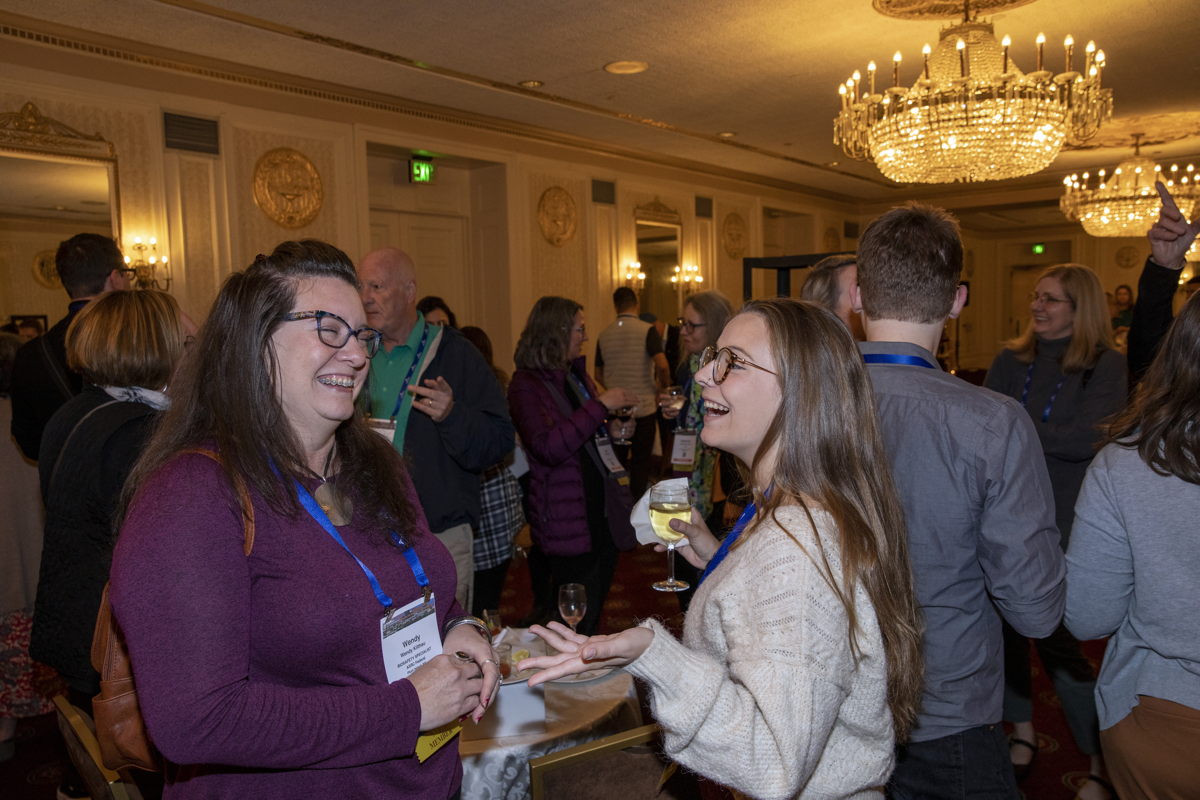
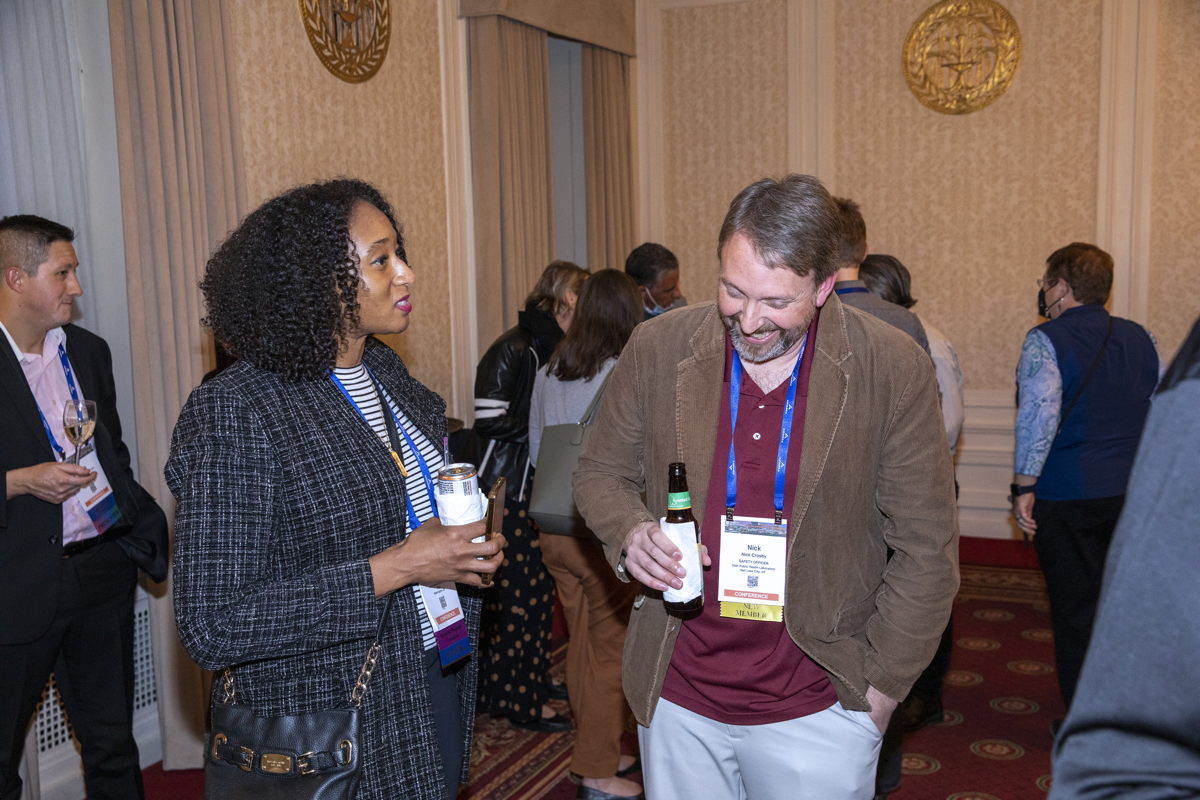
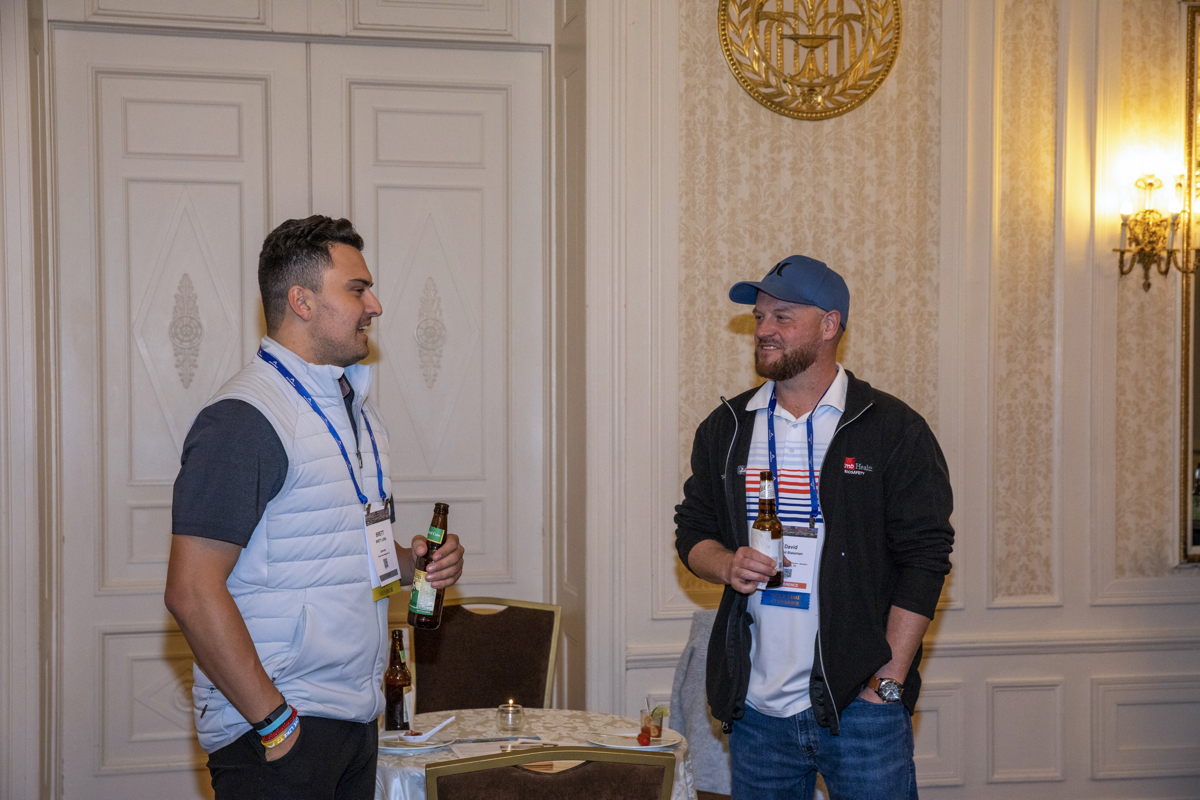
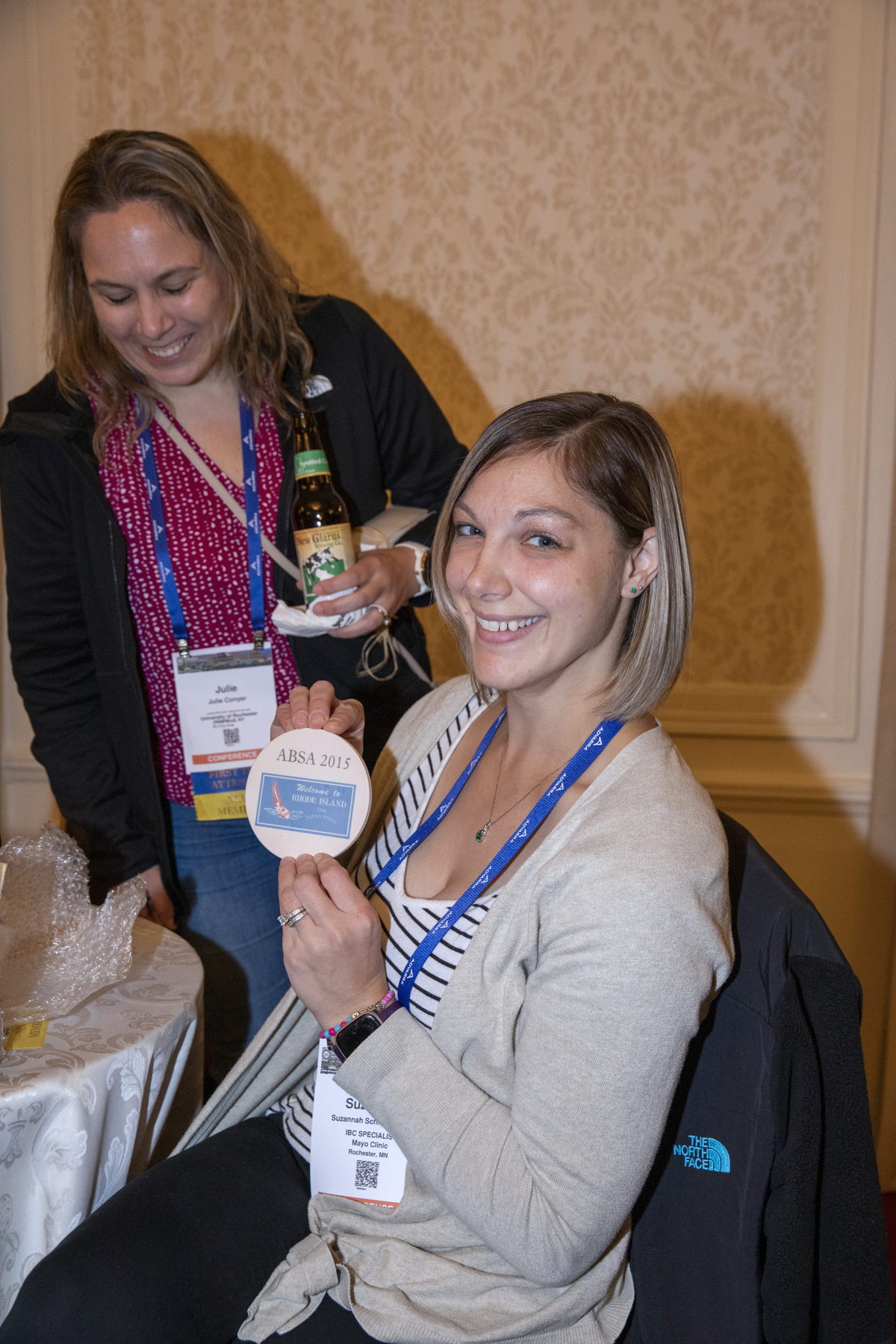
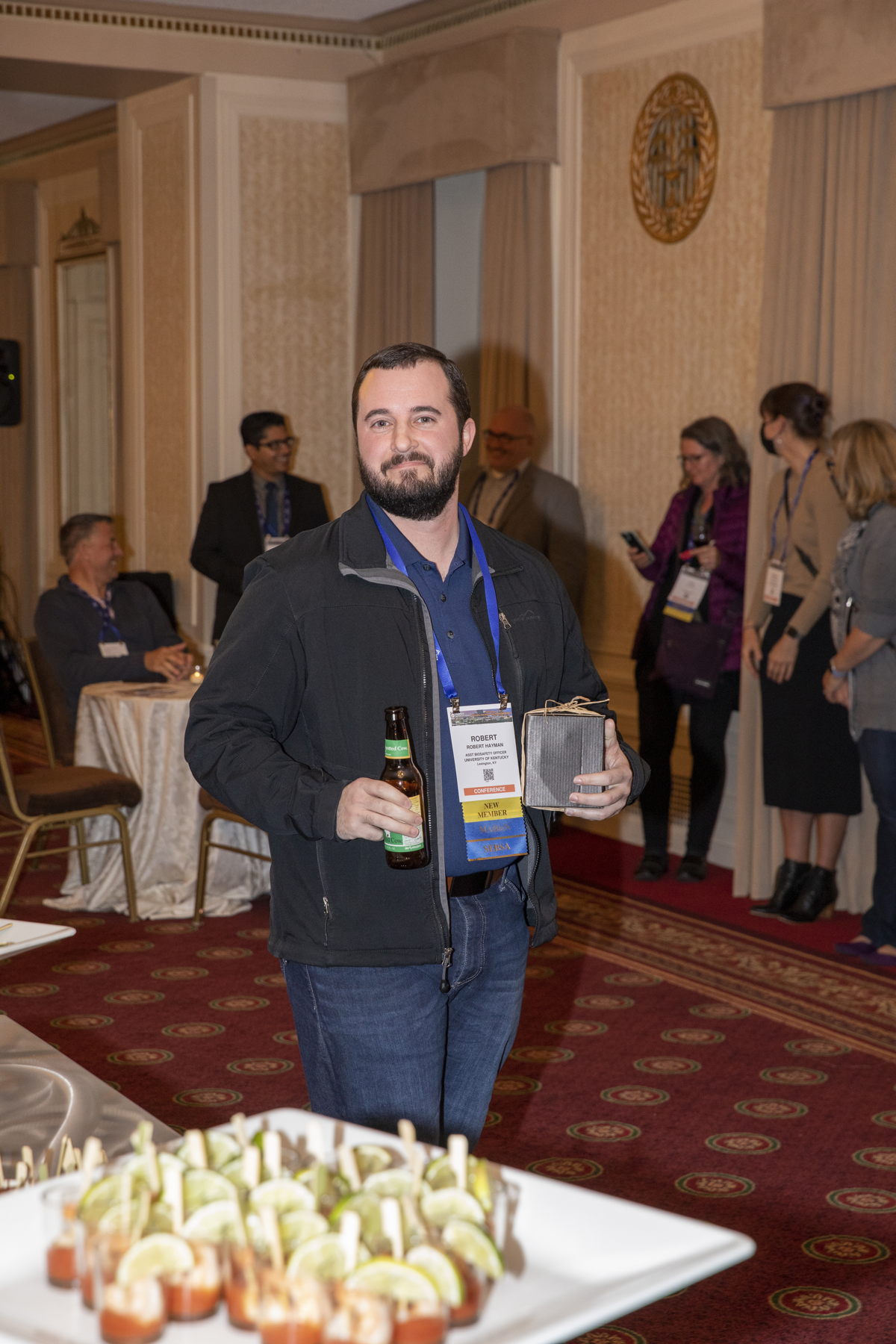
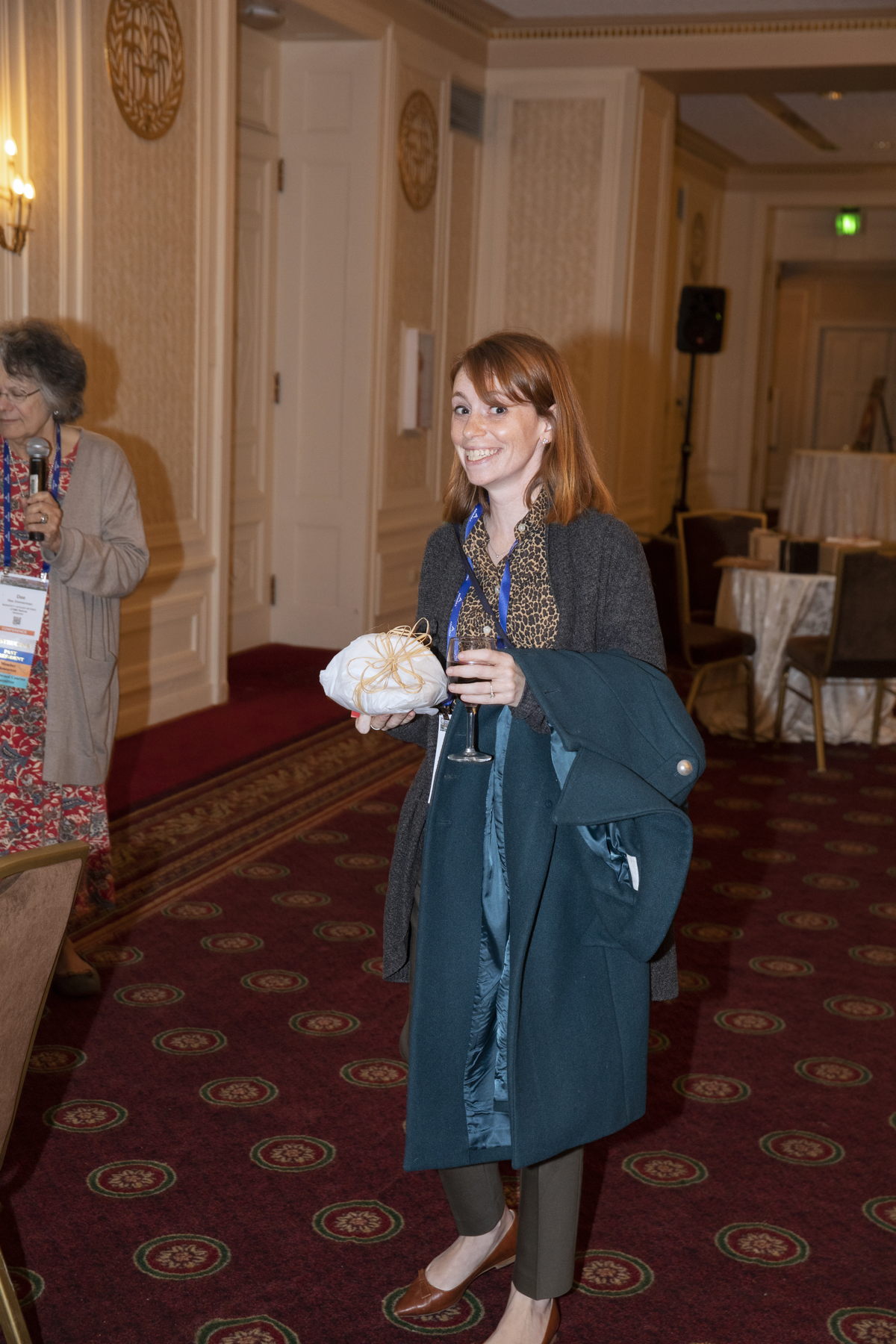
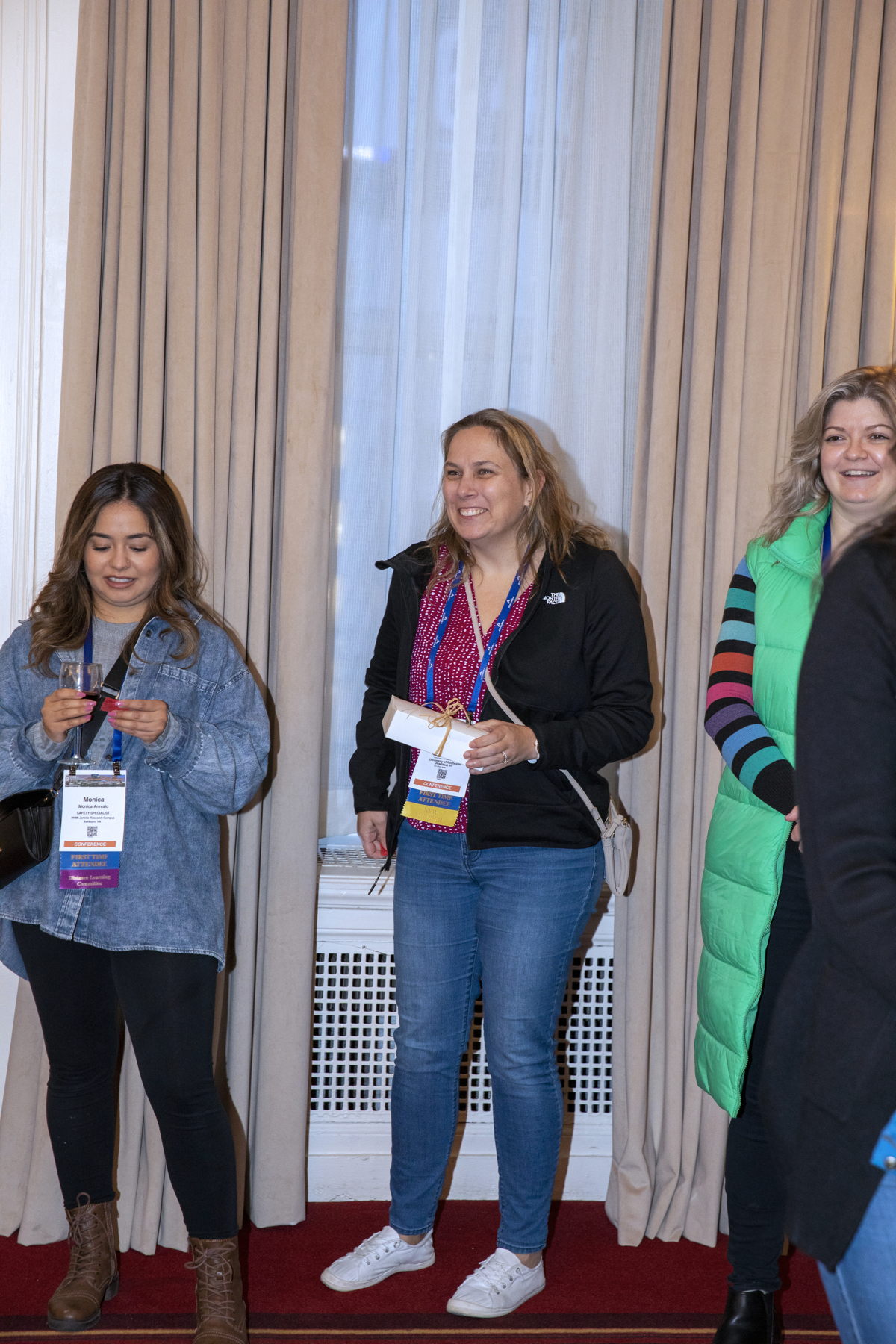
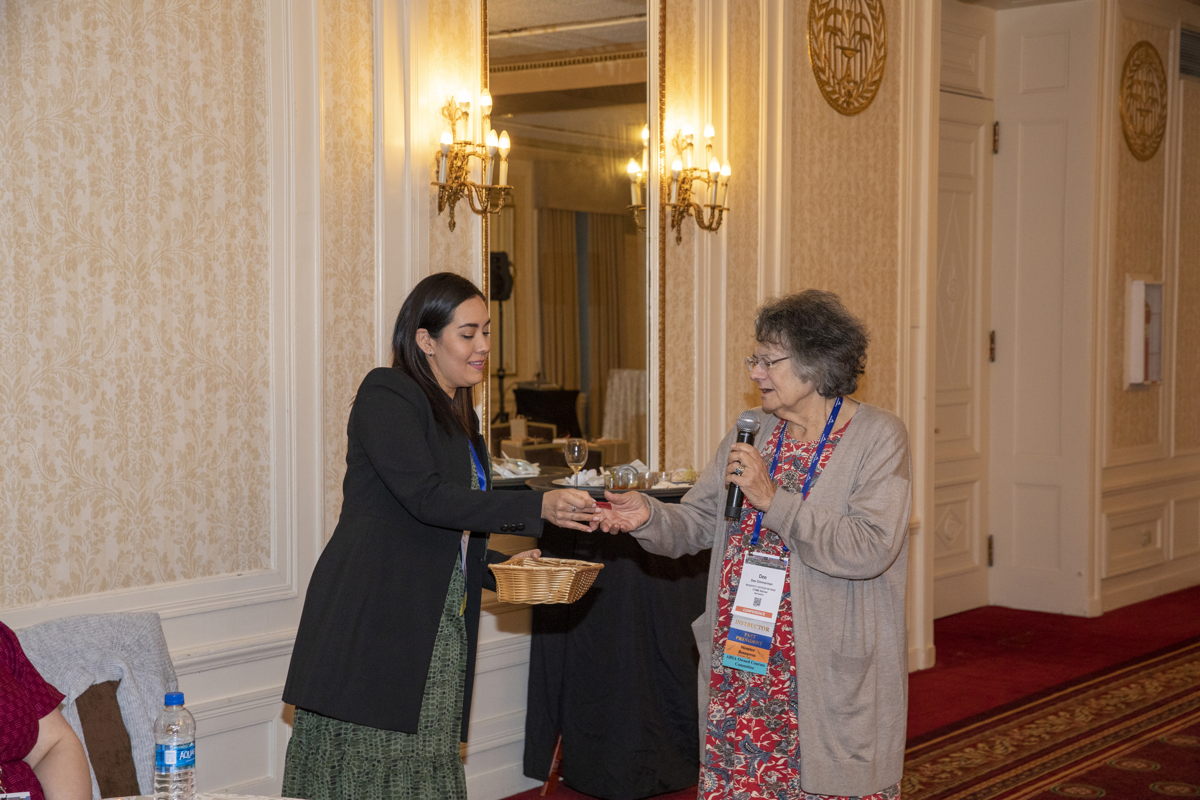
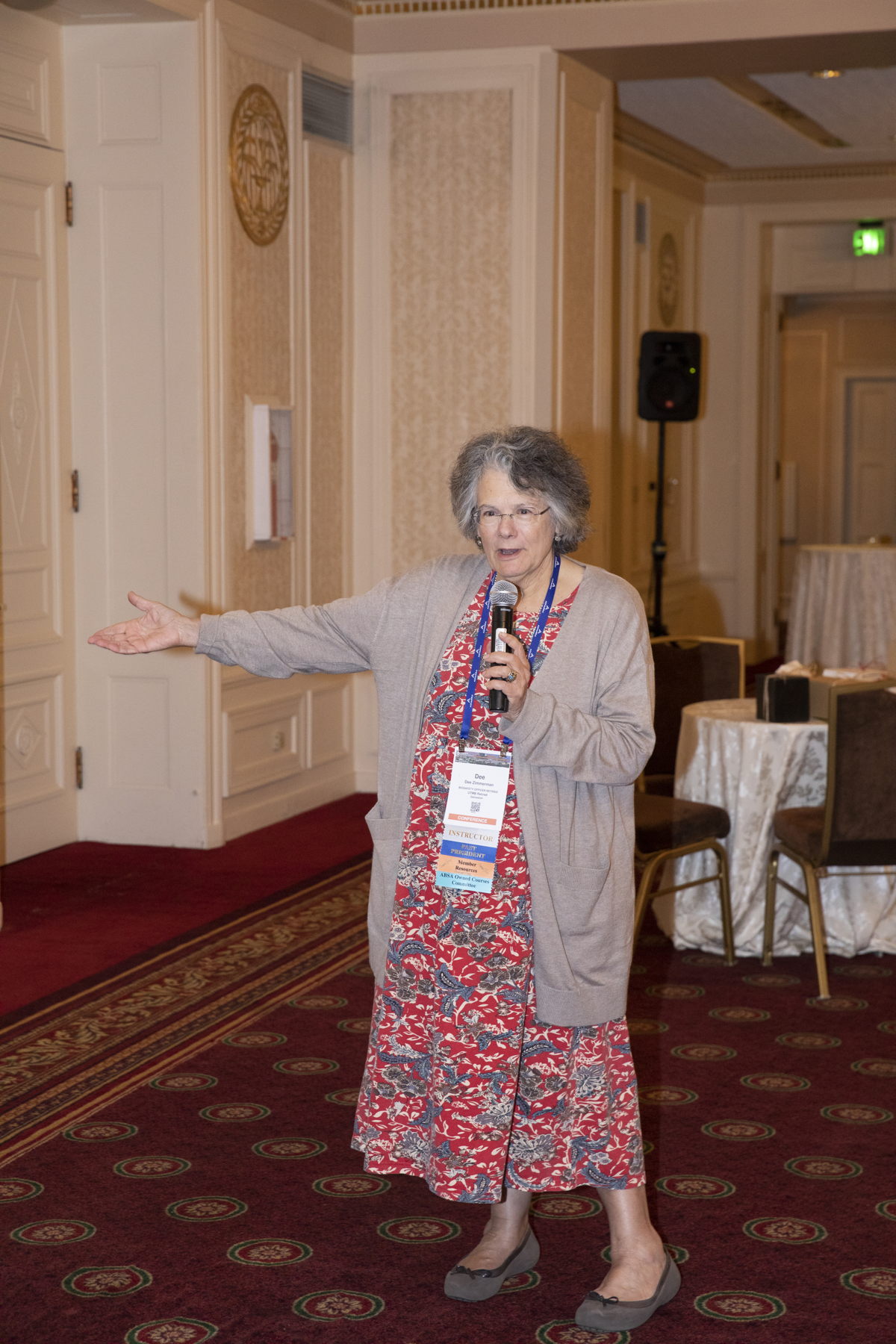
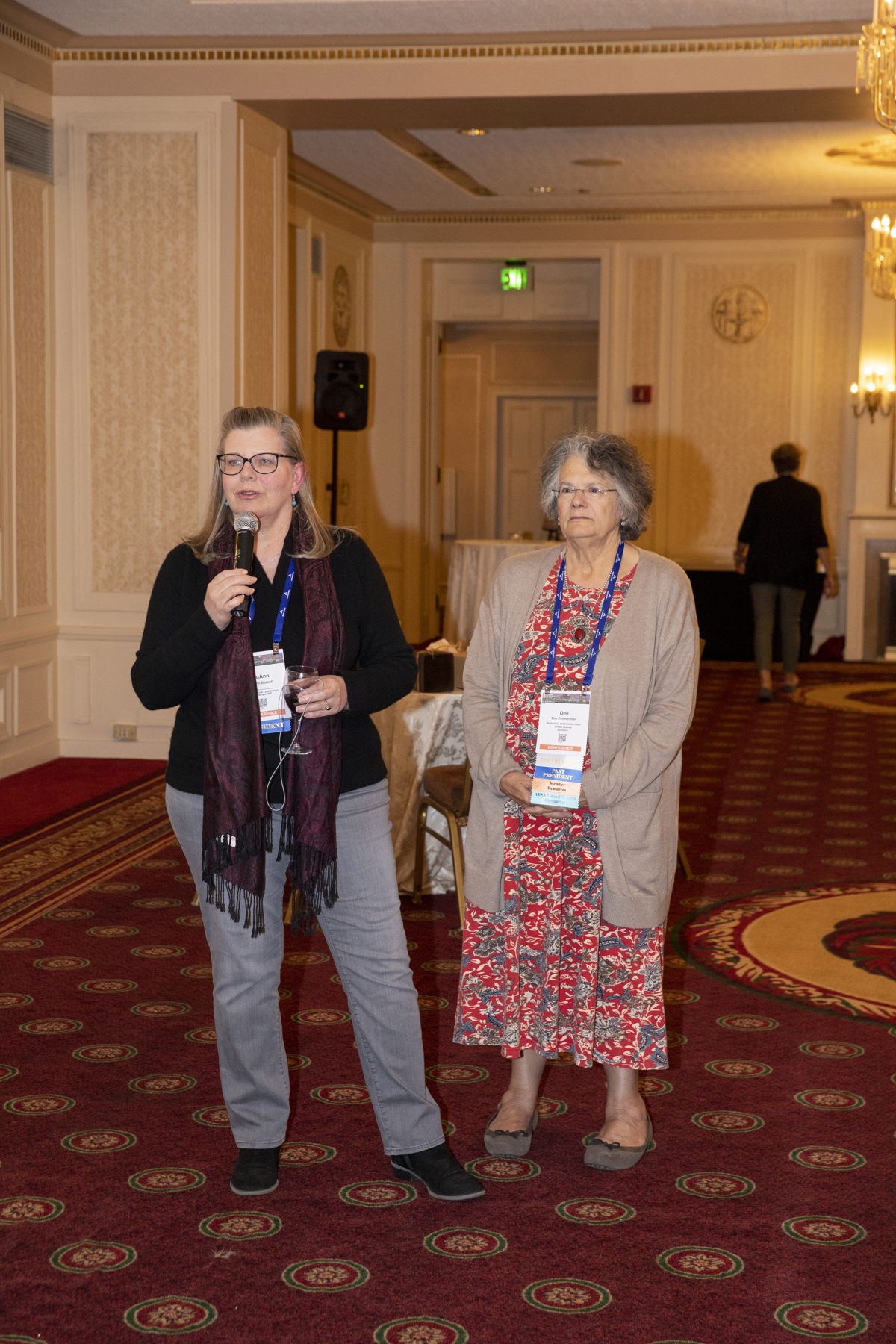
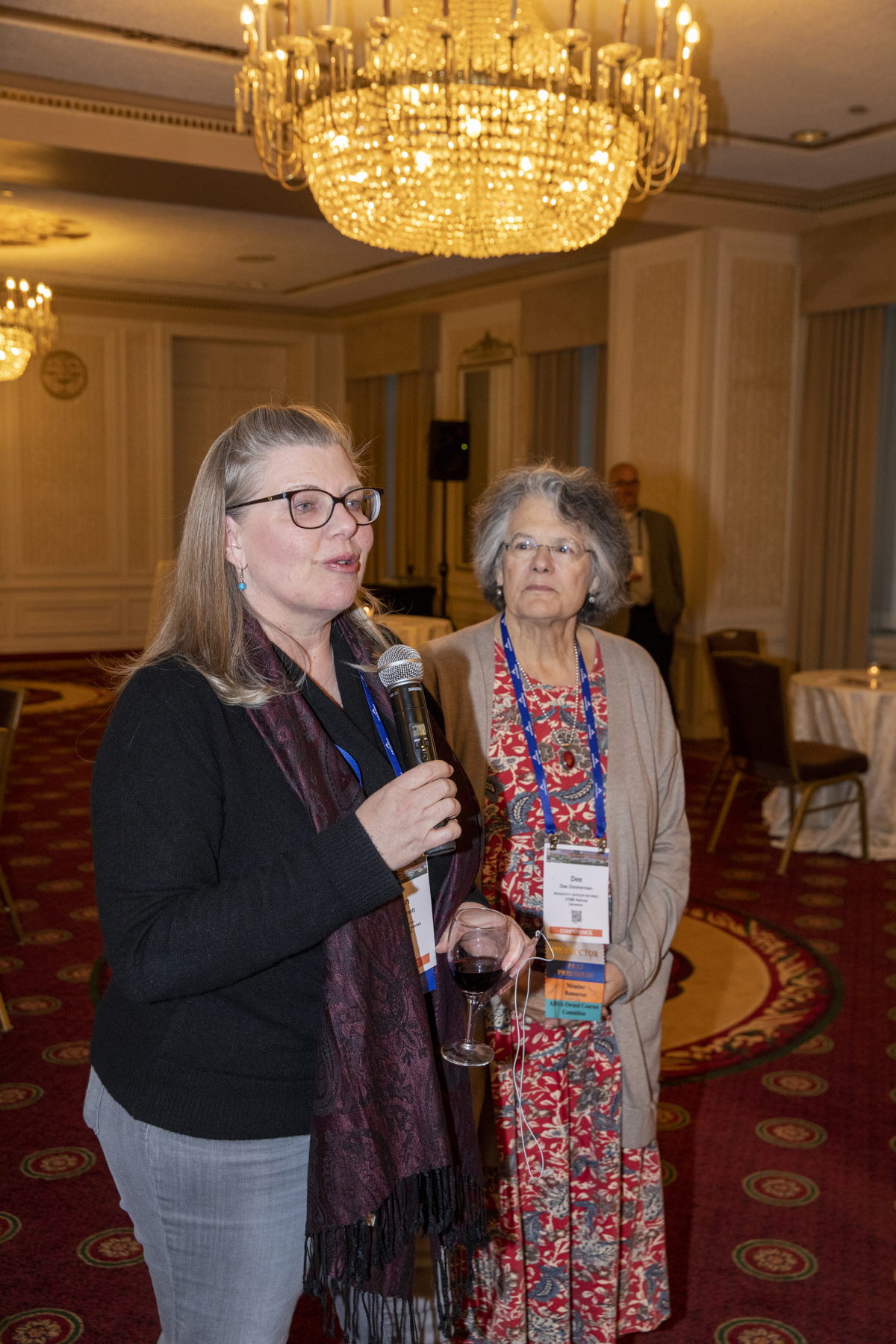
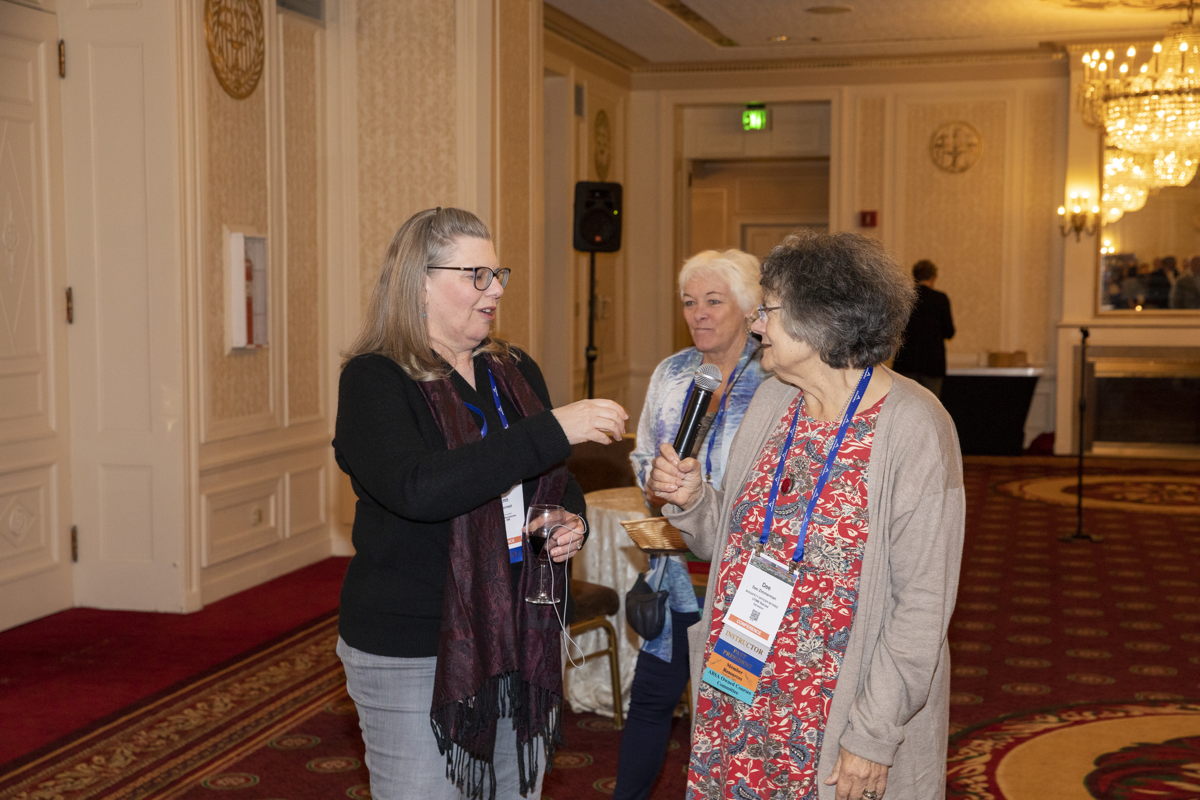
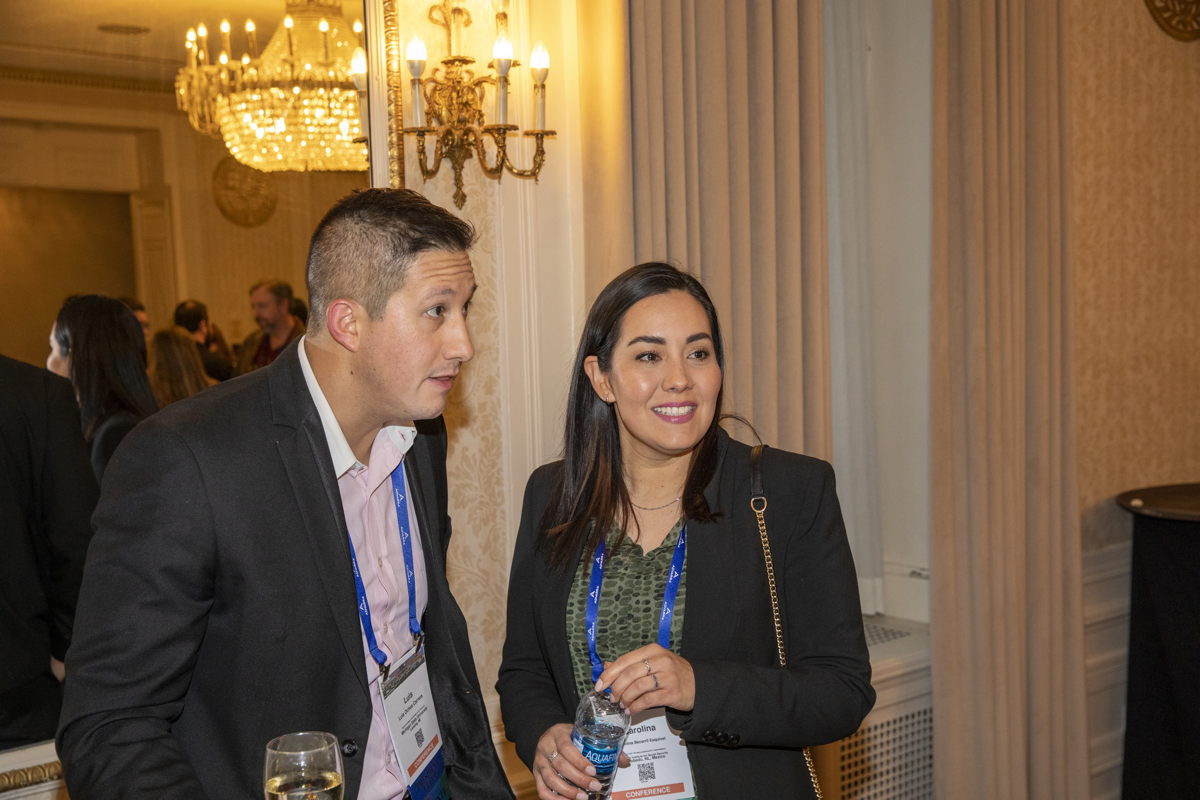
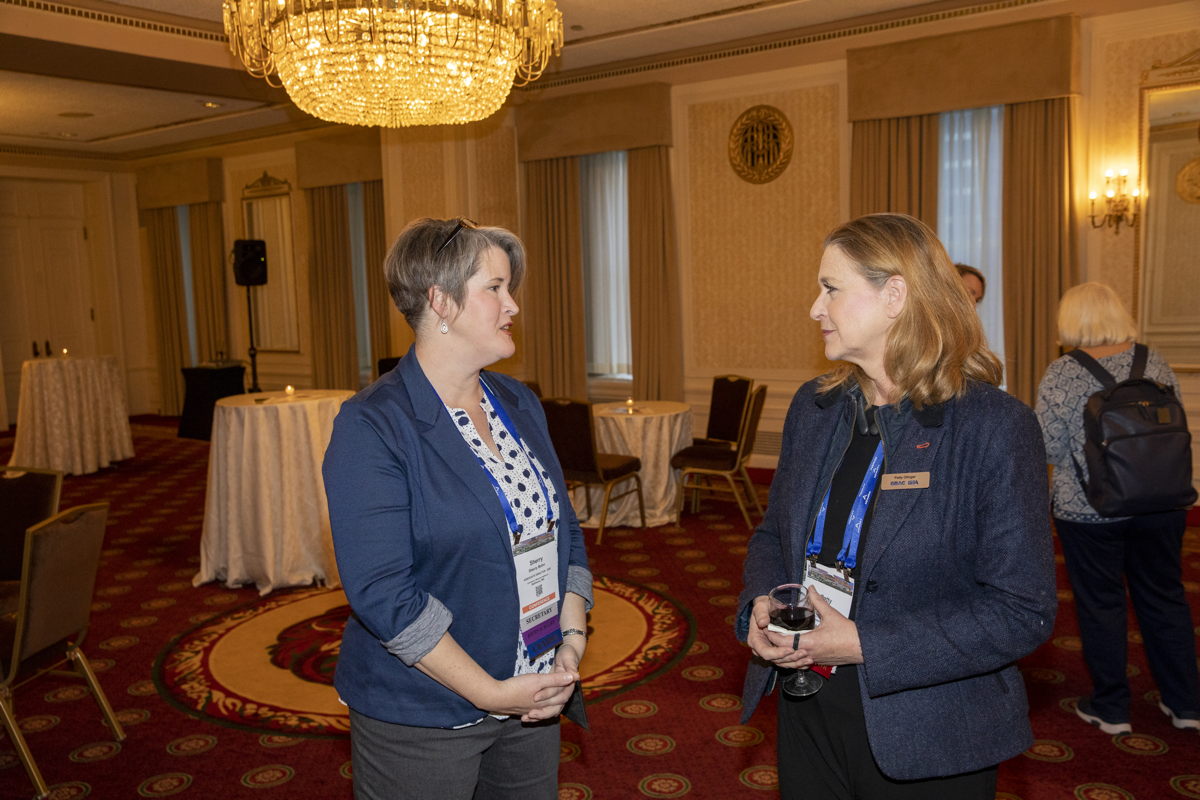
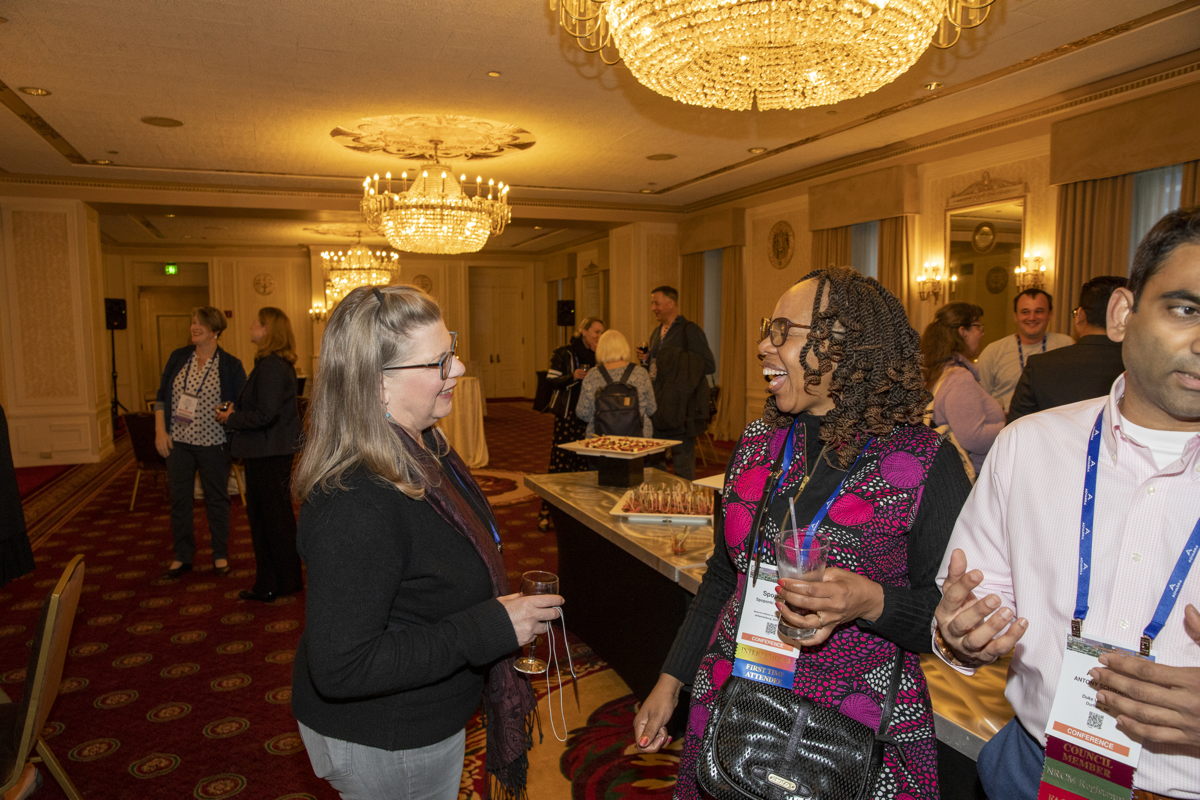
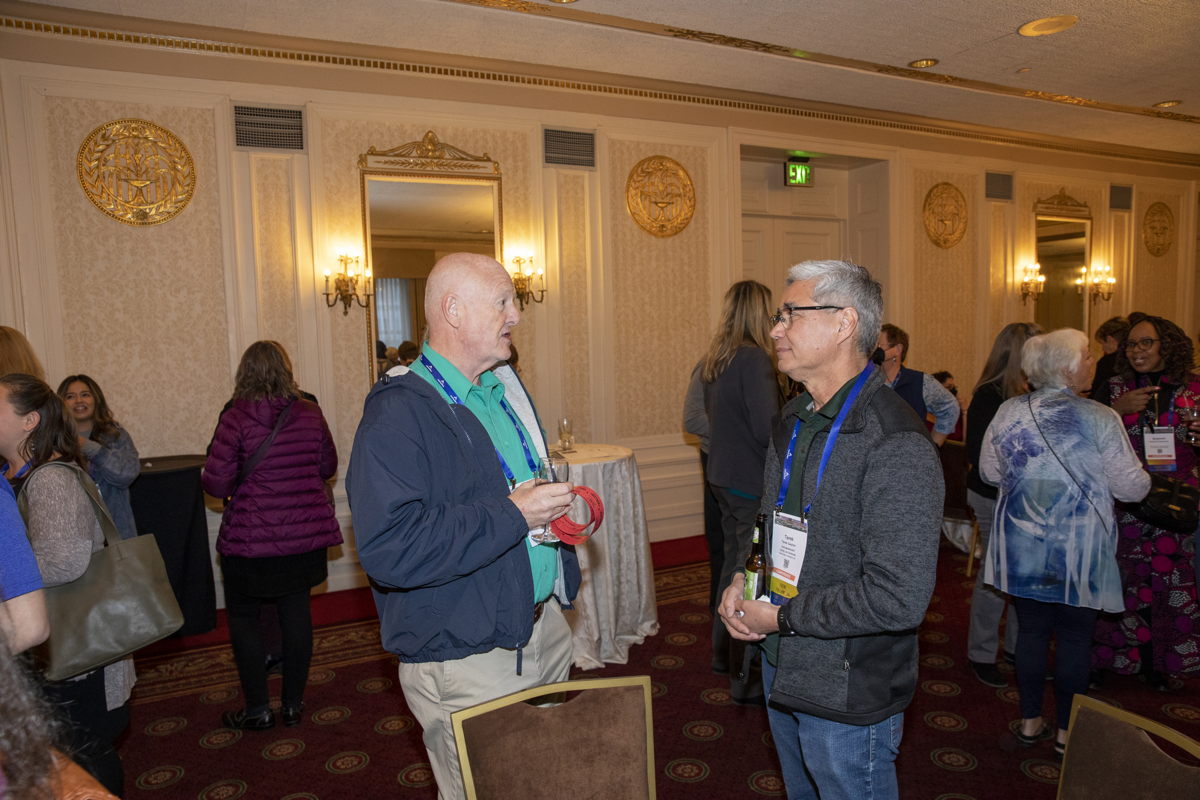
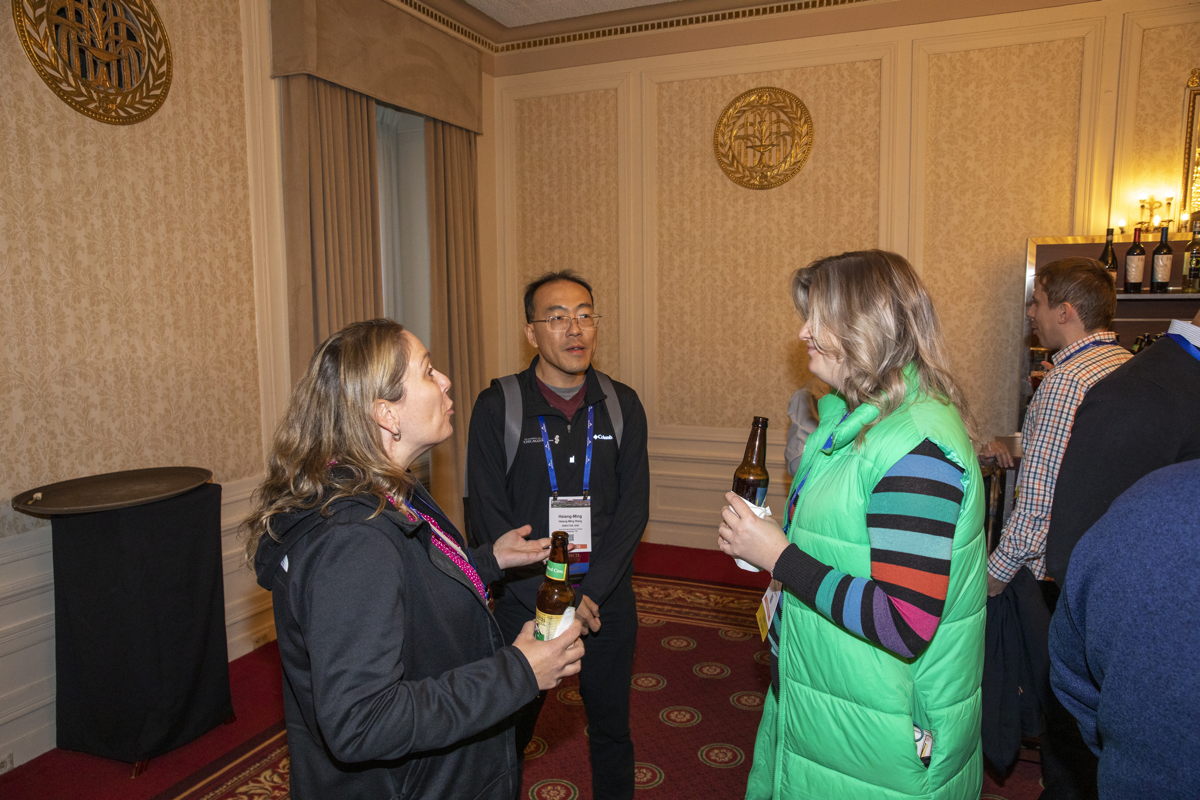
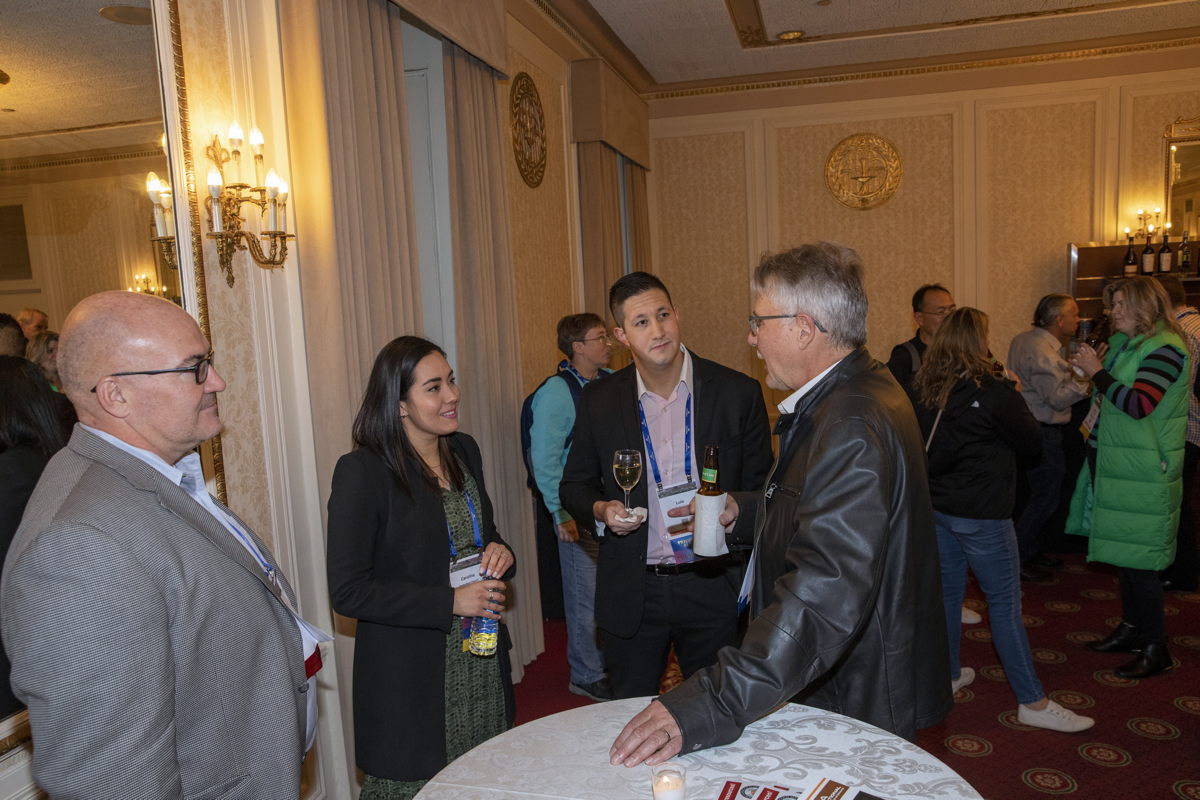
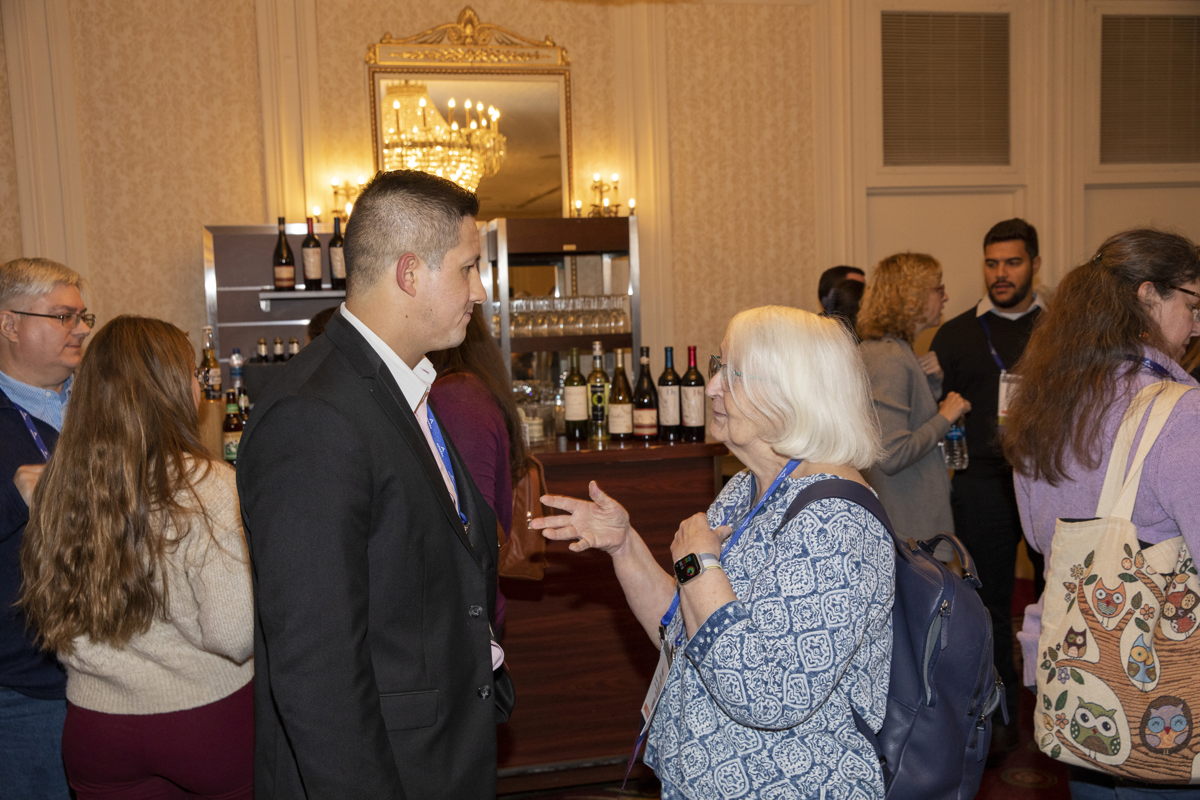
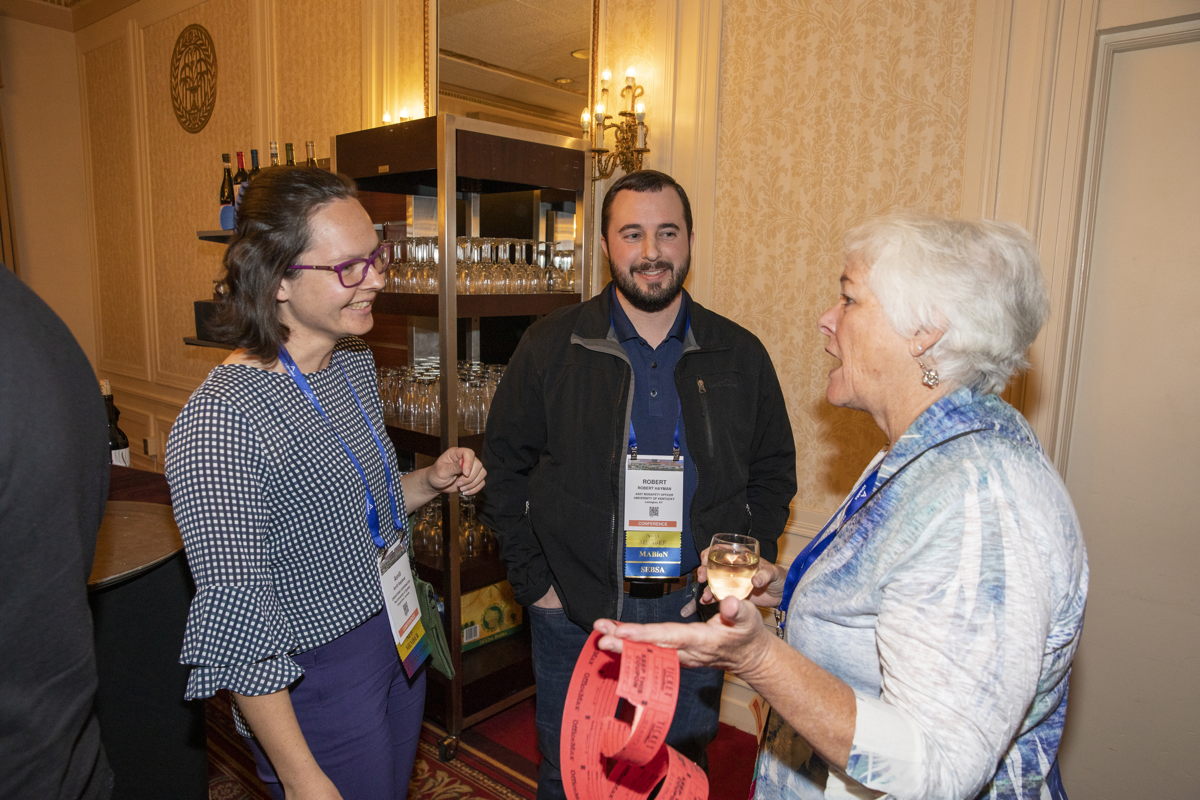
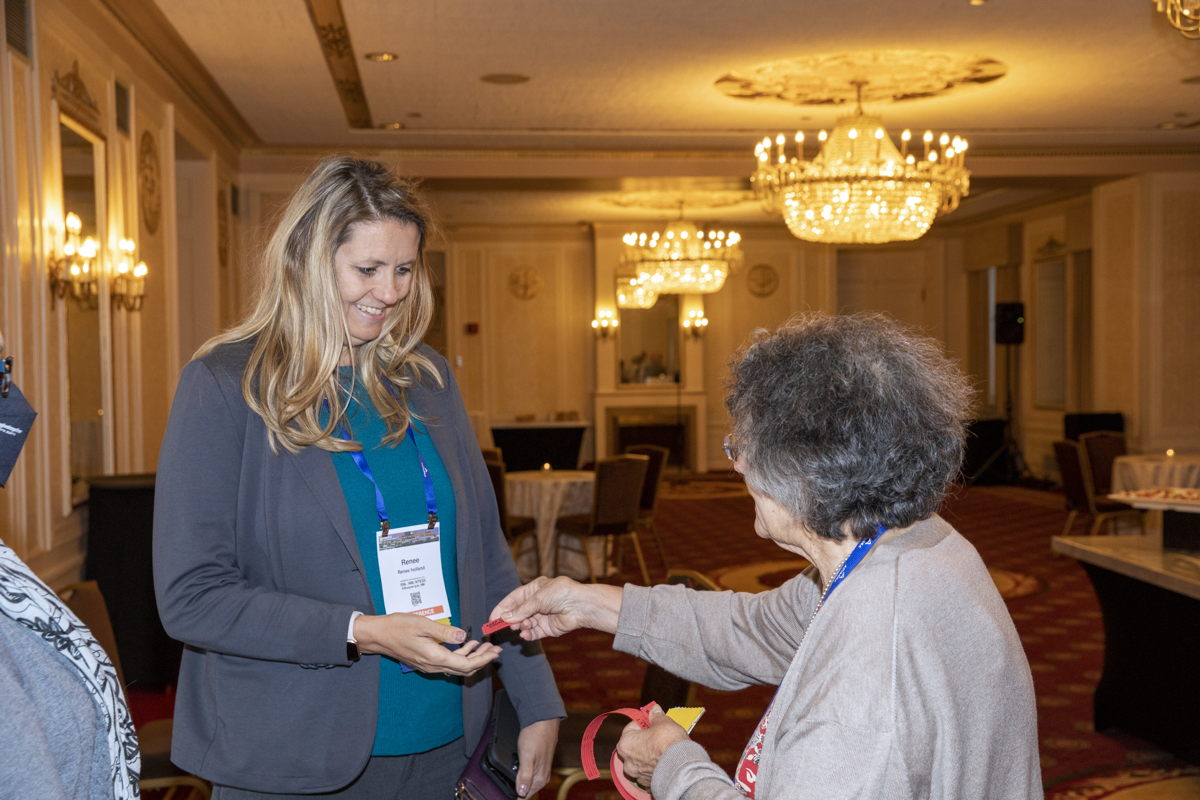
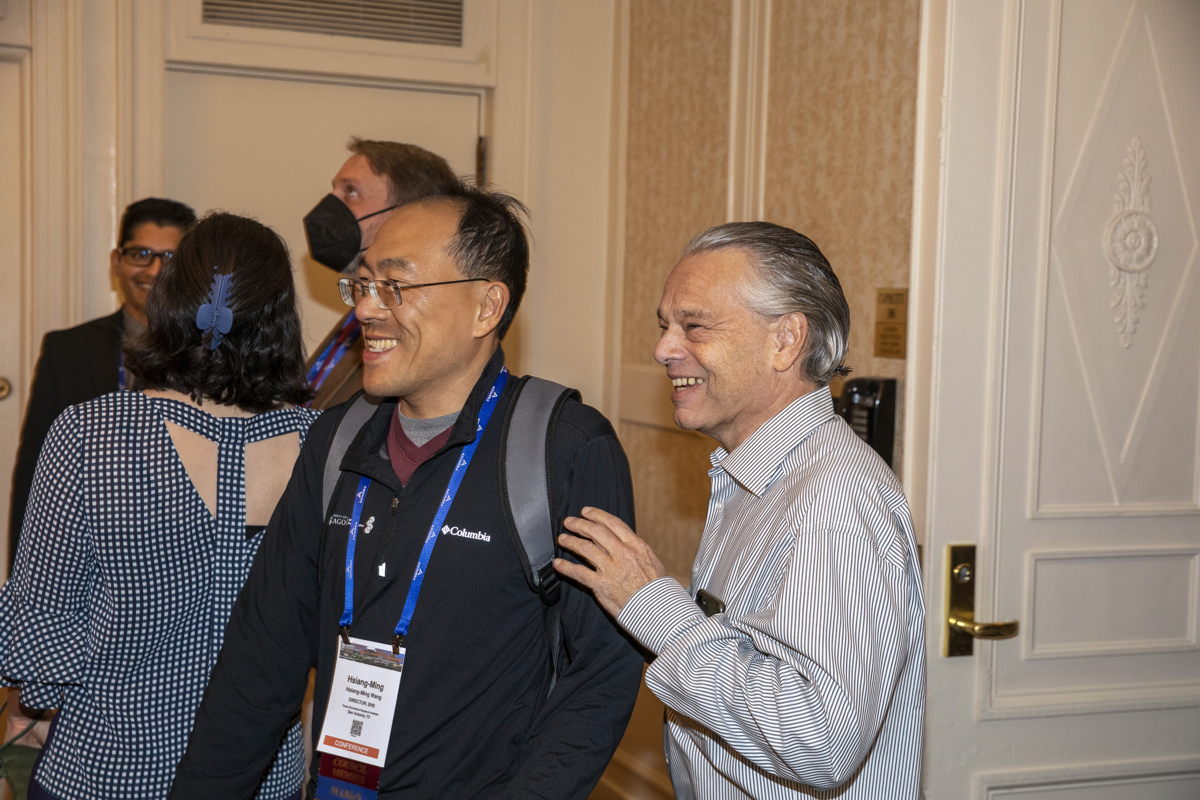

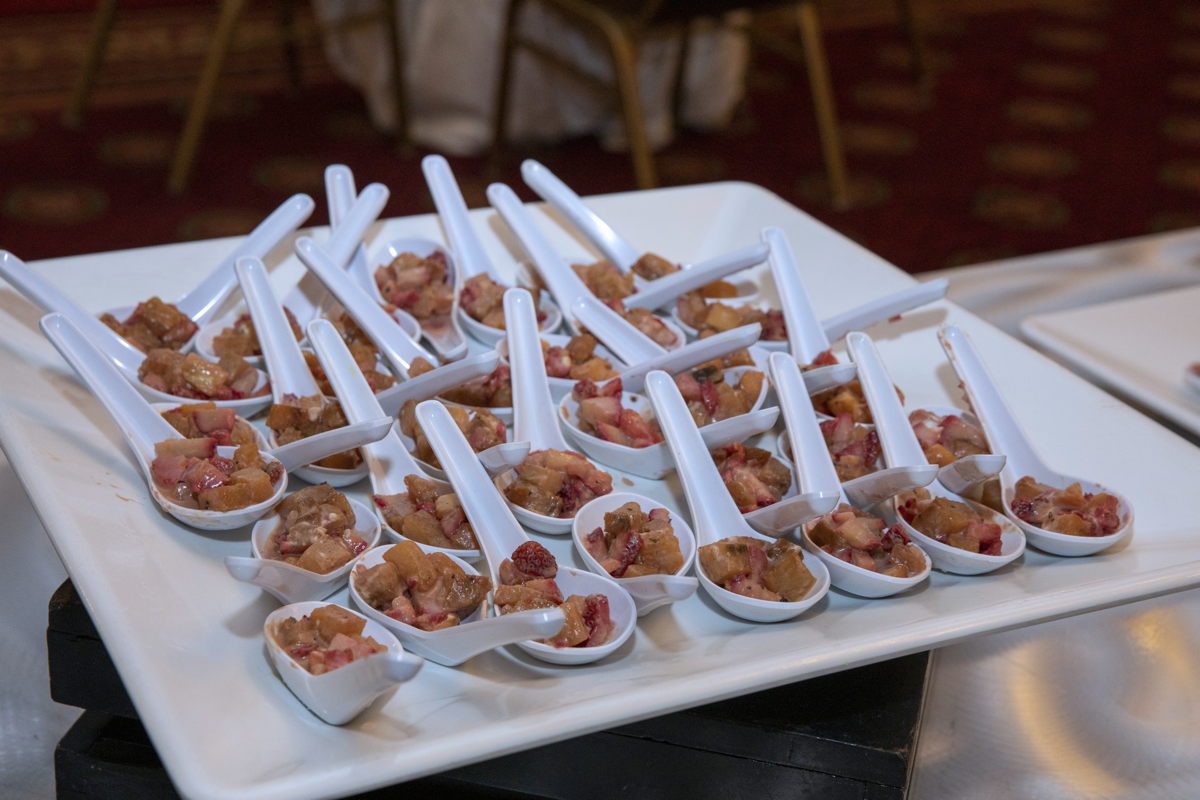
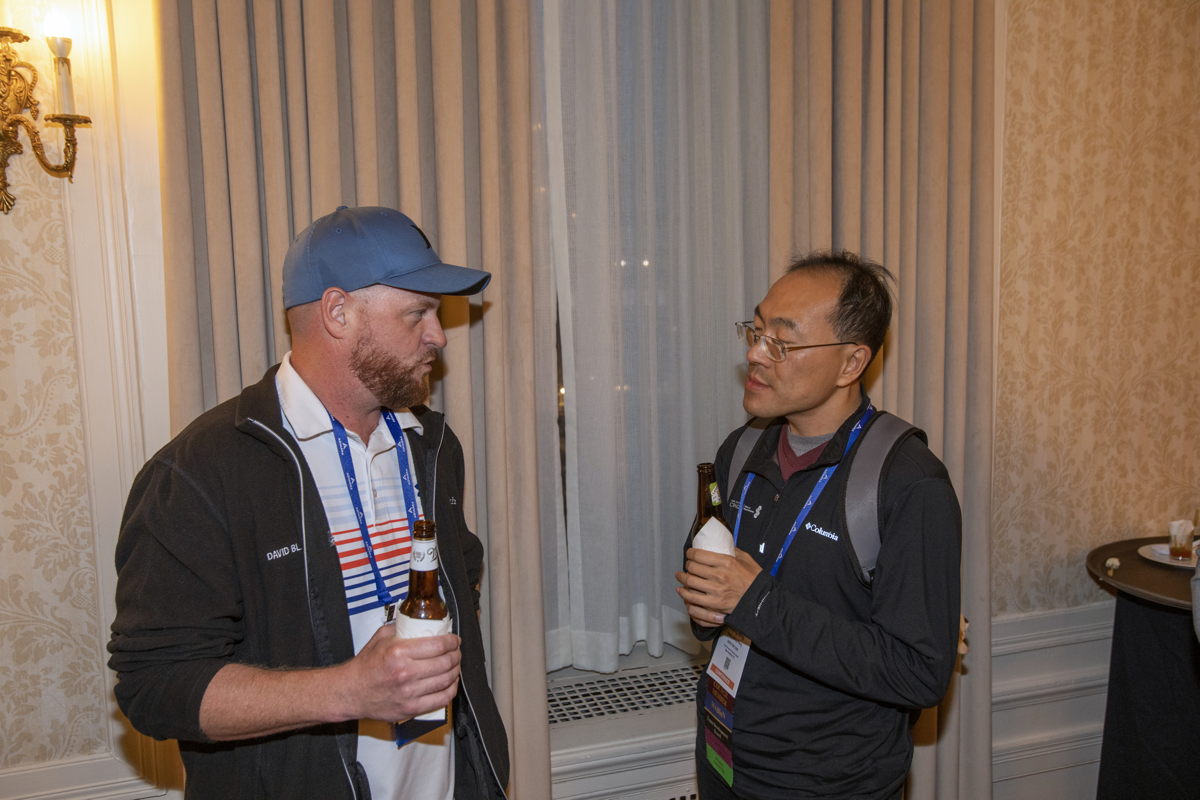
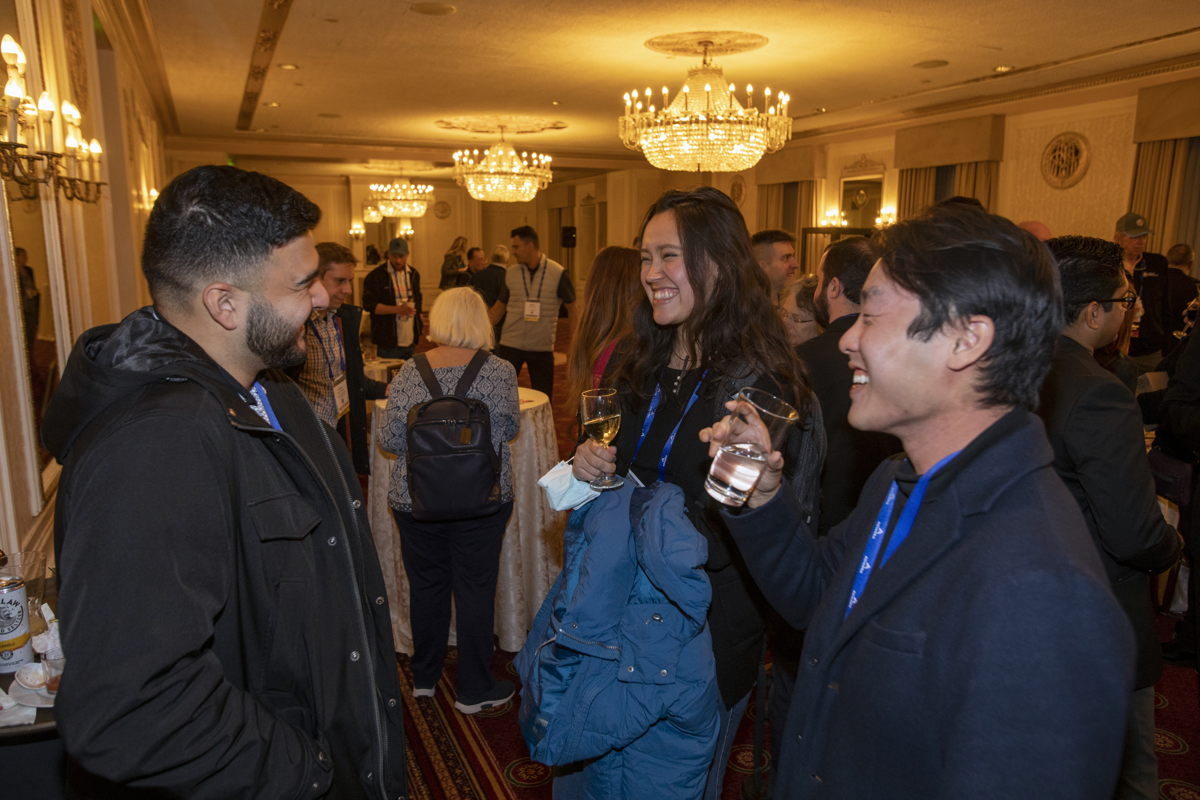
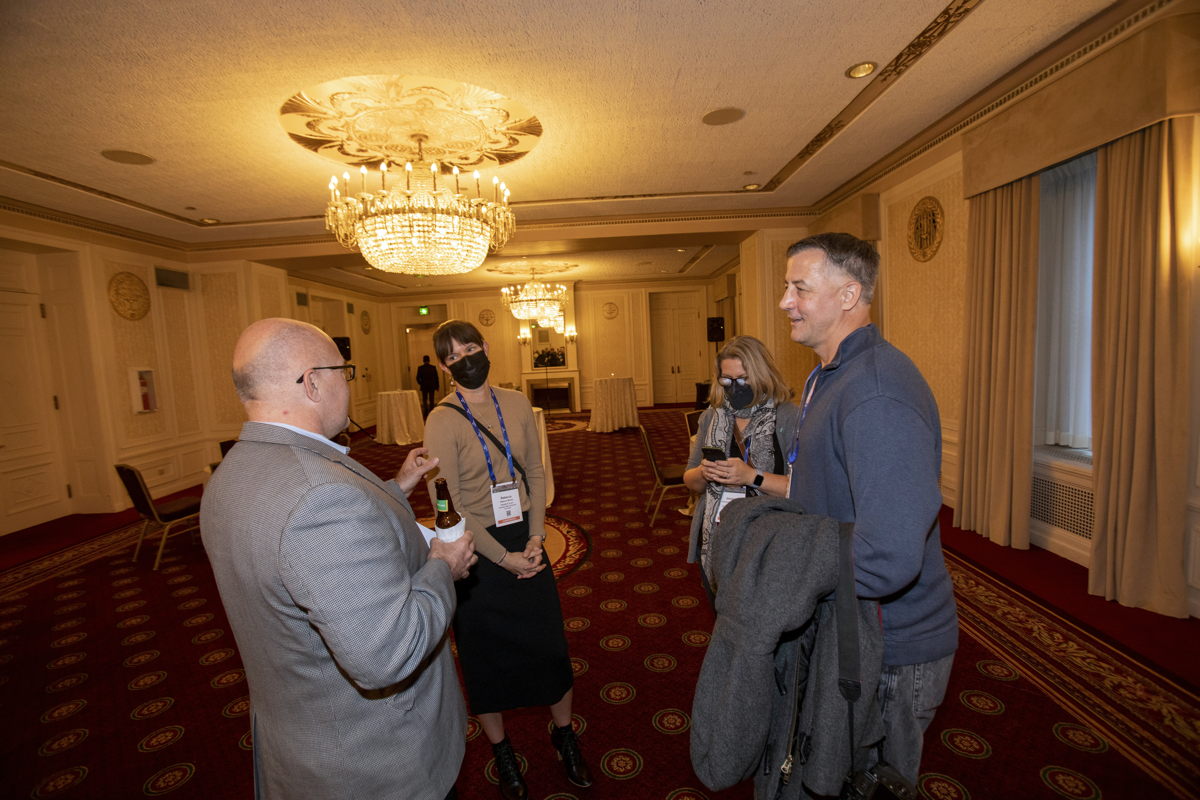
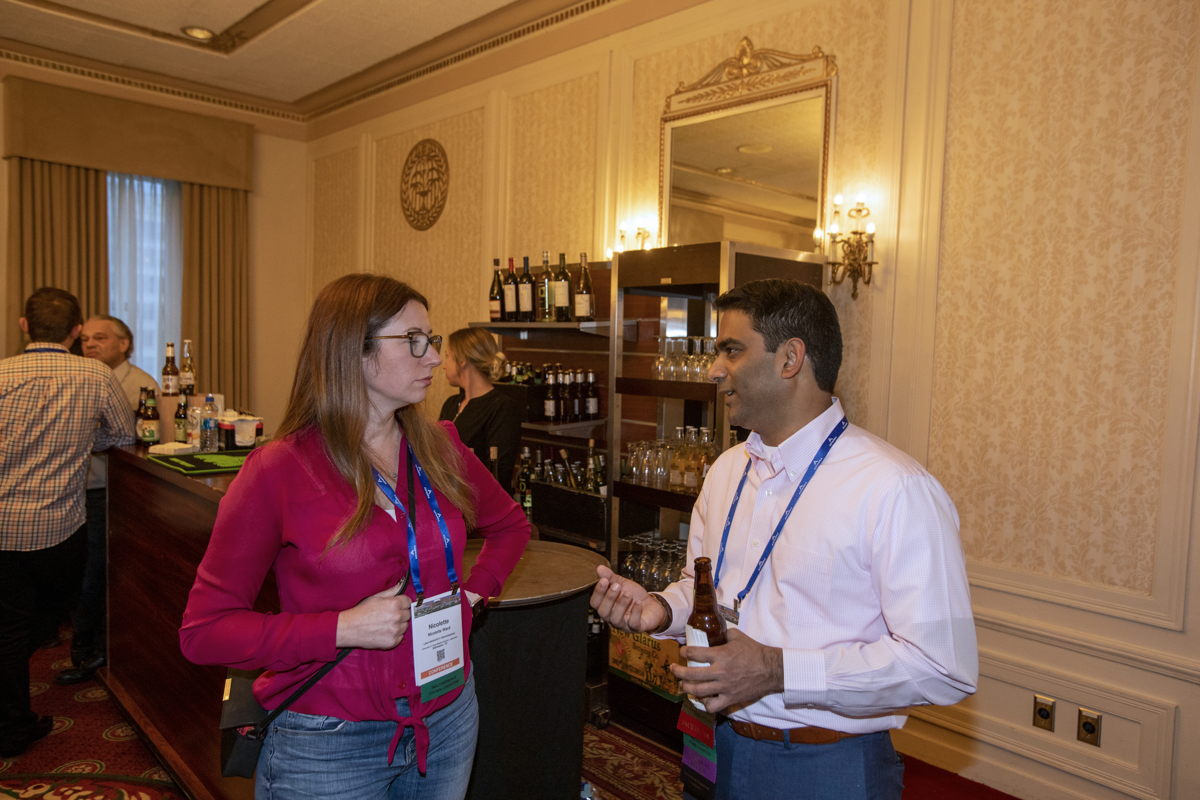
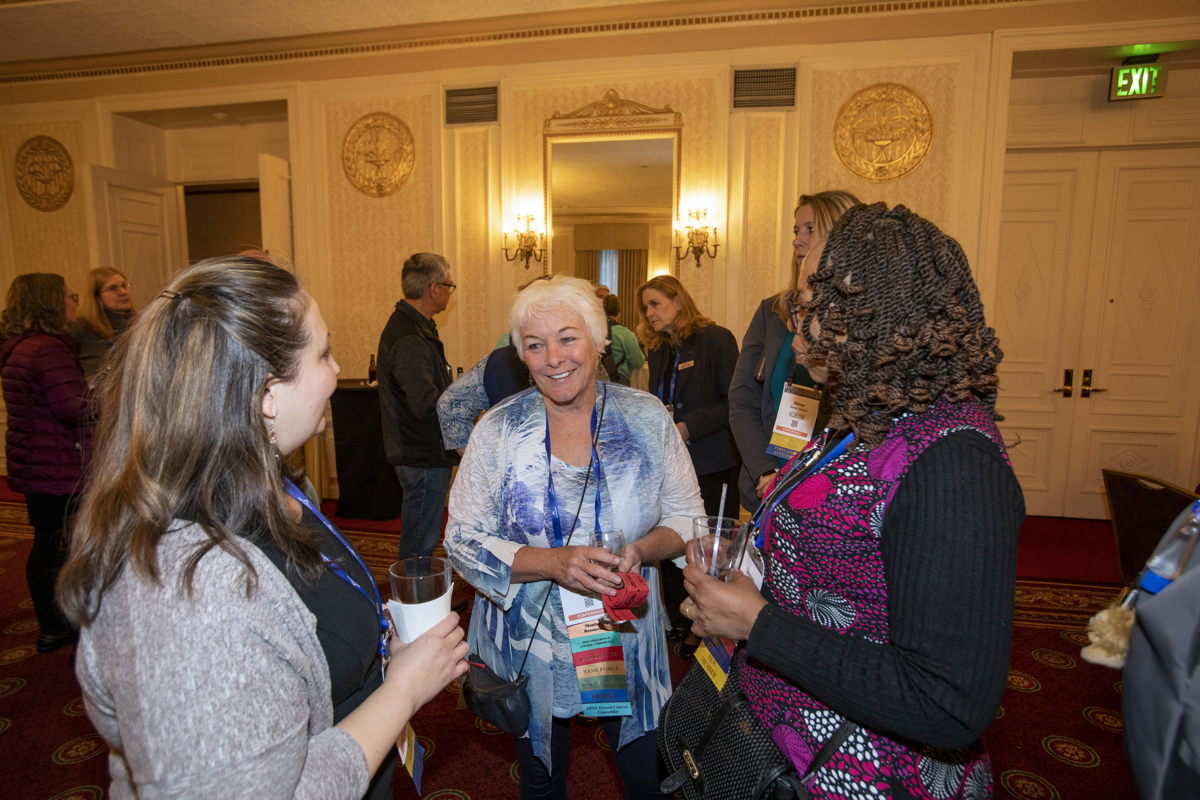
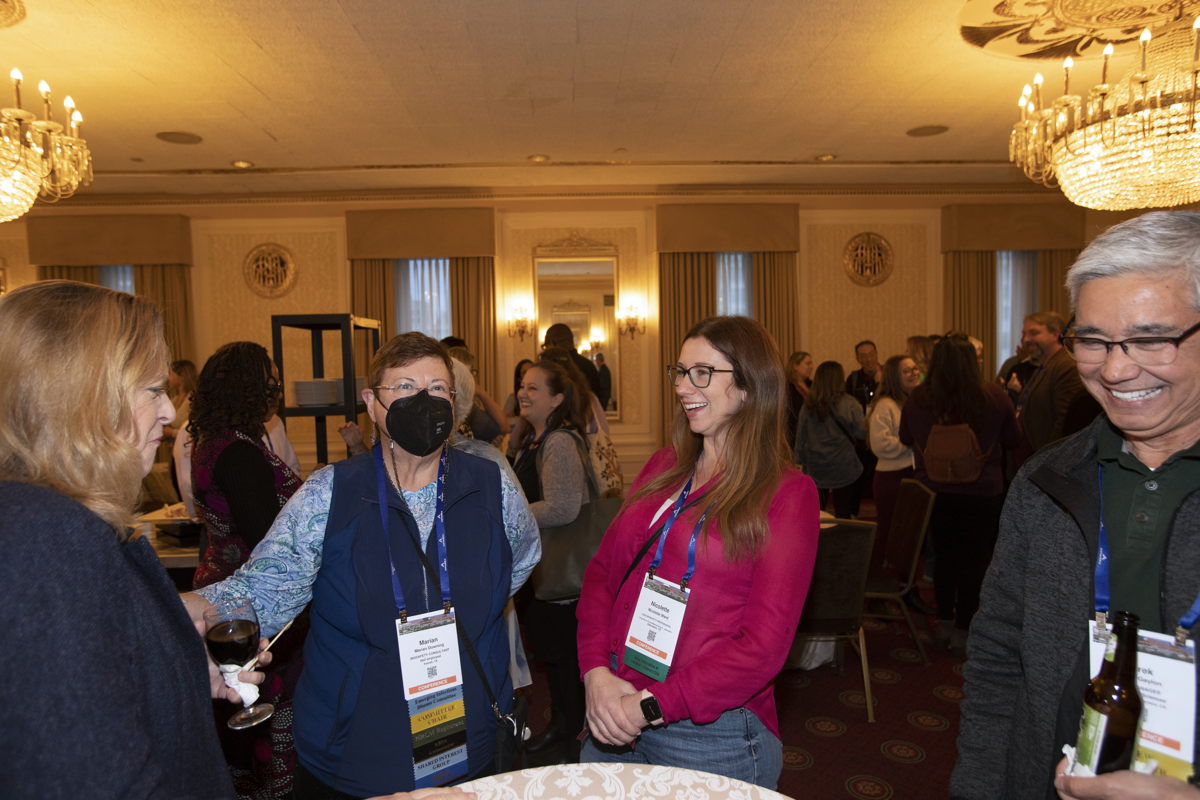
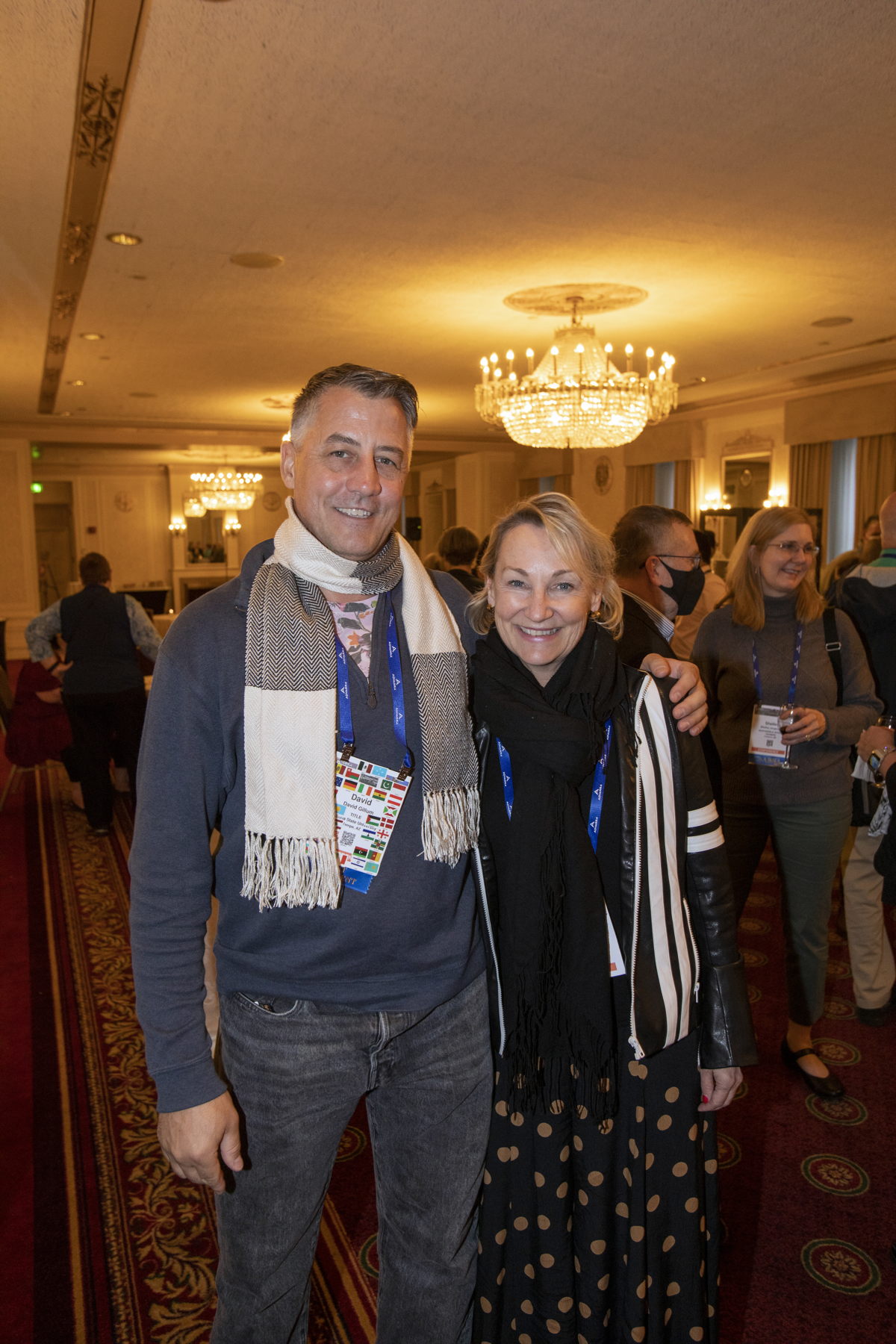
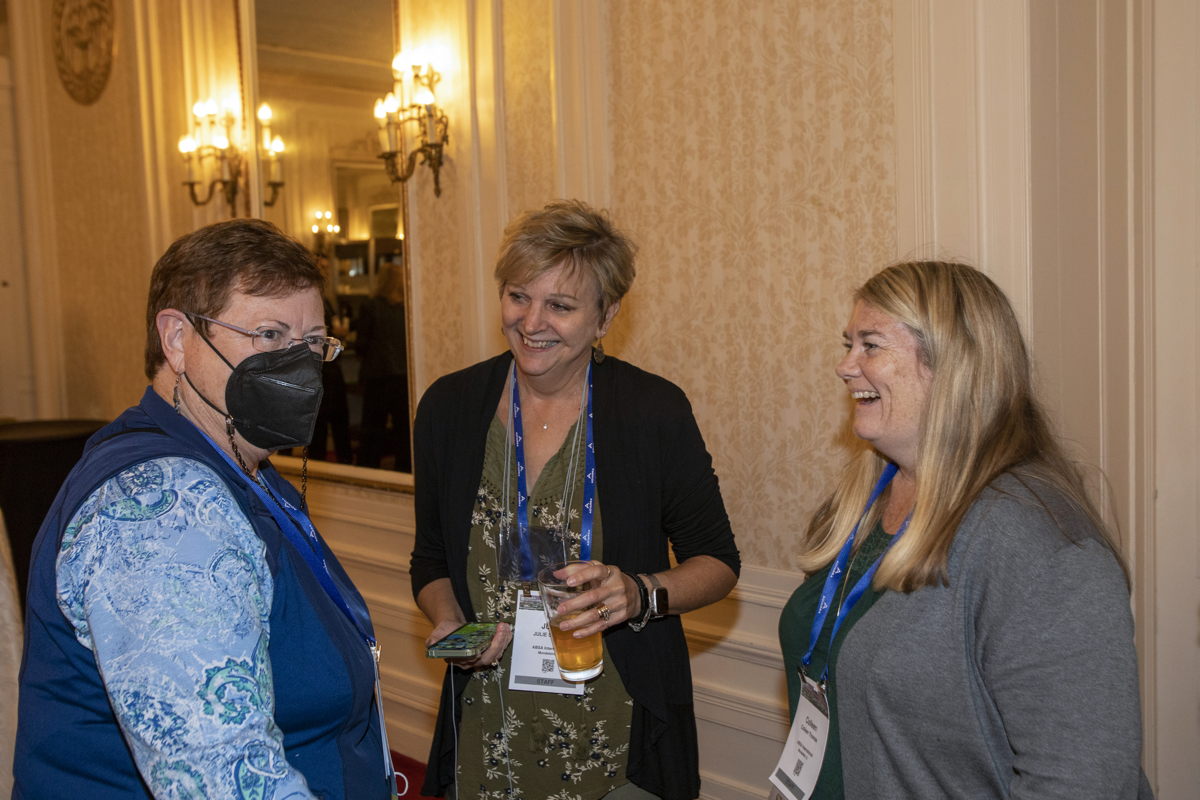
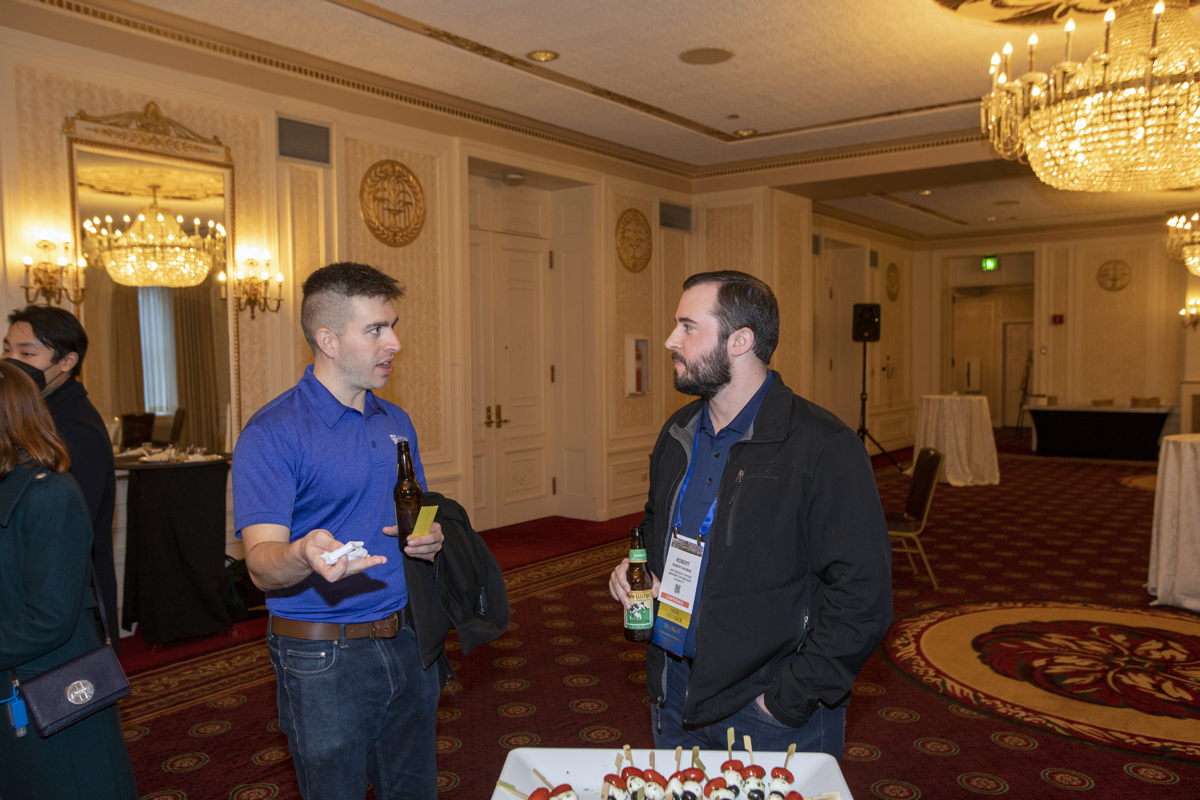
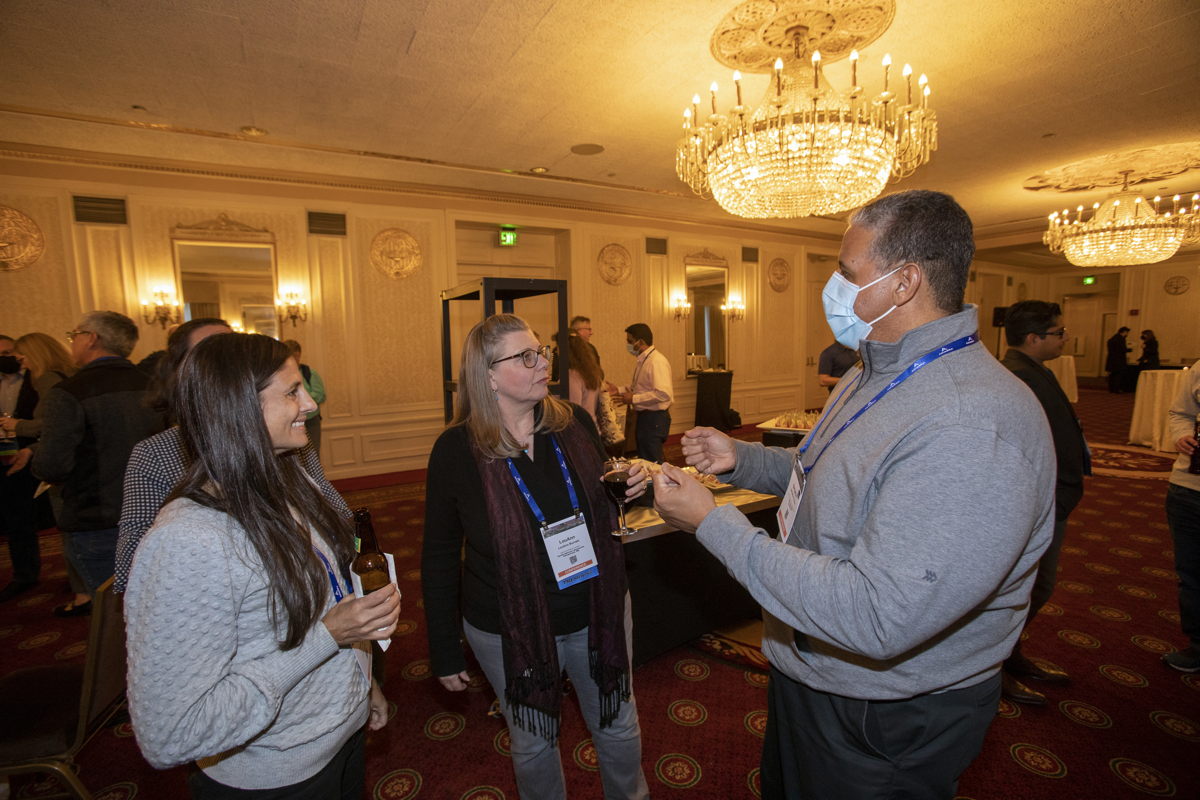
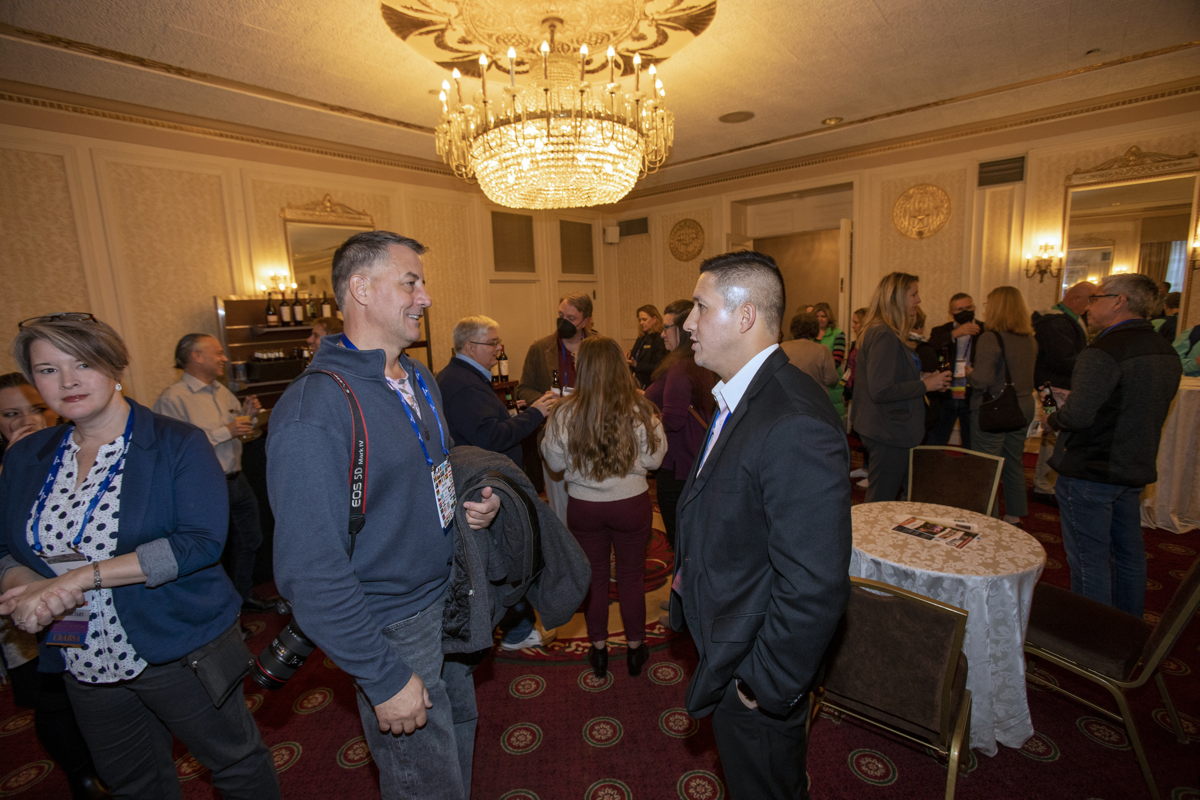
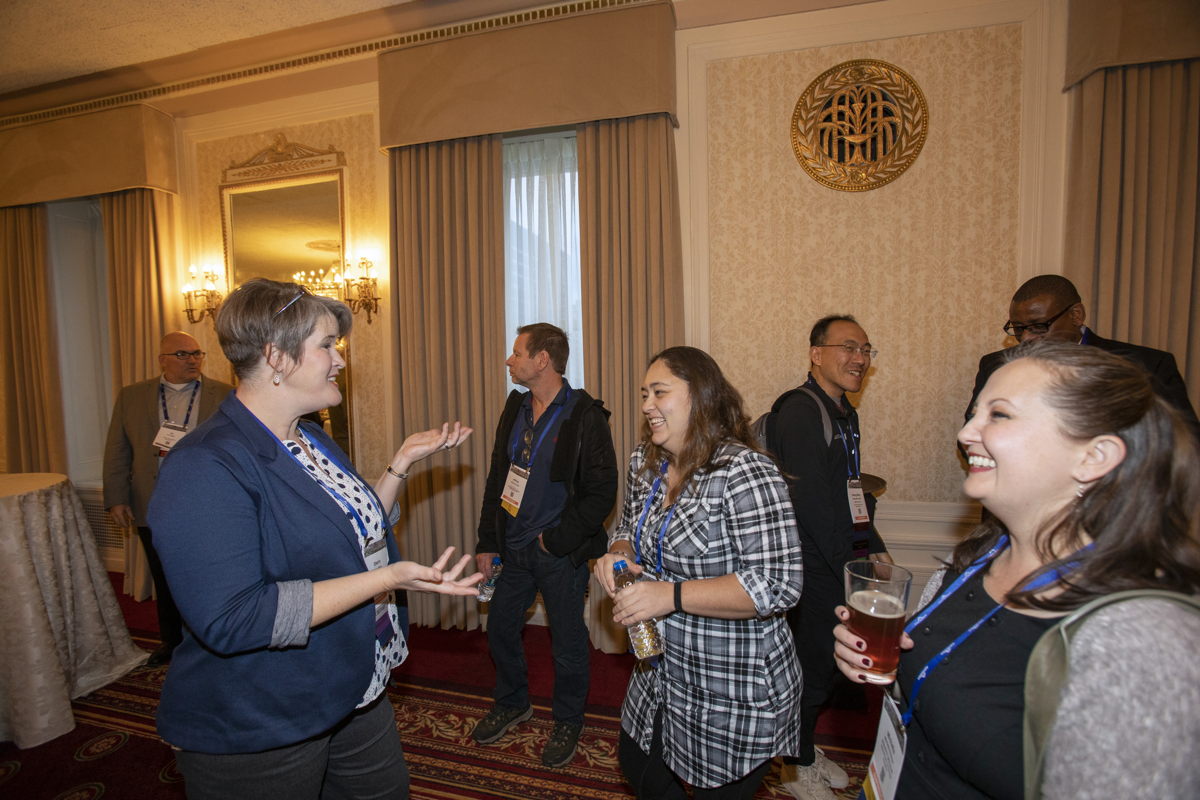
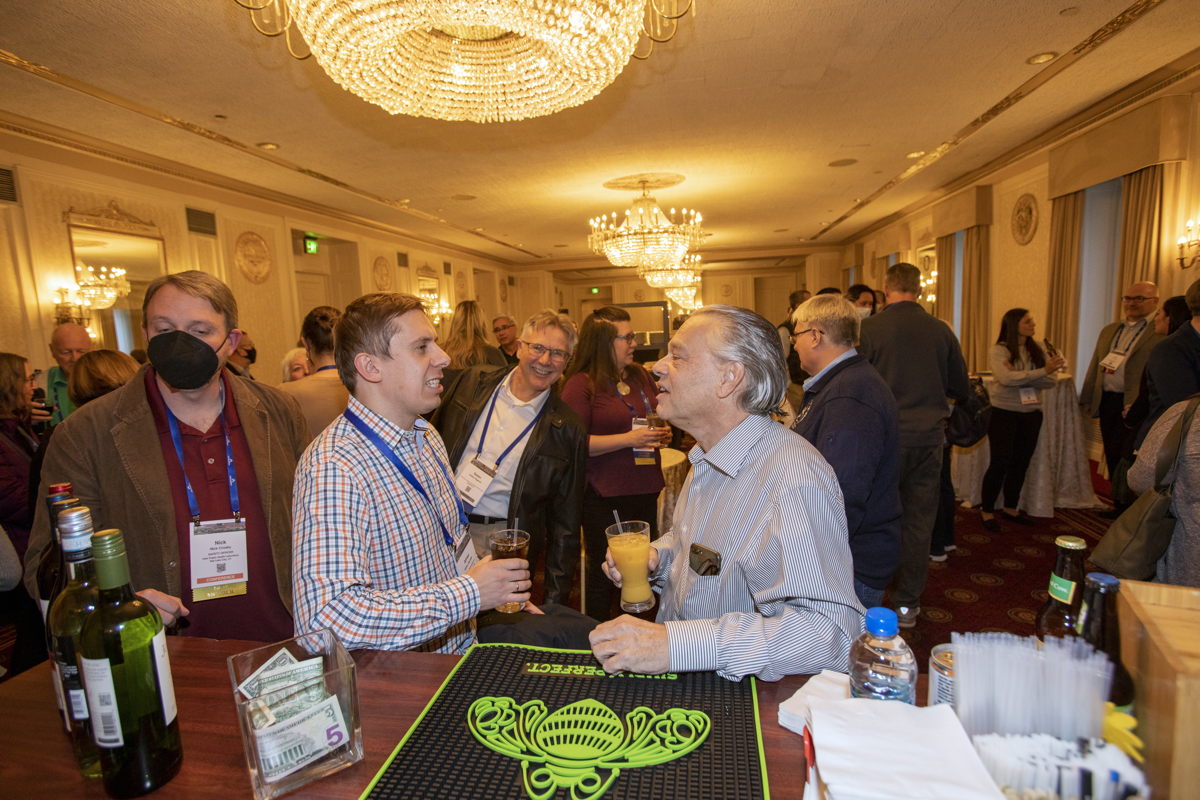
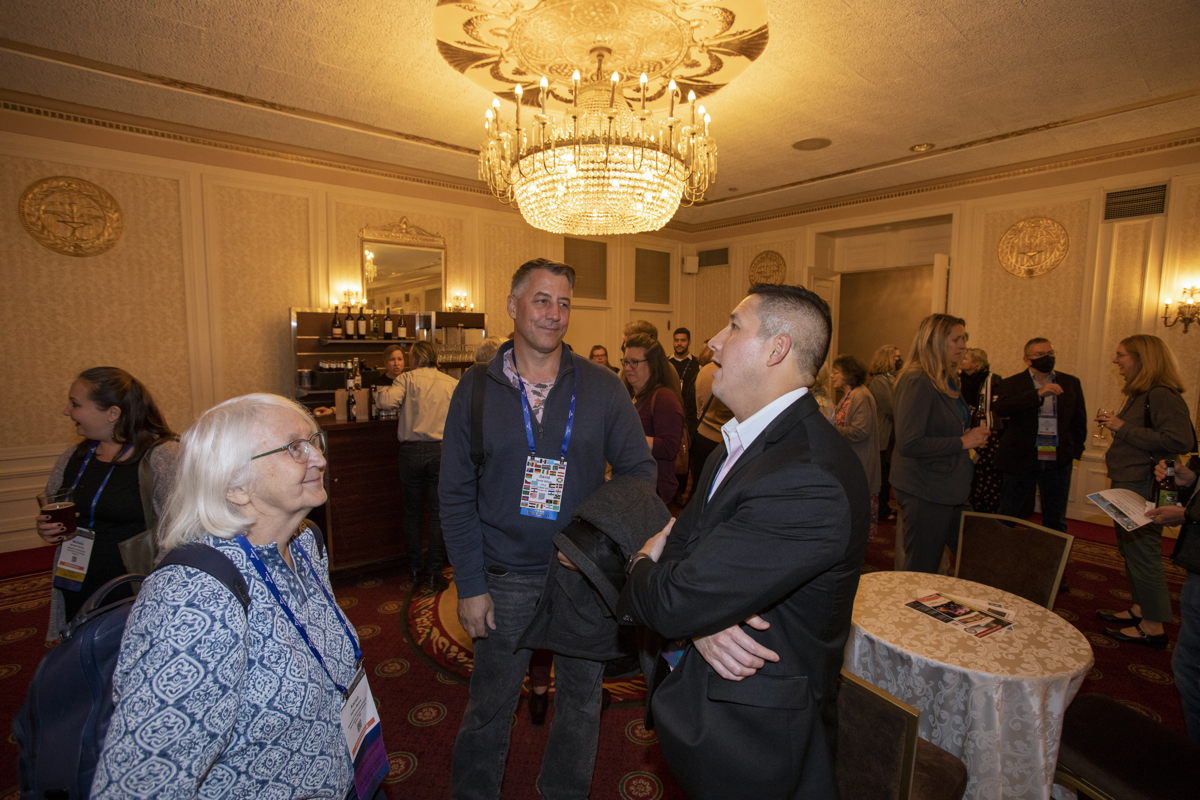
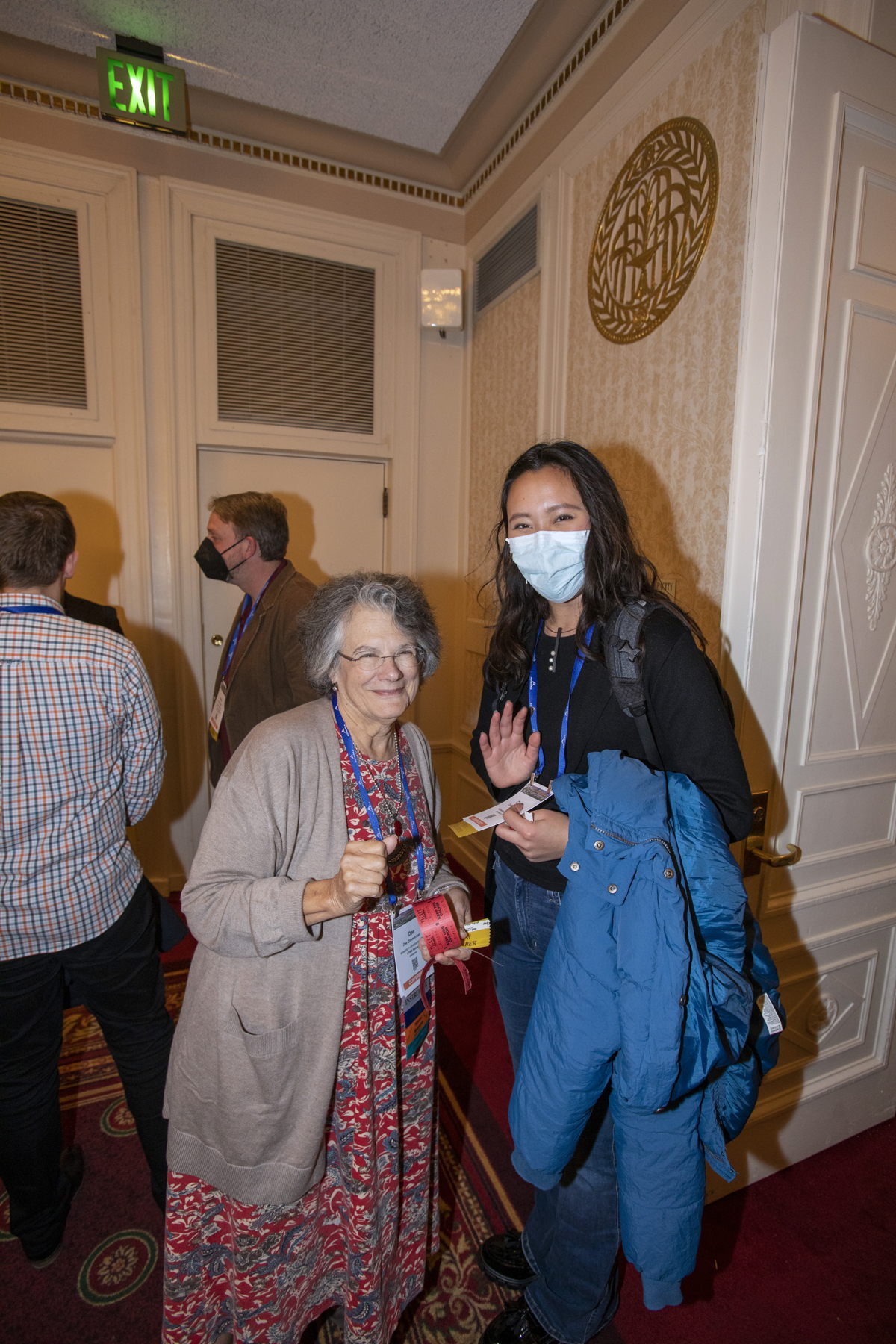
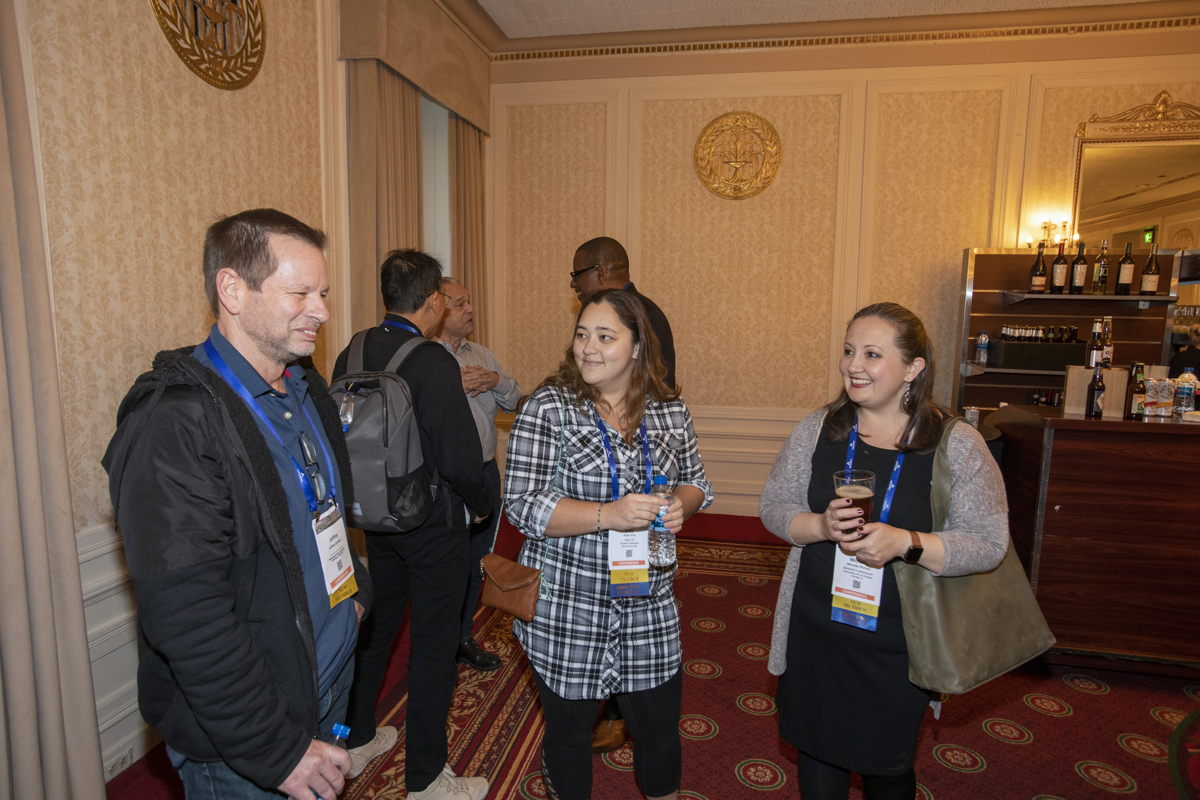
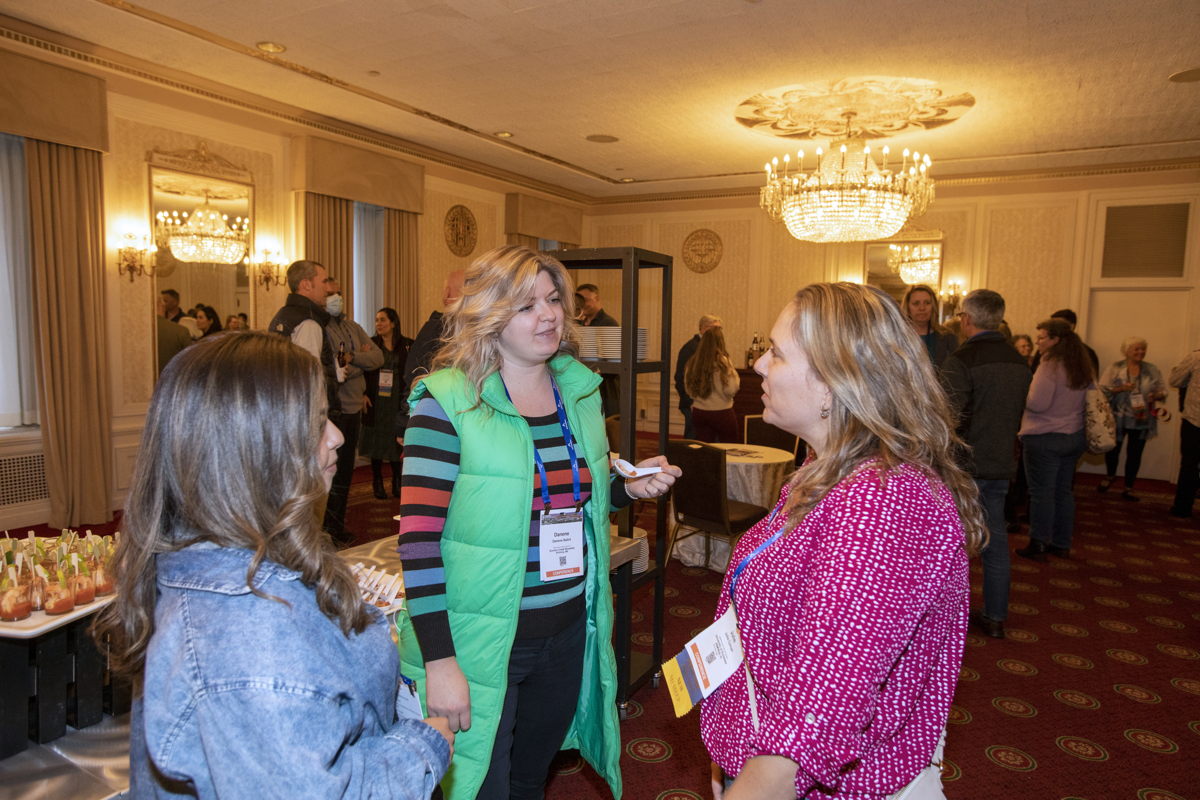
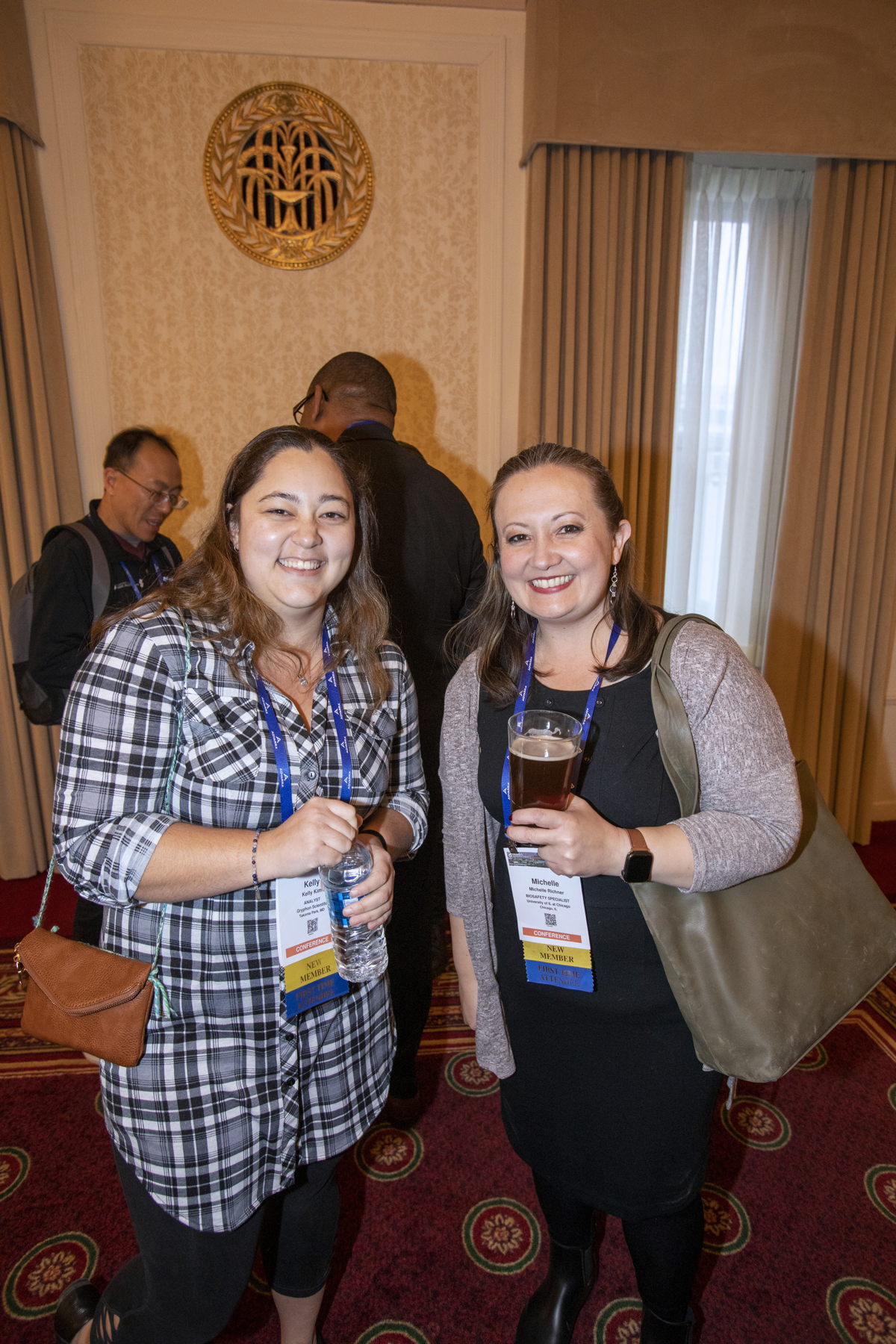
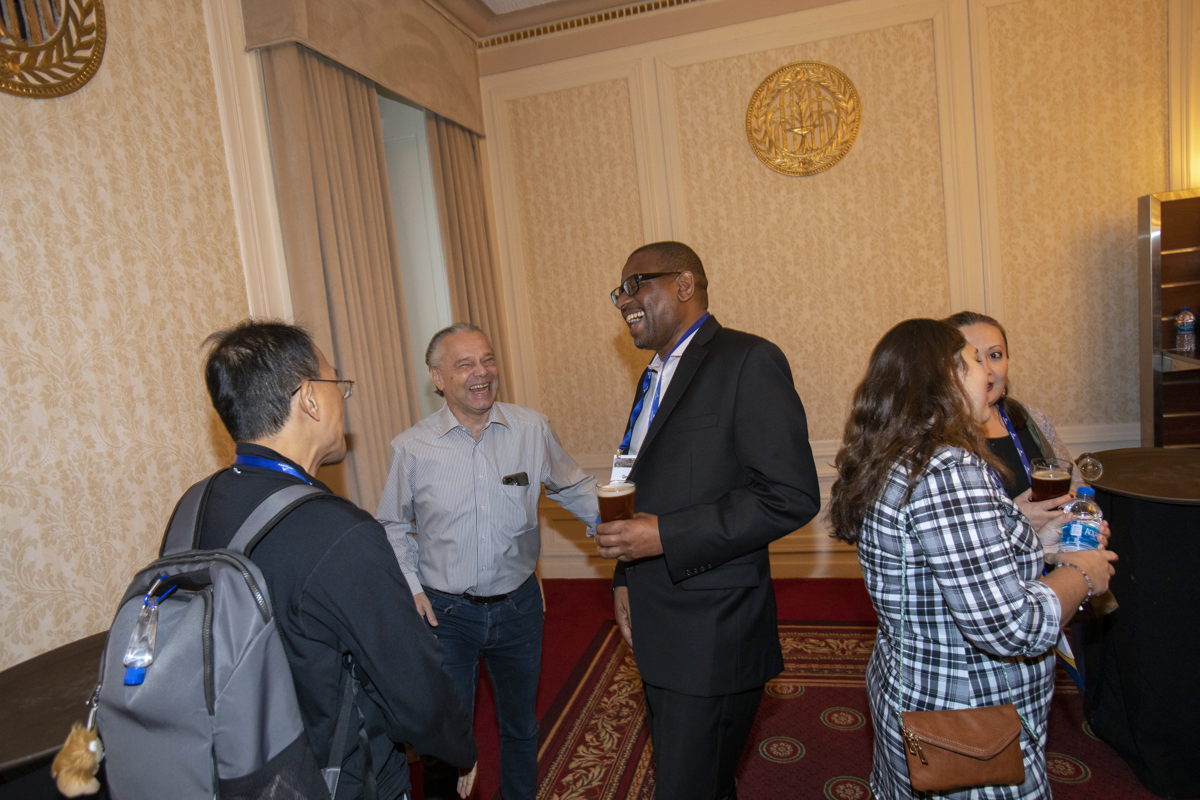
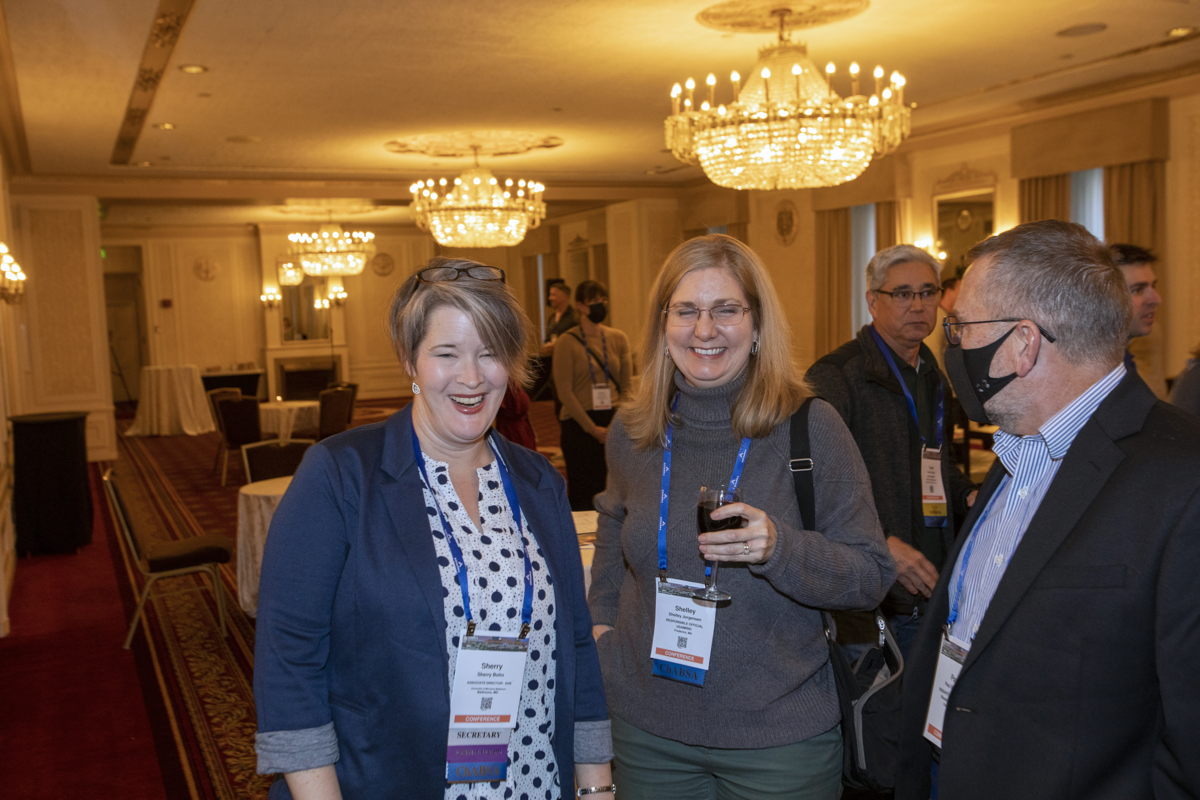
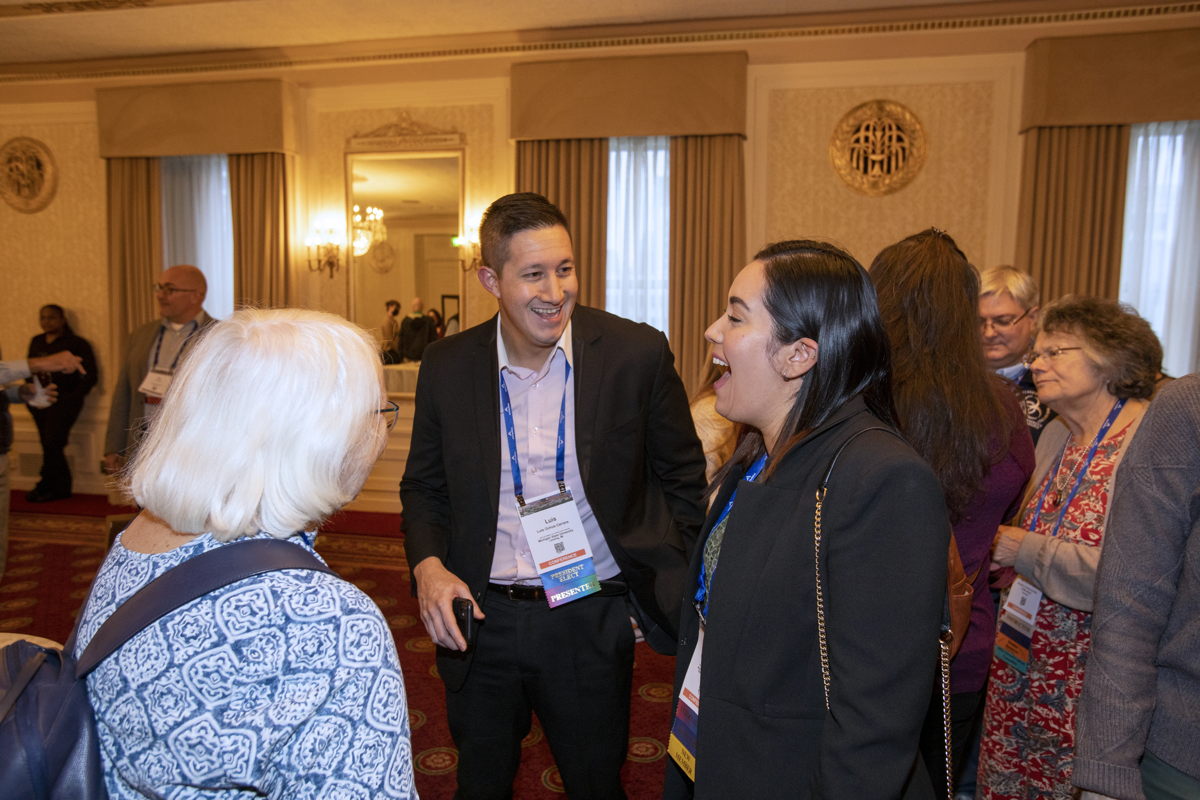
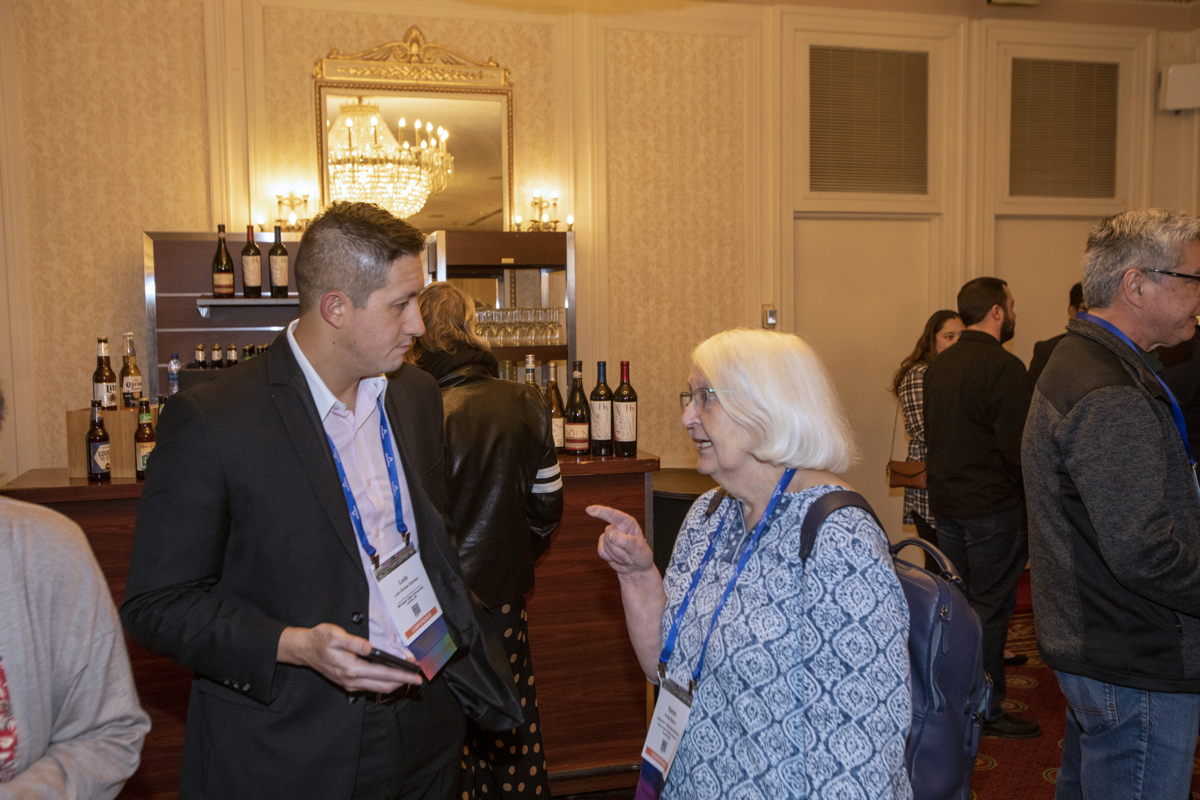
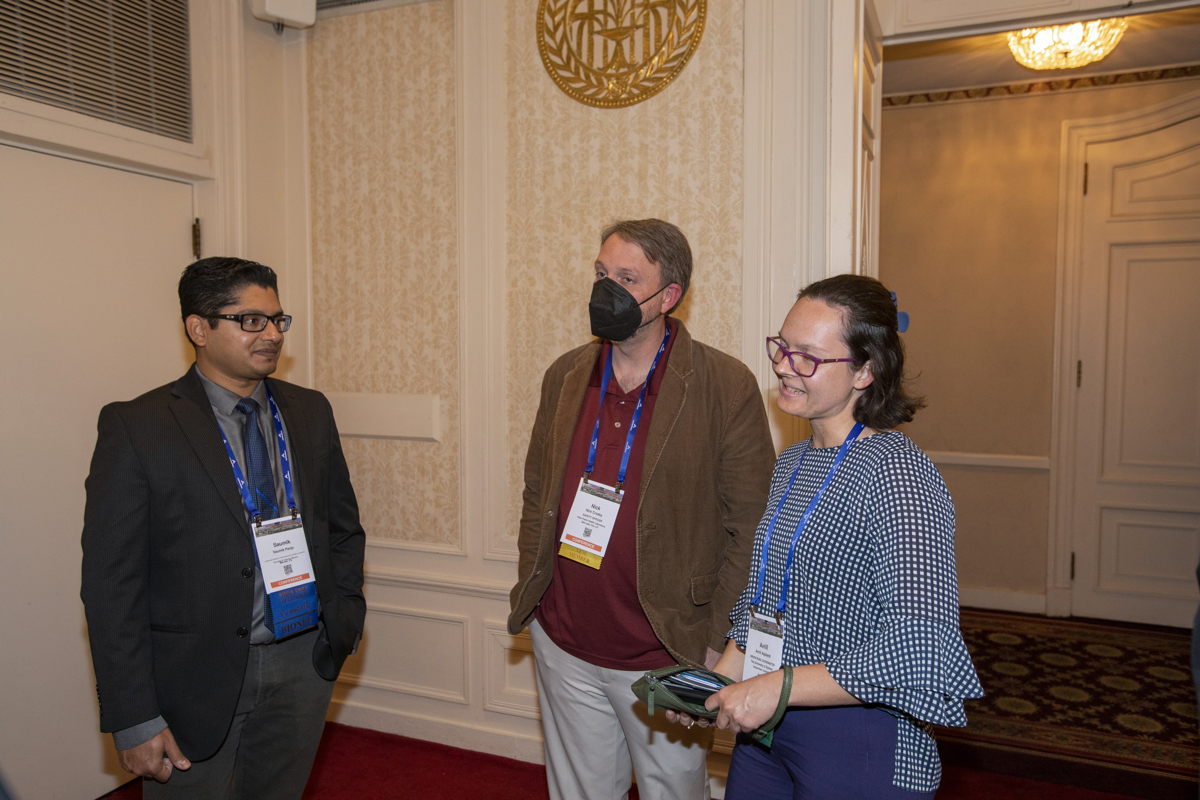
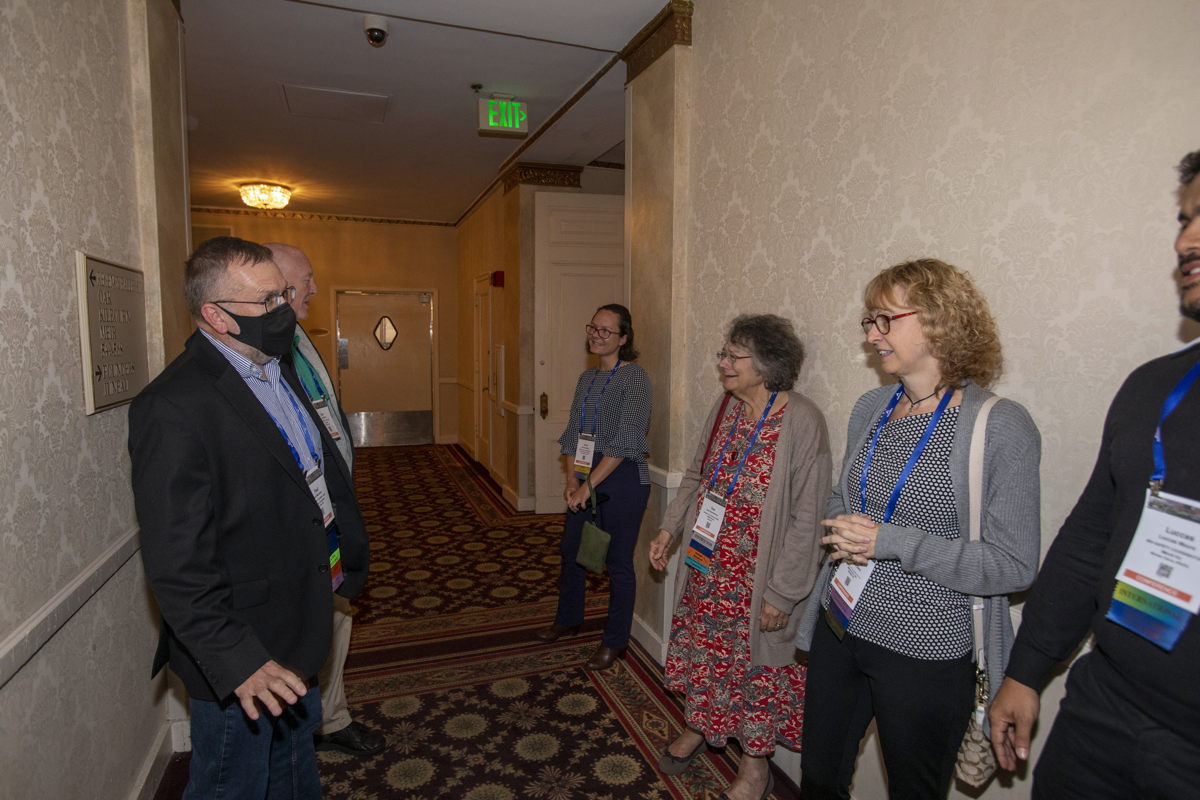
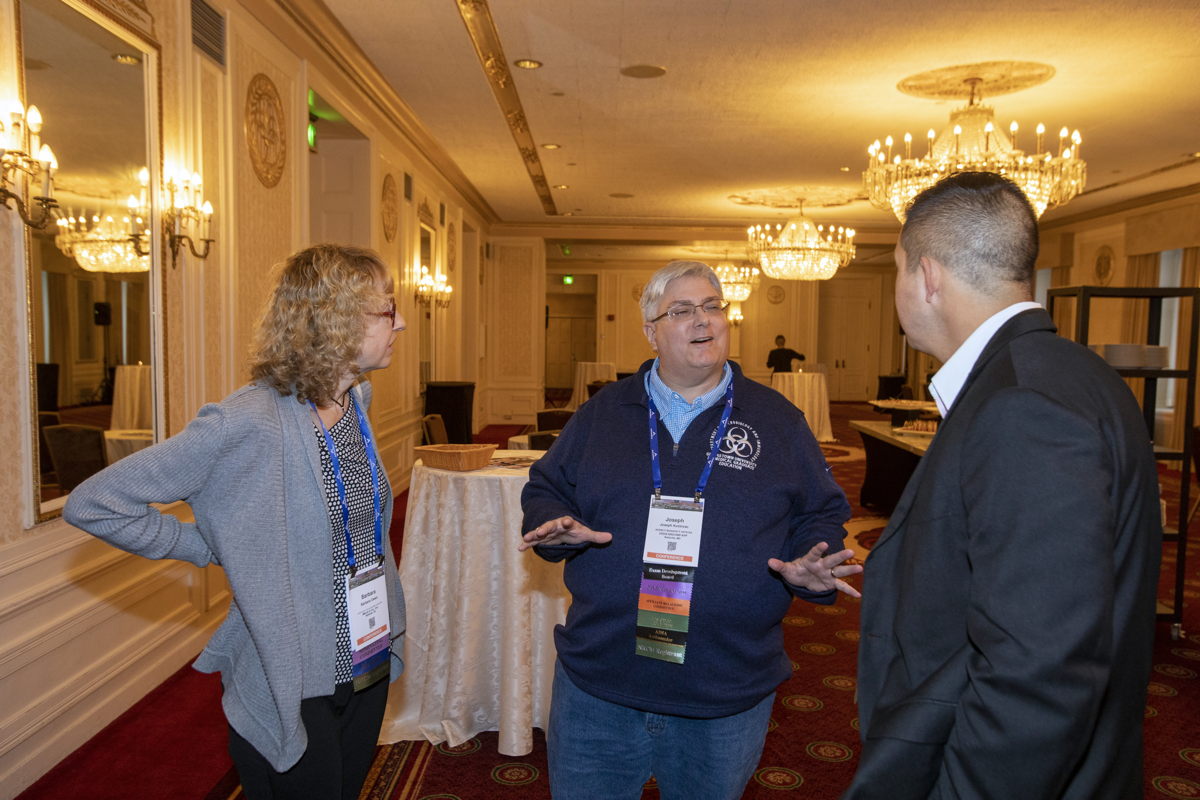
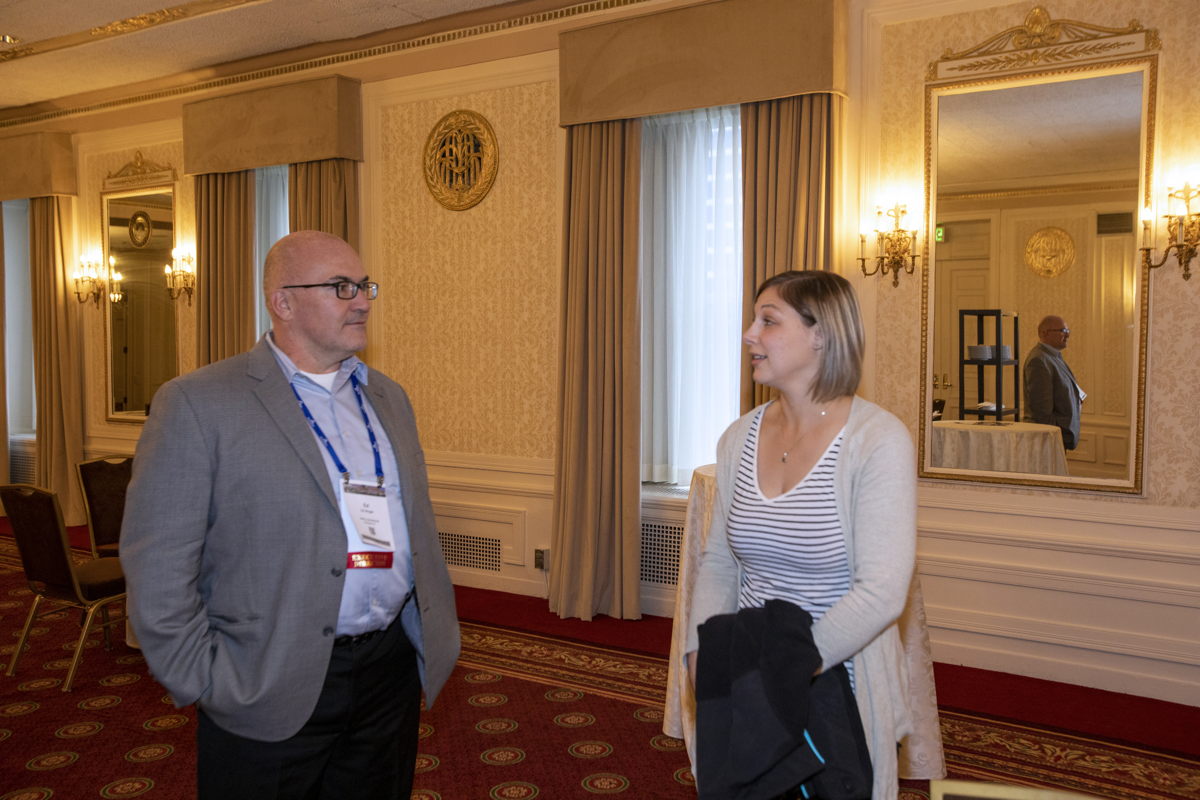
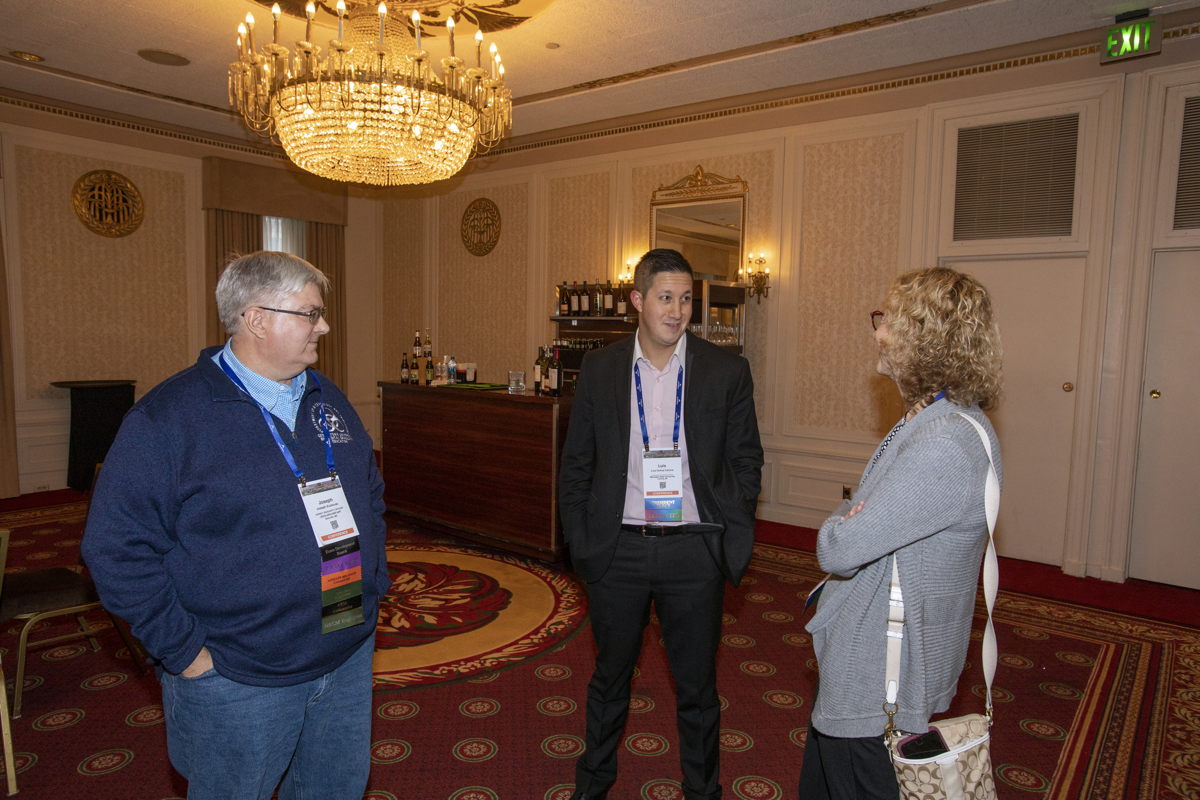
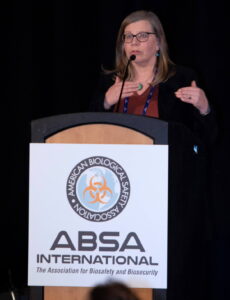


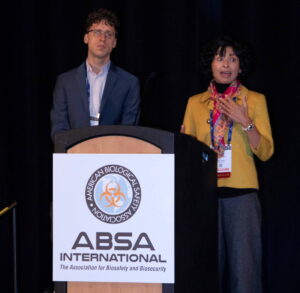
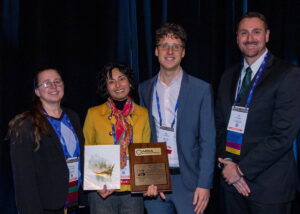
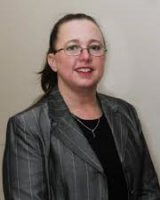


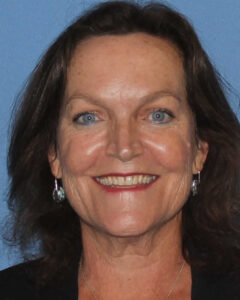 Darlene Ward, RBP works for Advarra as the Vice-Chair for the IBC Committee and is the Senior Facility Inspector. Before joining Advarra, she worked for over 28 years in the Higher Ed Environmental Health and Safety field as a Biosafety Officer and Responsible Official overseeing researchers working with infectious diseases, recombinant DNA and select agents. She has a BS in Environmental Science from Florida State University and has been a member of ABSA for over 20 years serving on the Scientific Program and Preconference Course Committees.
Darlene Ward, RBP works for Advarra as the Vice-Chair for the IBC Committee and is the Senior Facility Inspector. Before joining Advarra, she worked for over 28 years in the Higher Ed Environmental Health and Safety field as a Biosafety Officer and Responsible Official overseeing researchers working with infectious diseases, recombinant DNA and select agents. She has a BS in Environmental Science from Florida State University and has been a member of ABSA for over 20 years serving on the Scientific Program and Preconference Course Committees.
